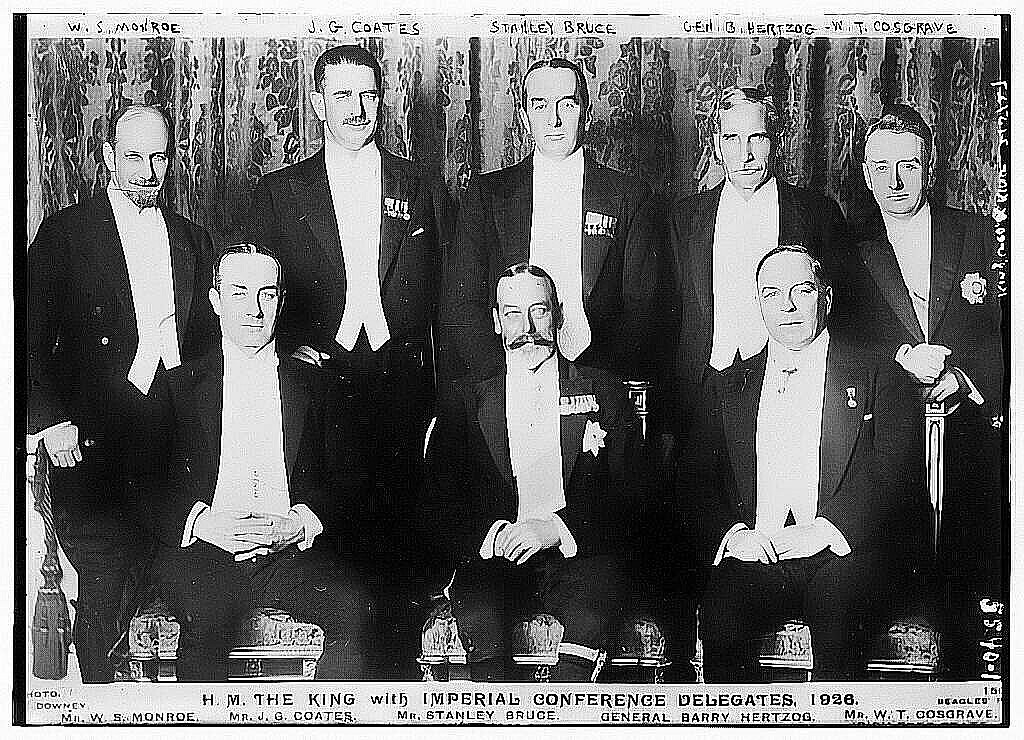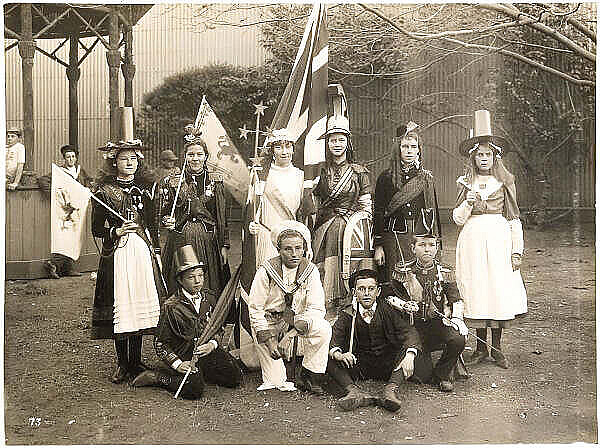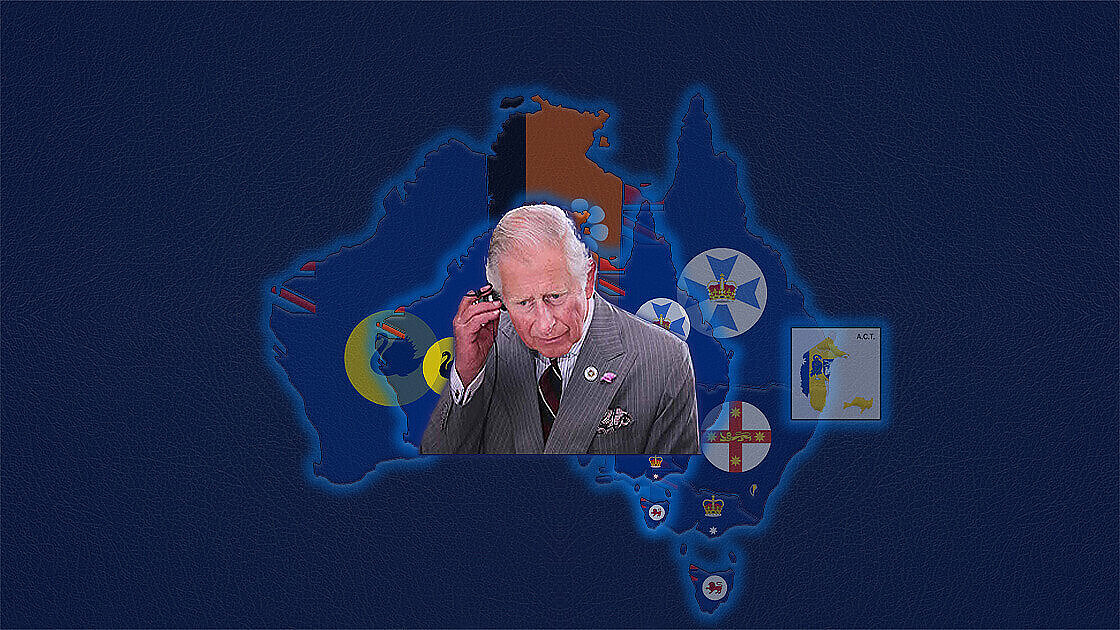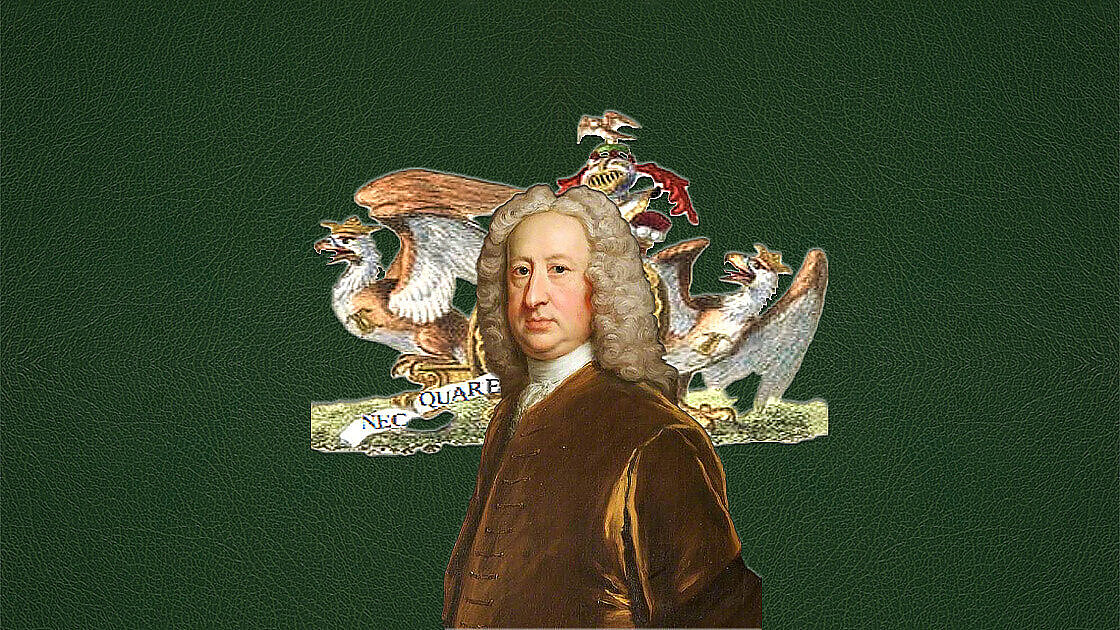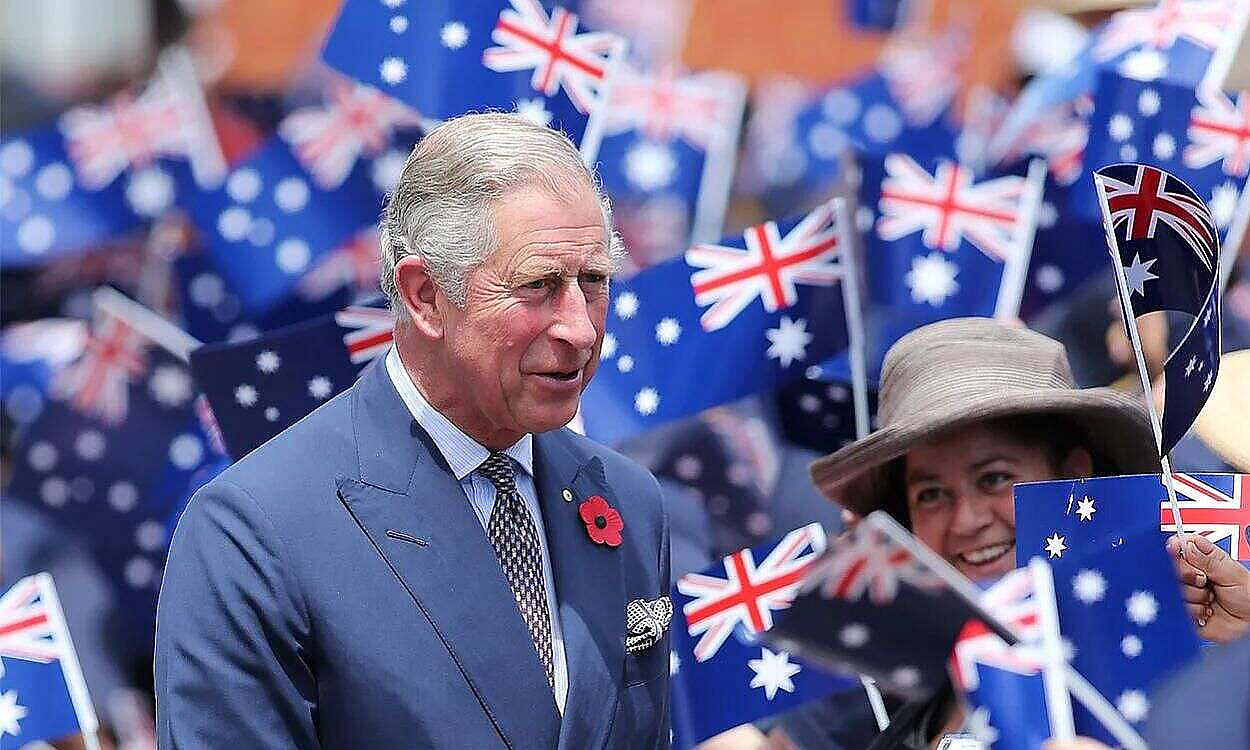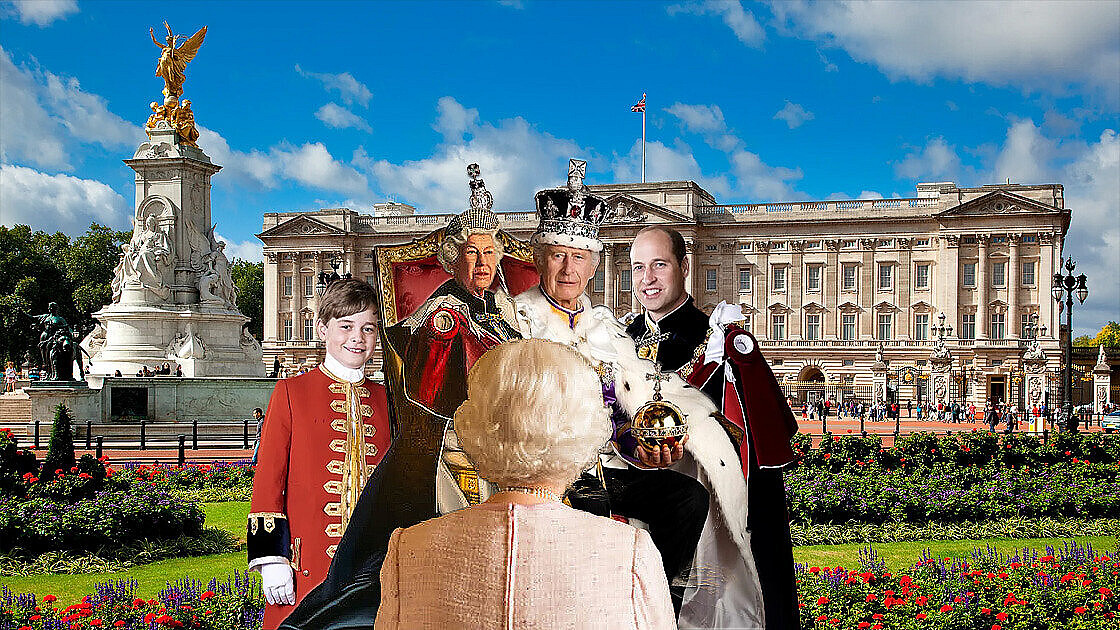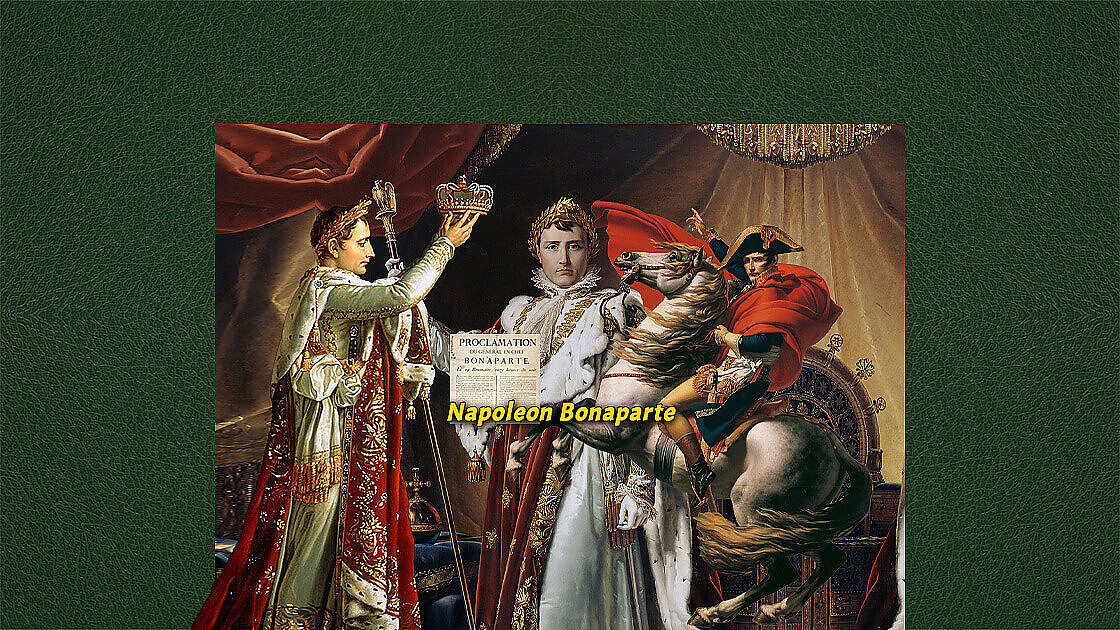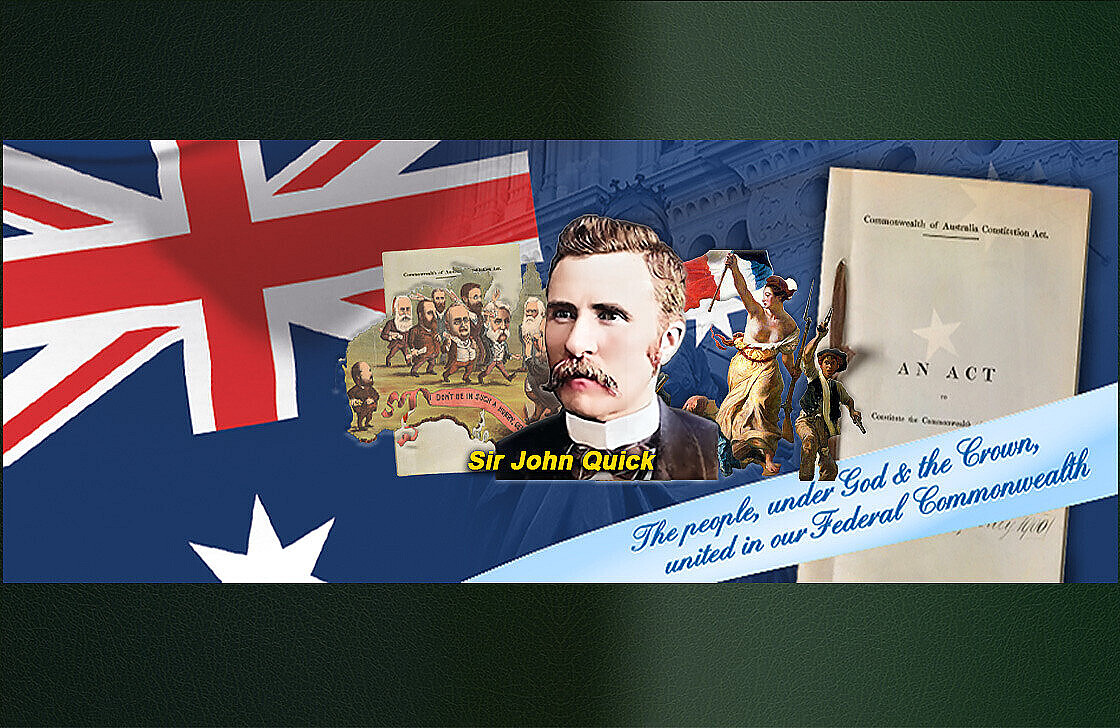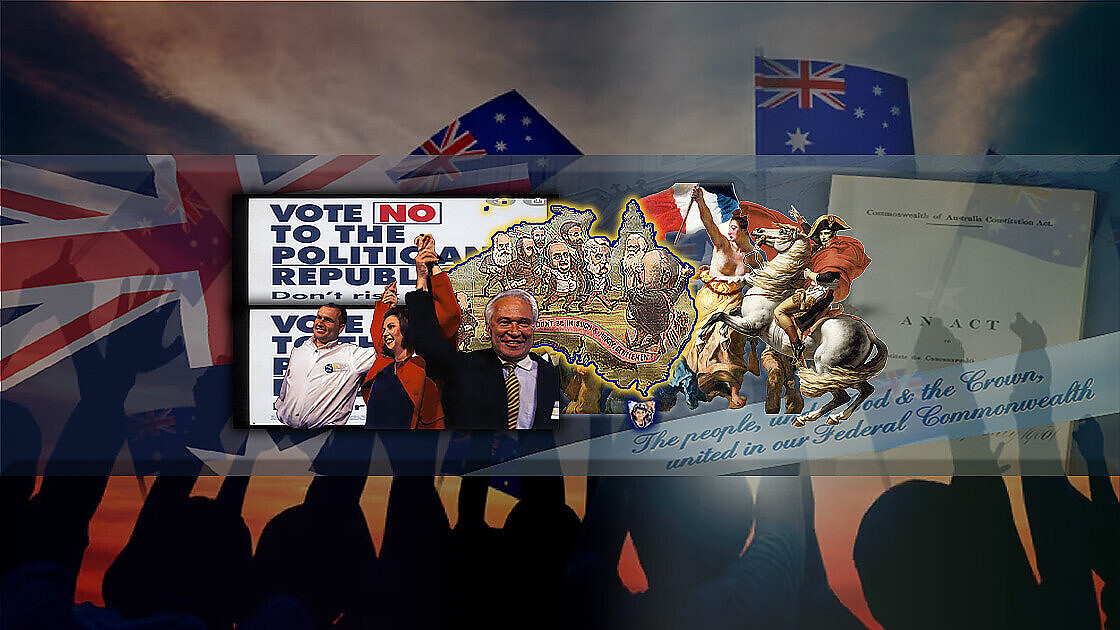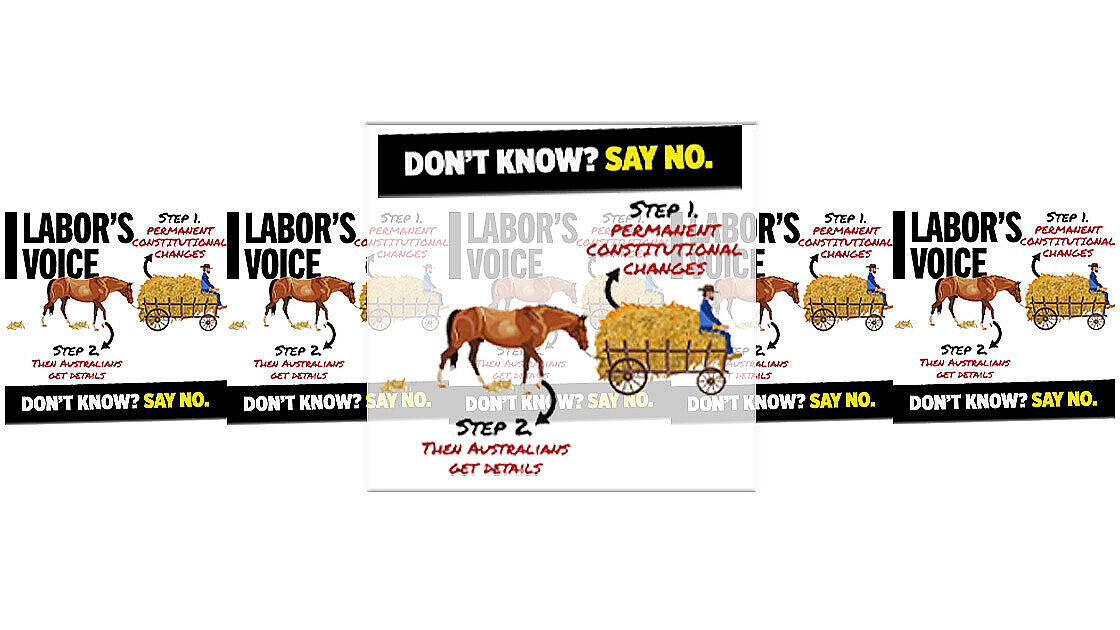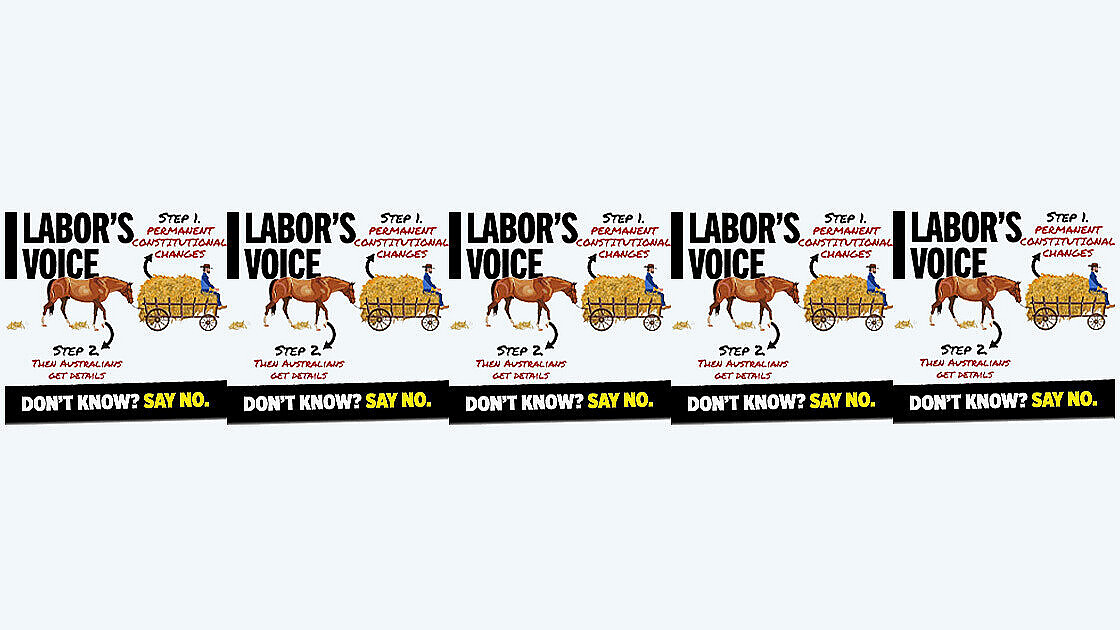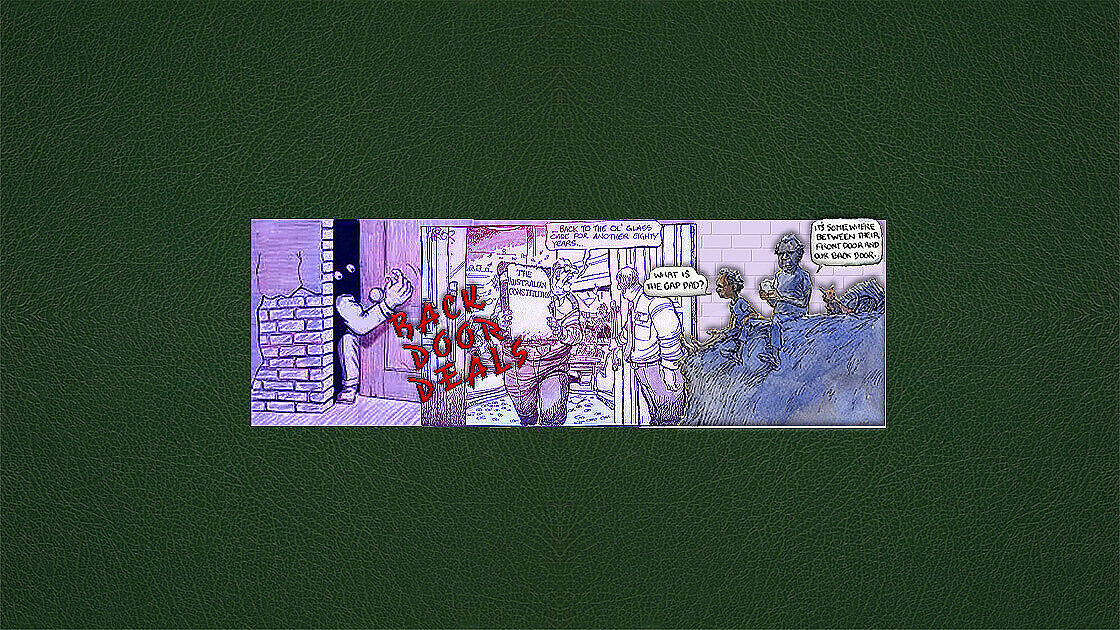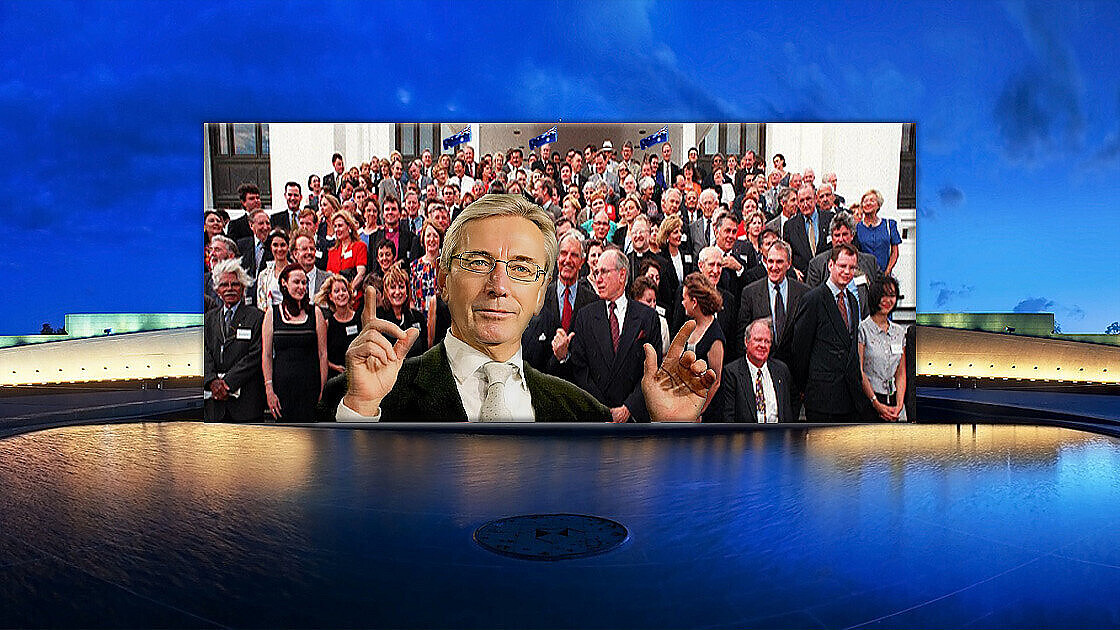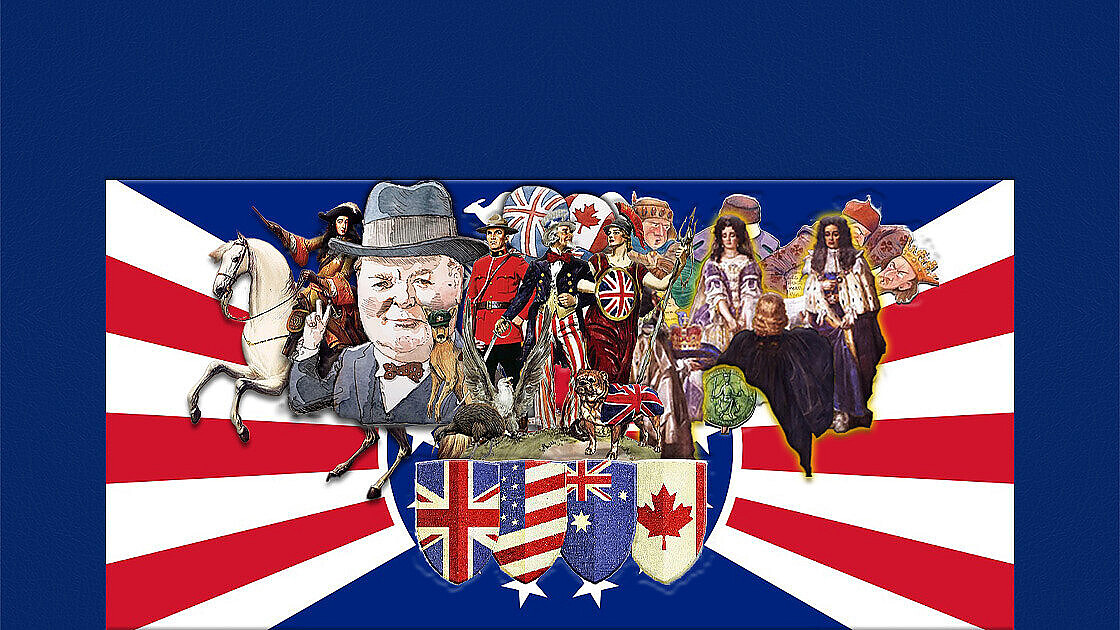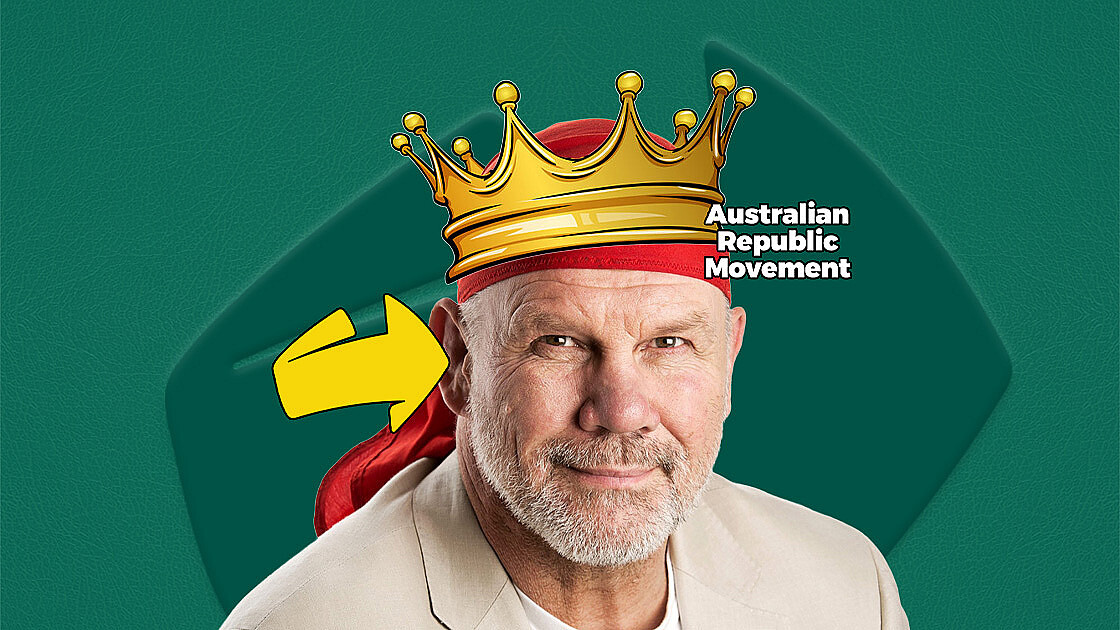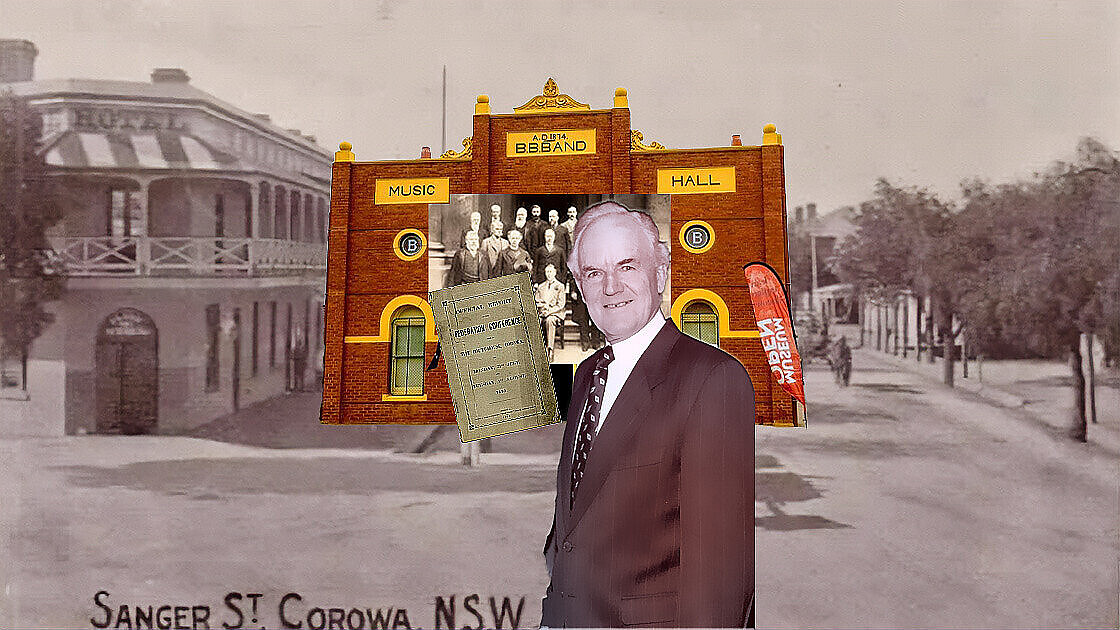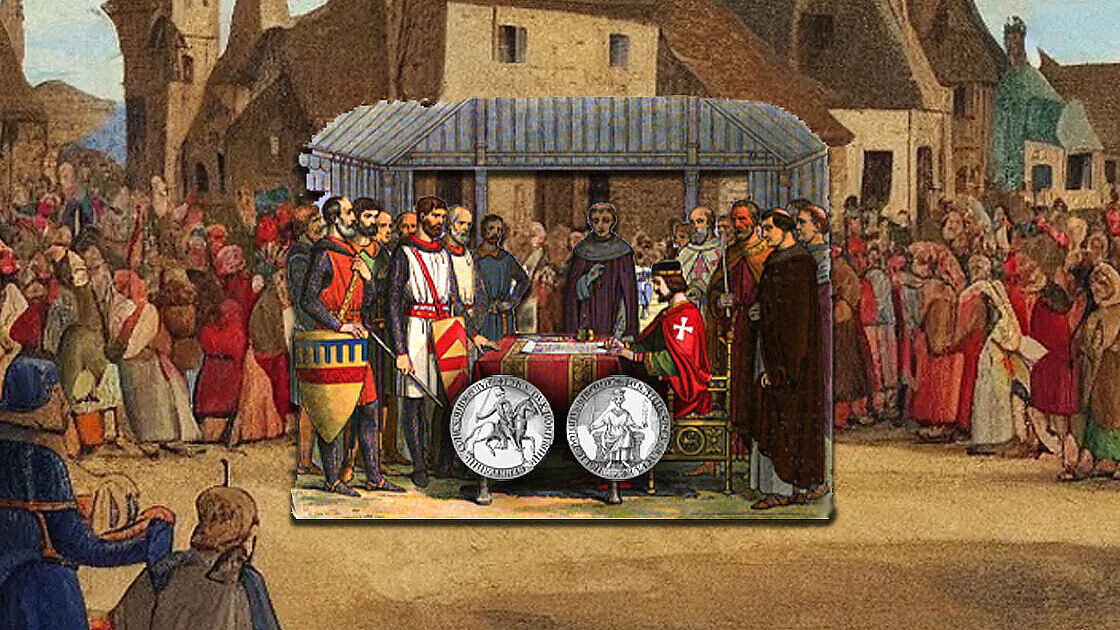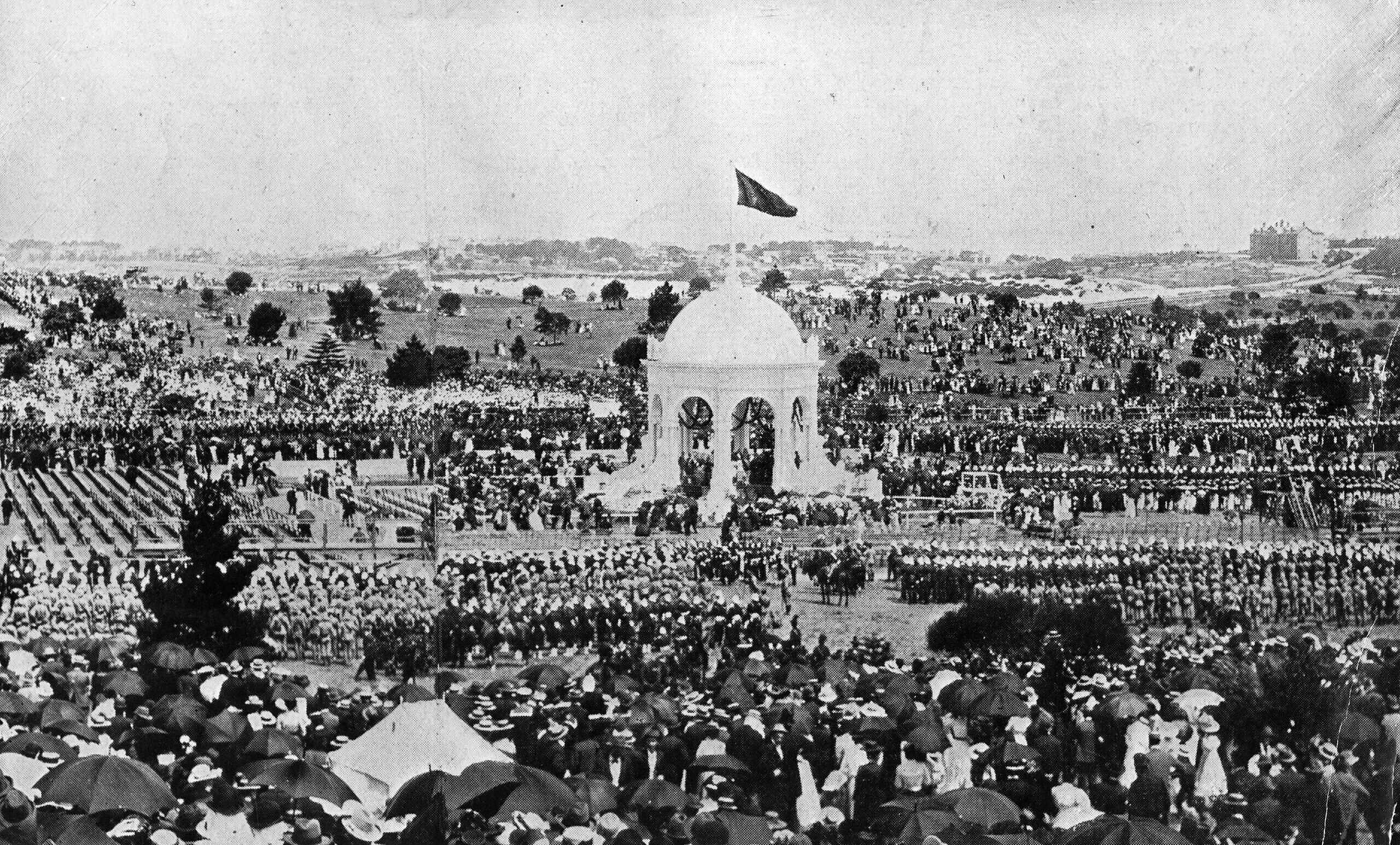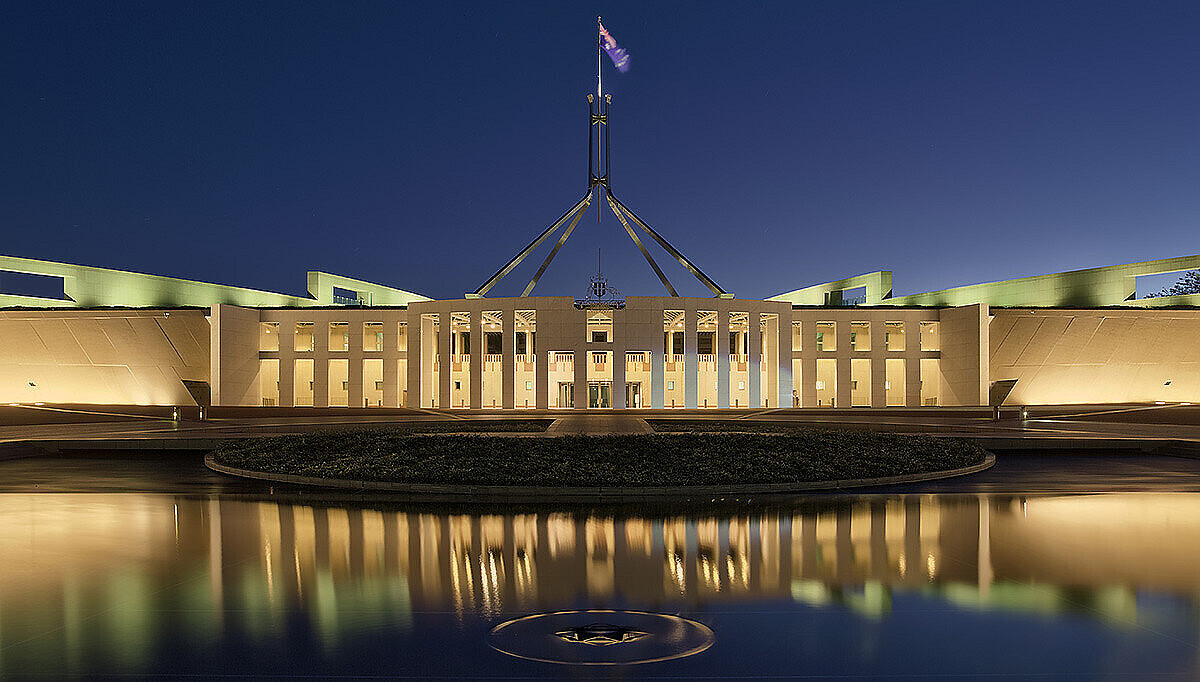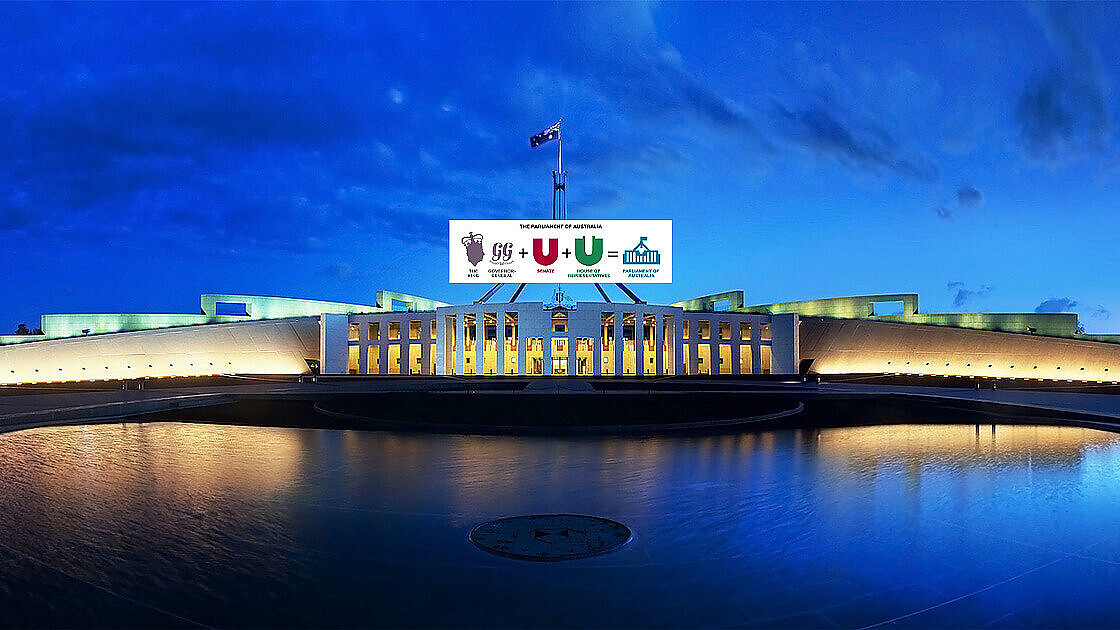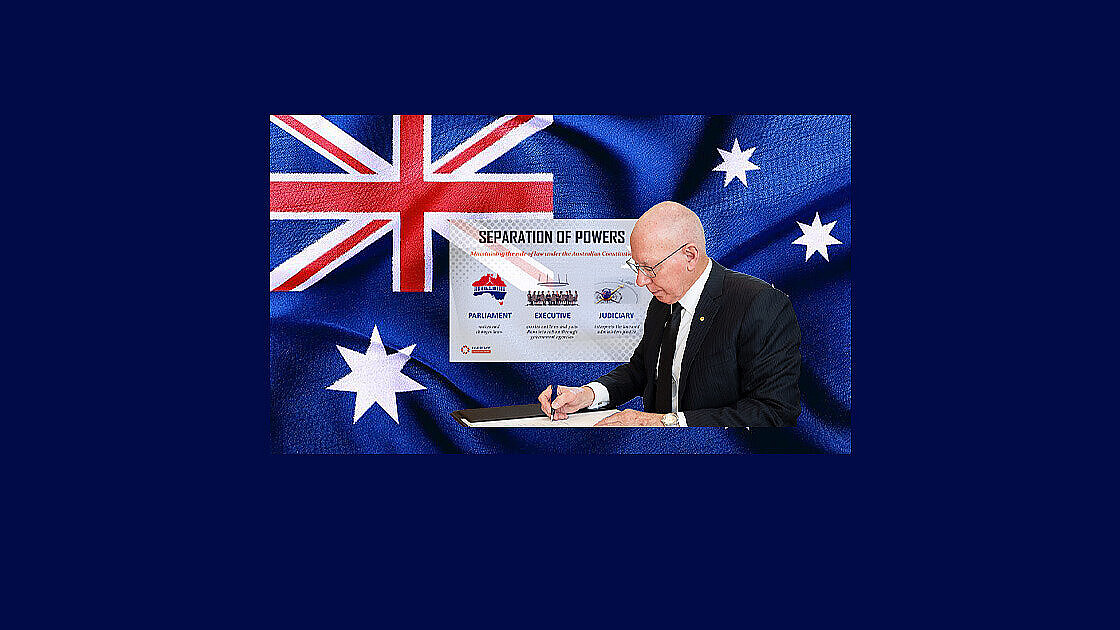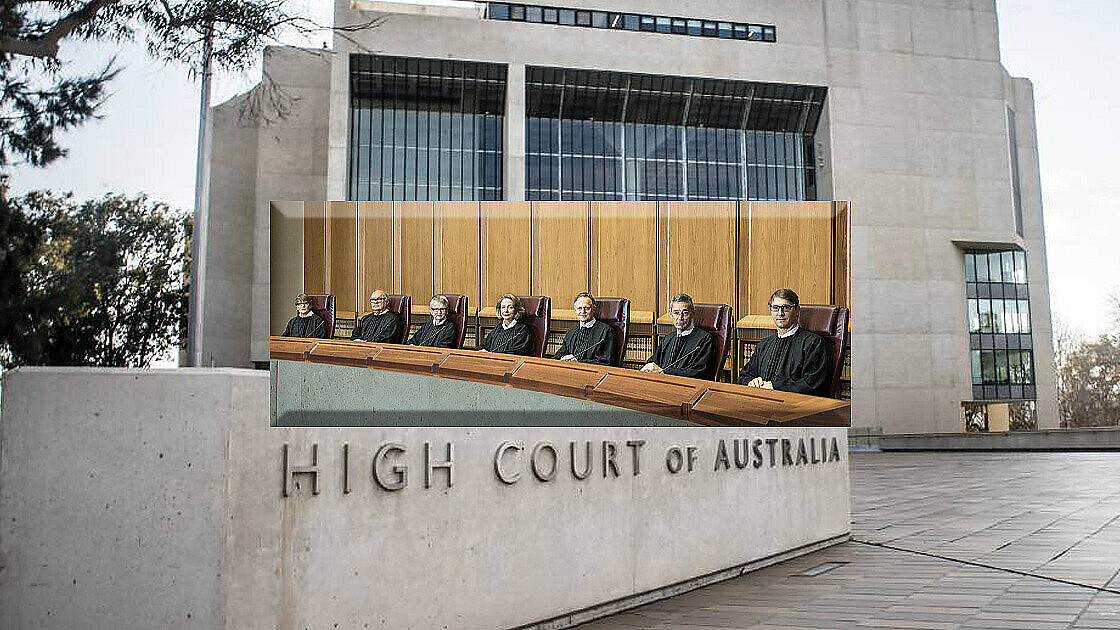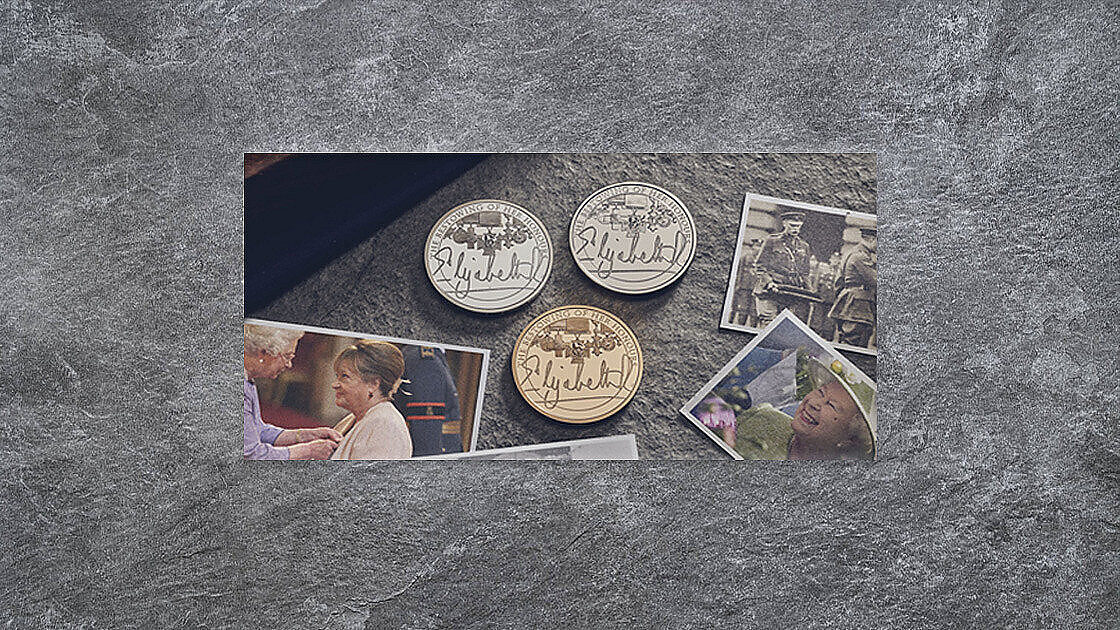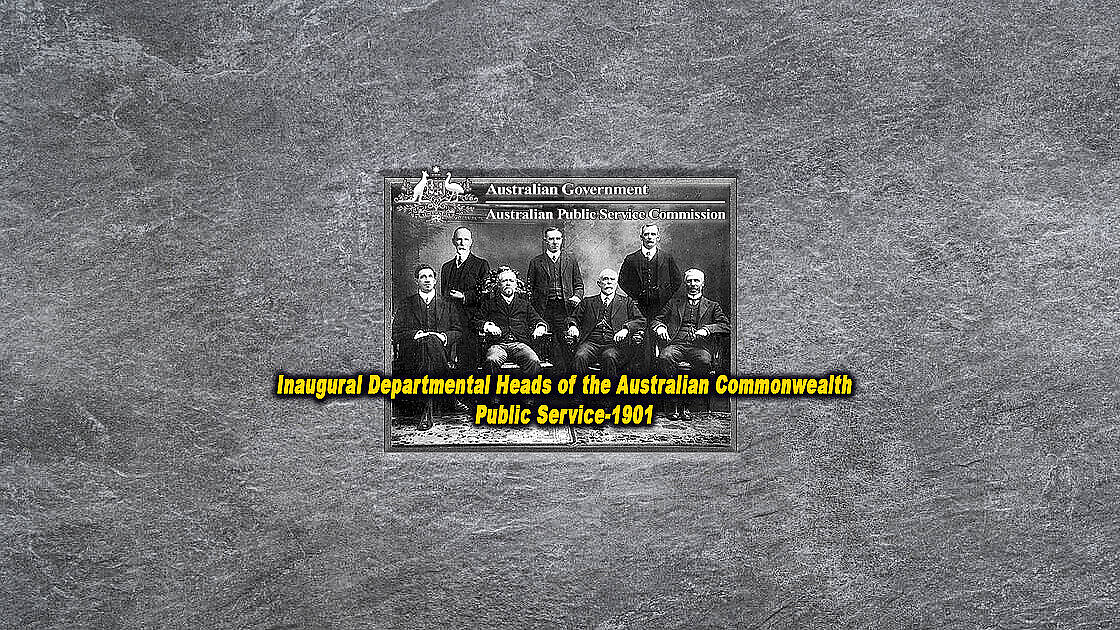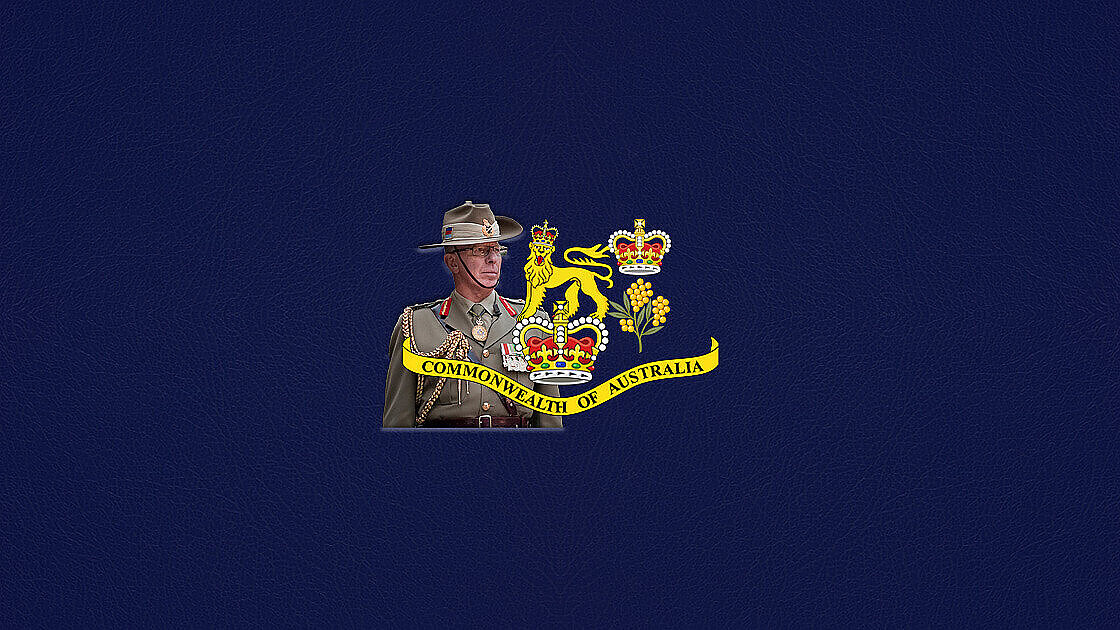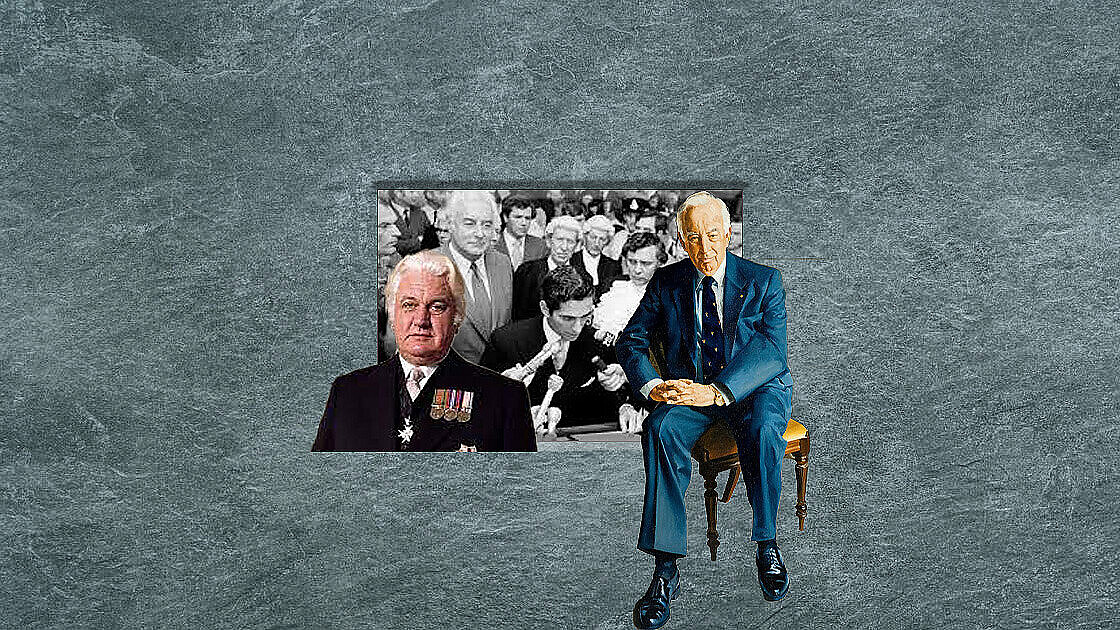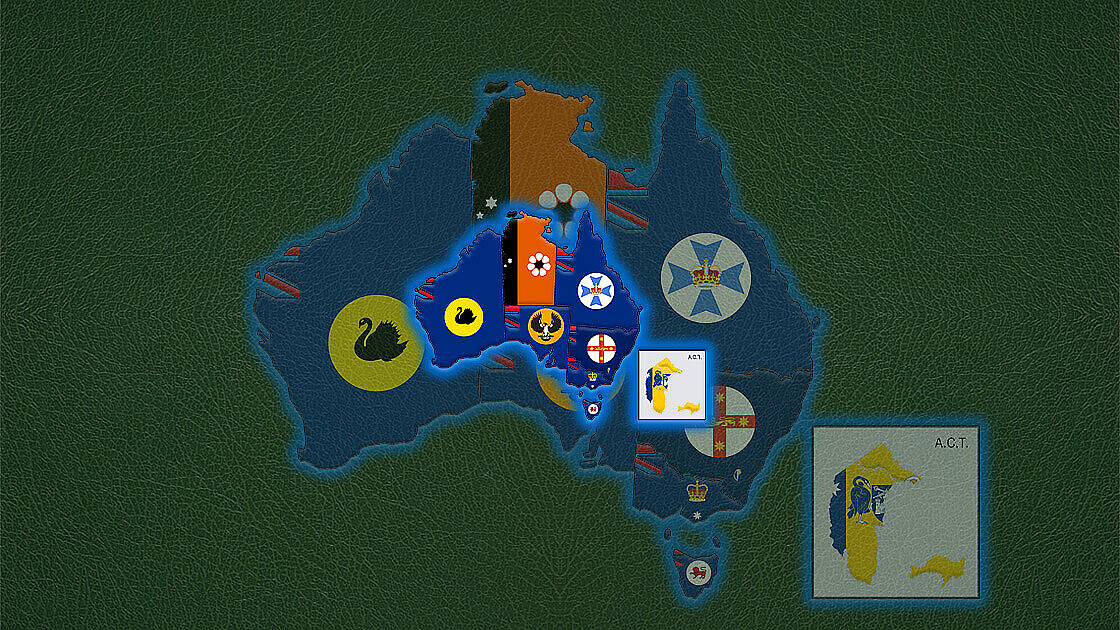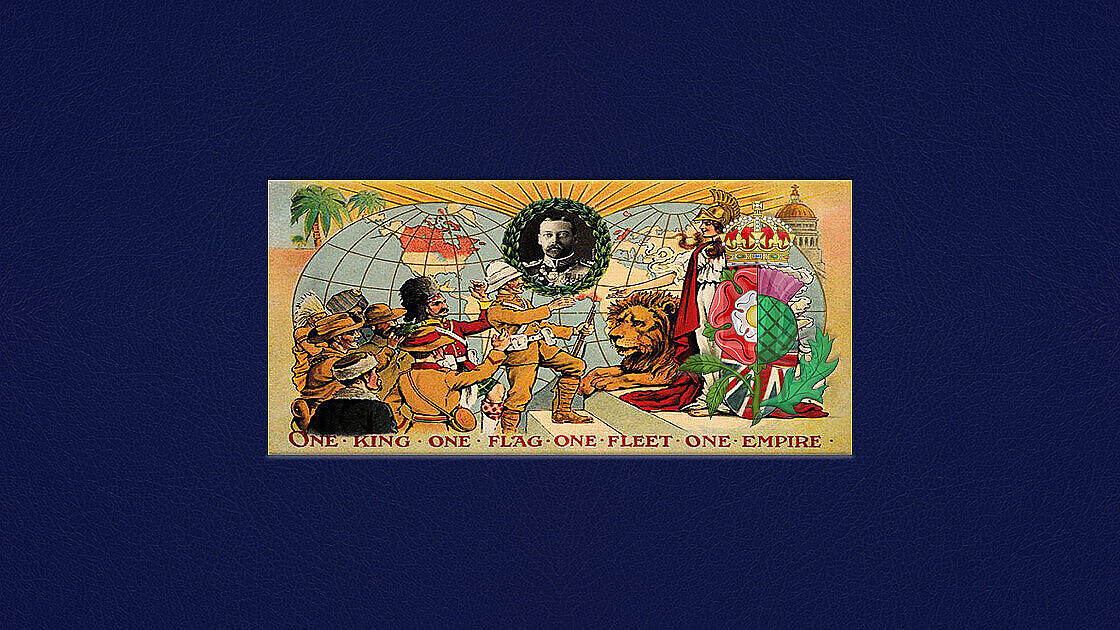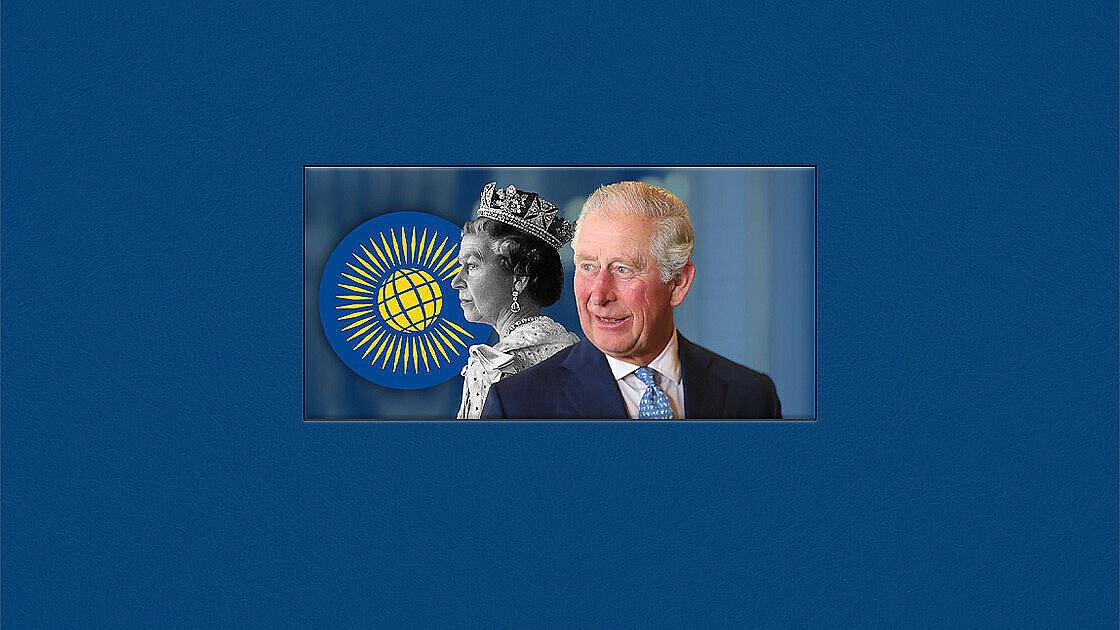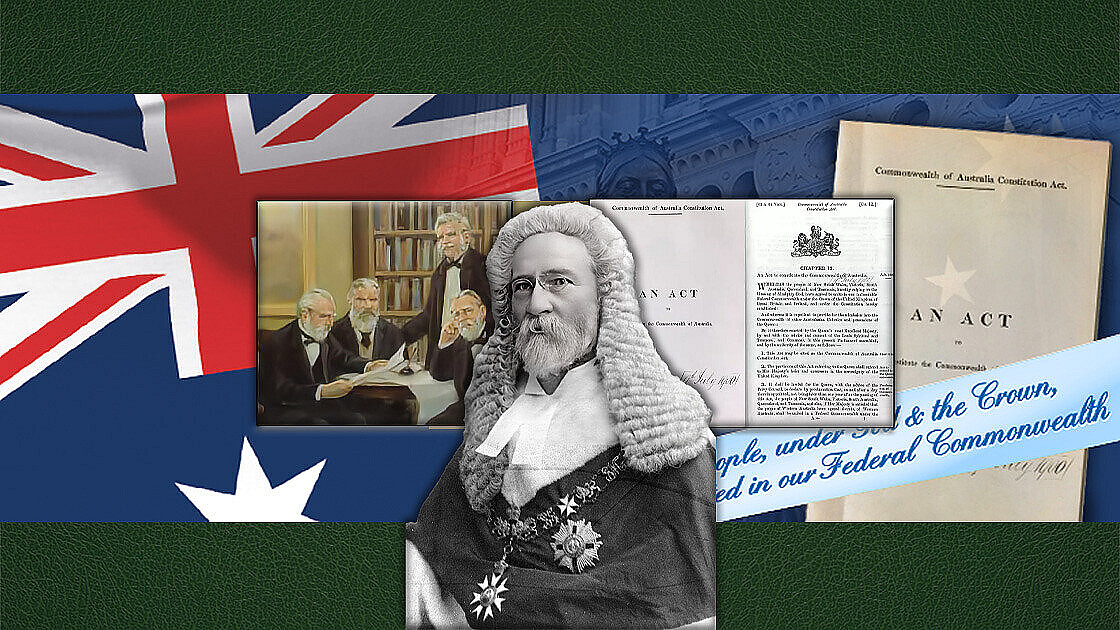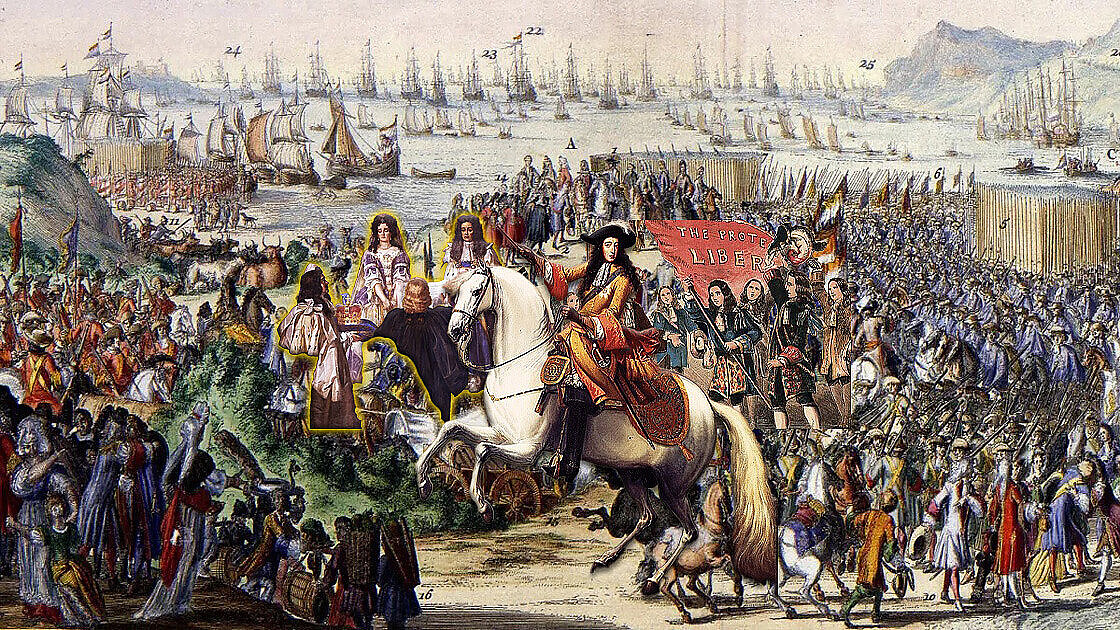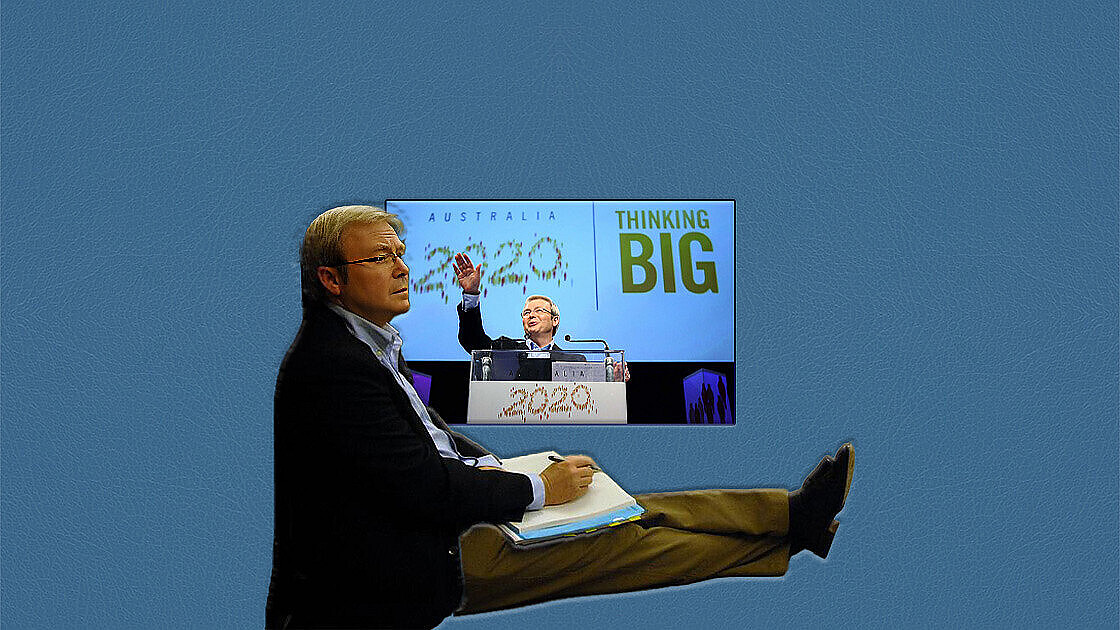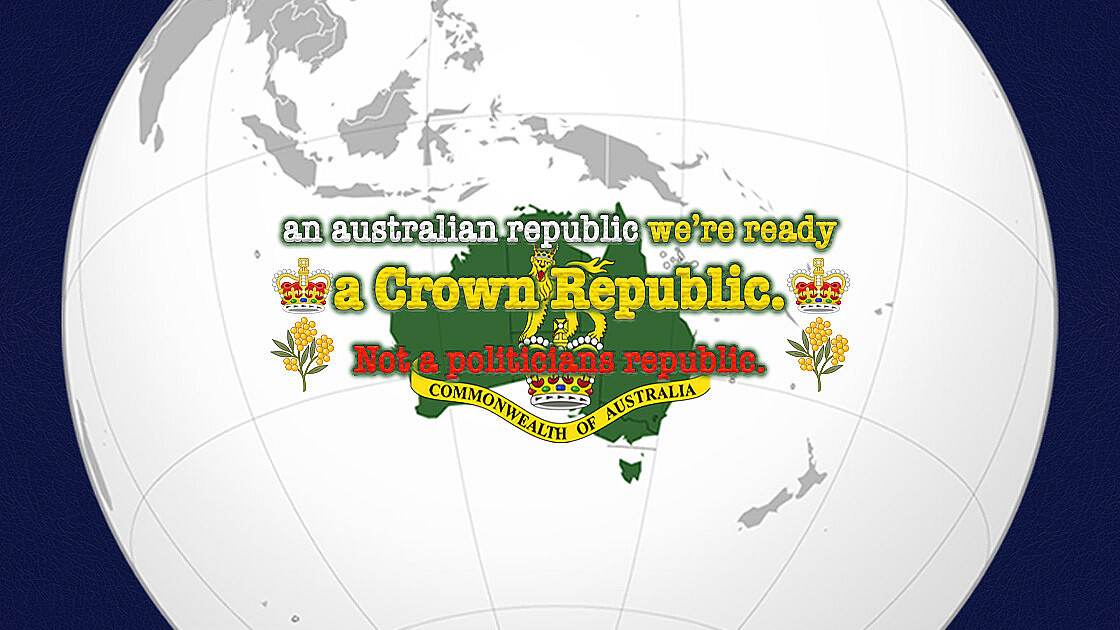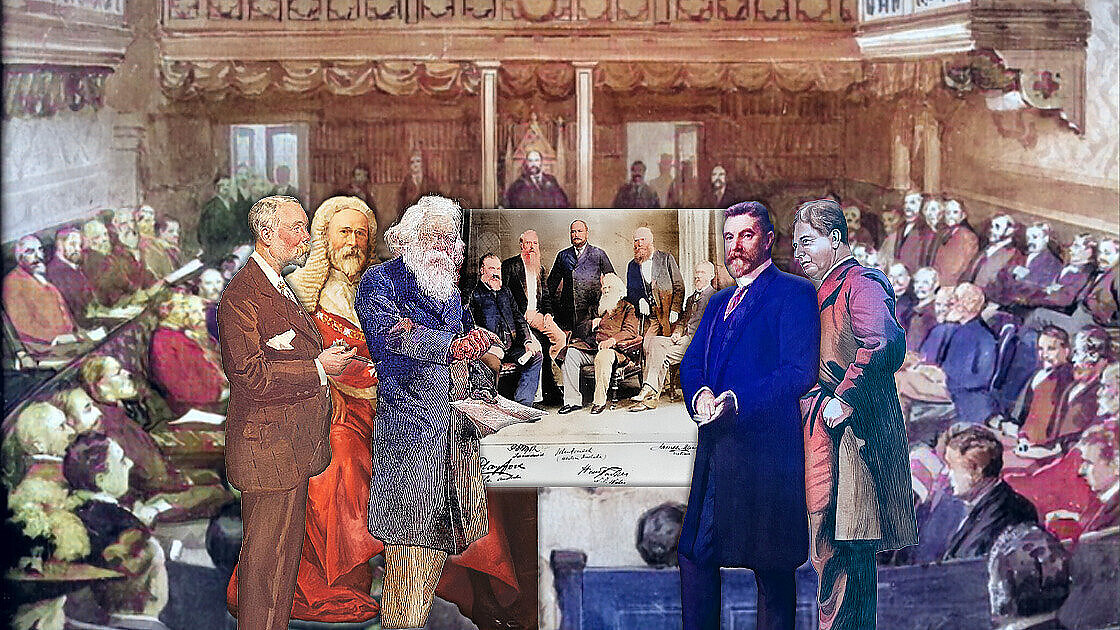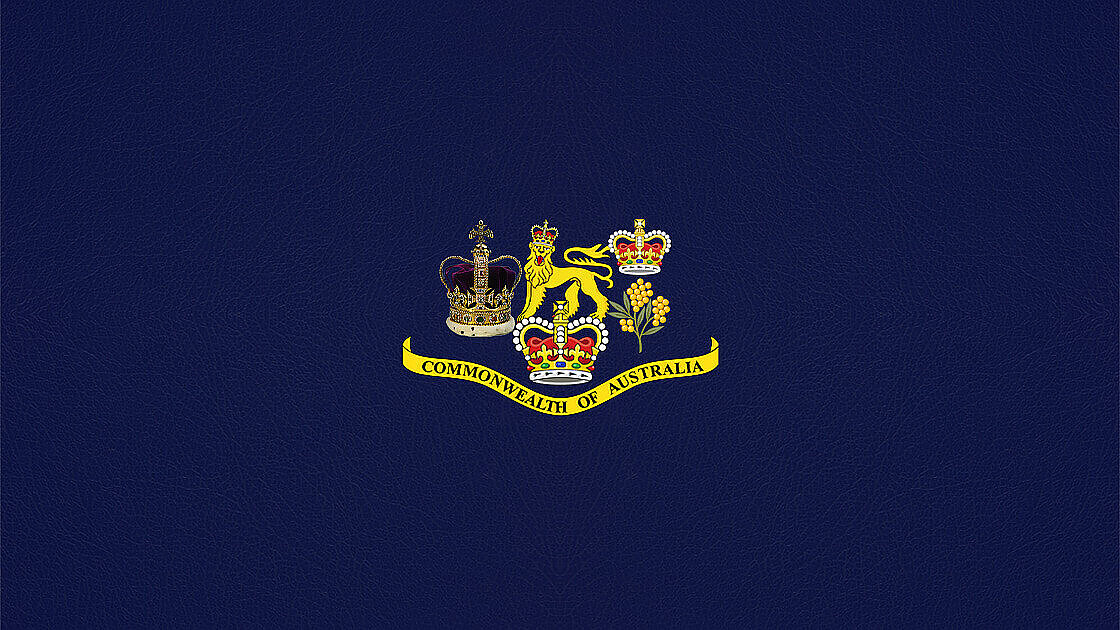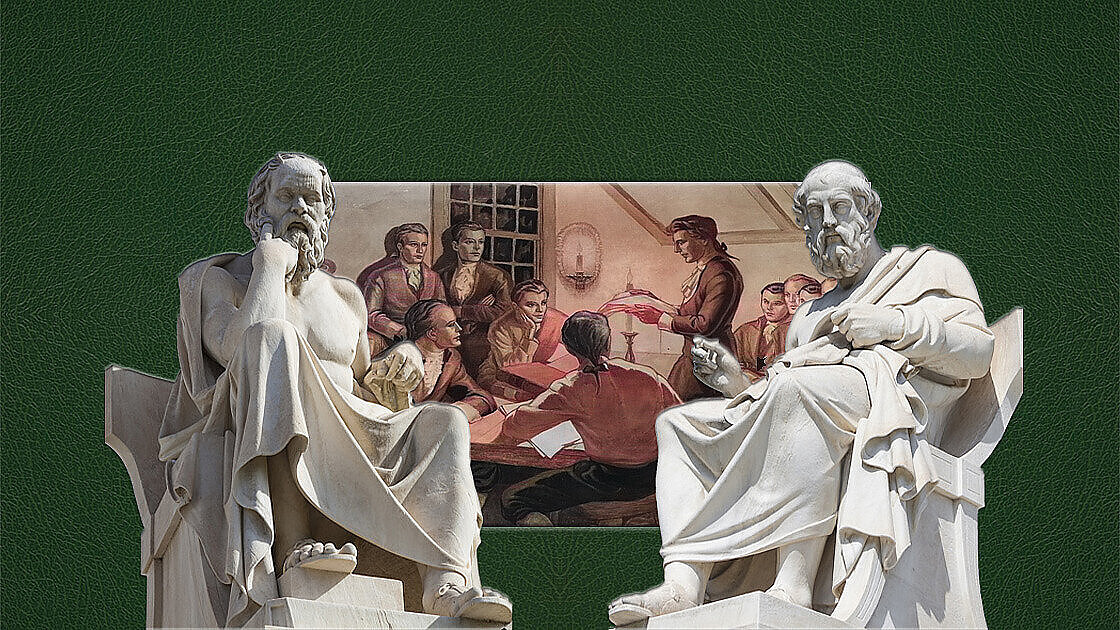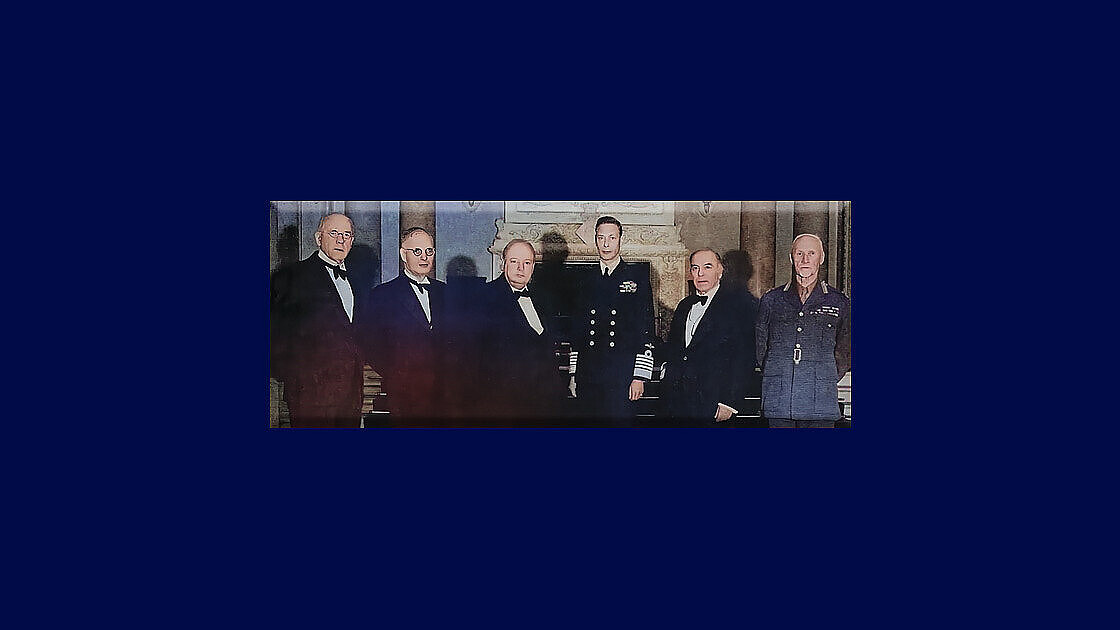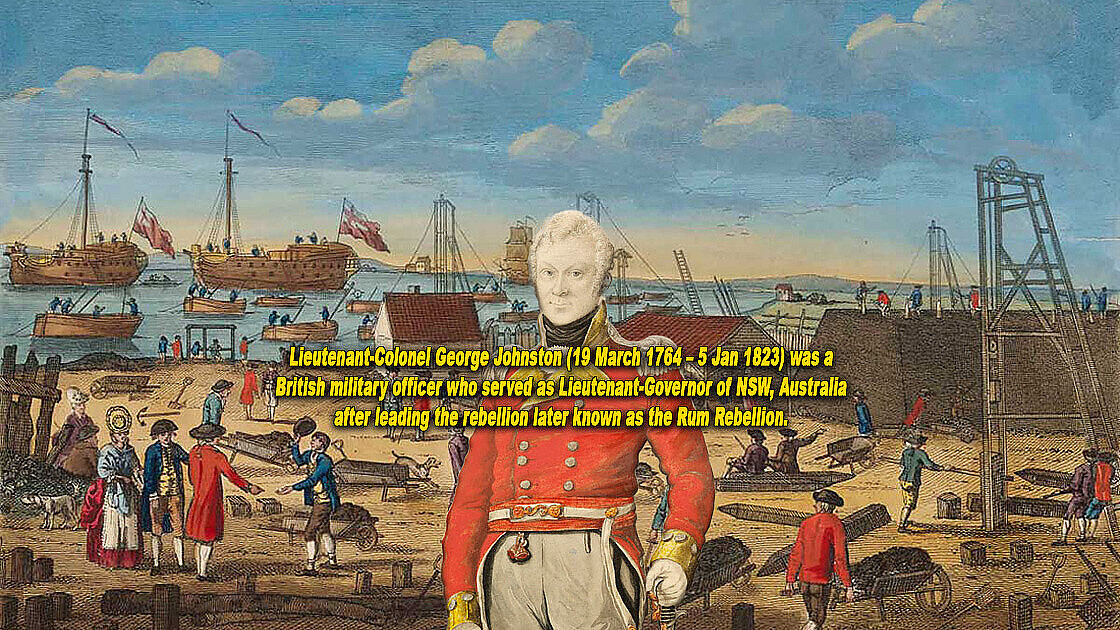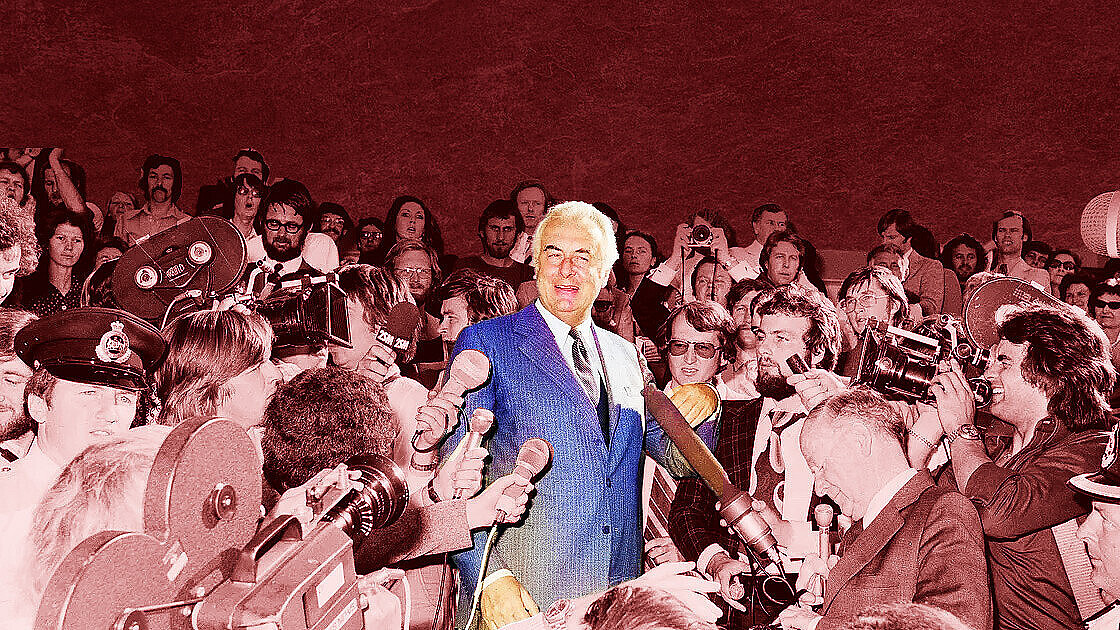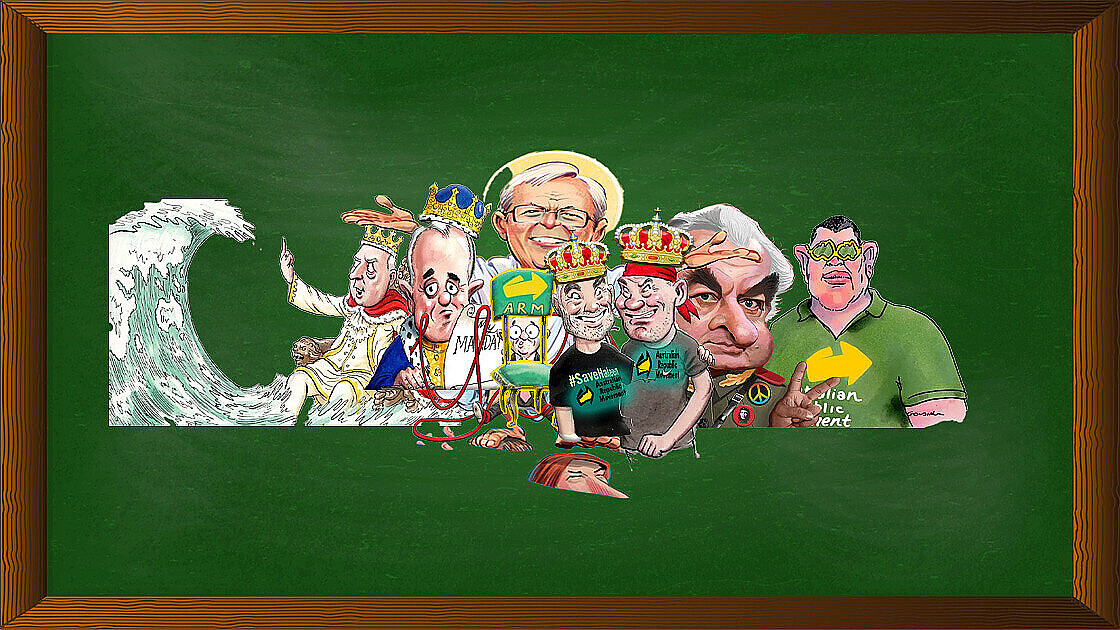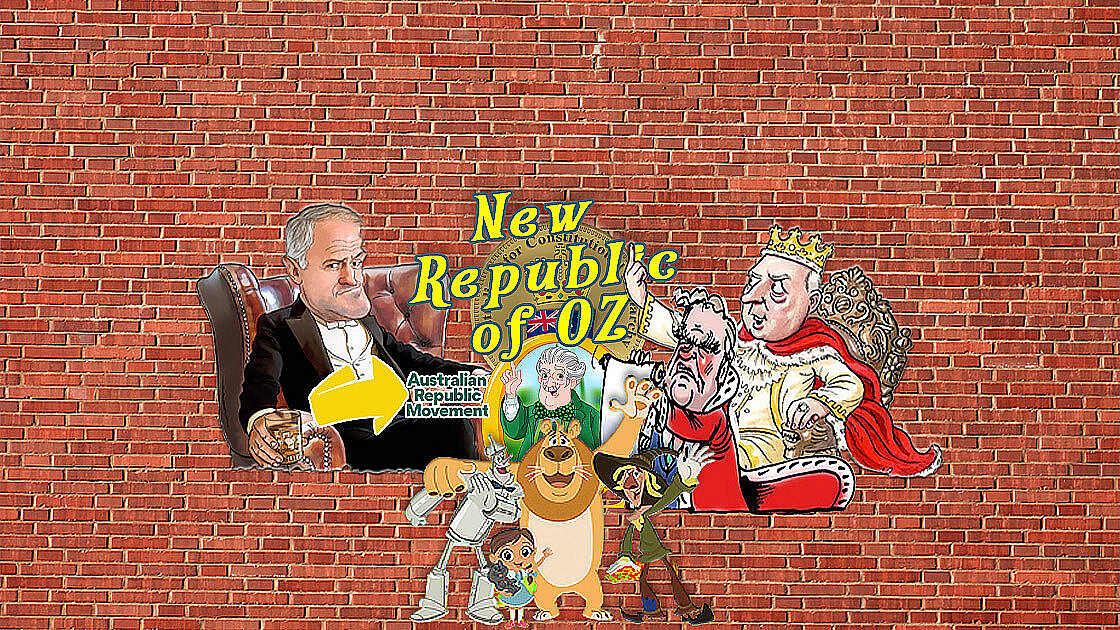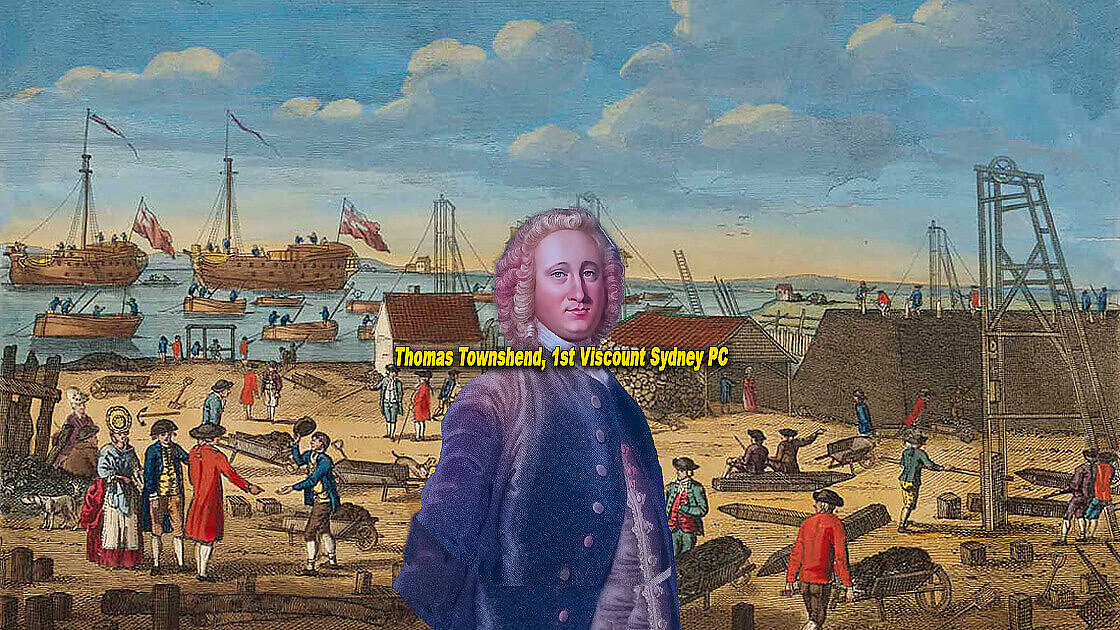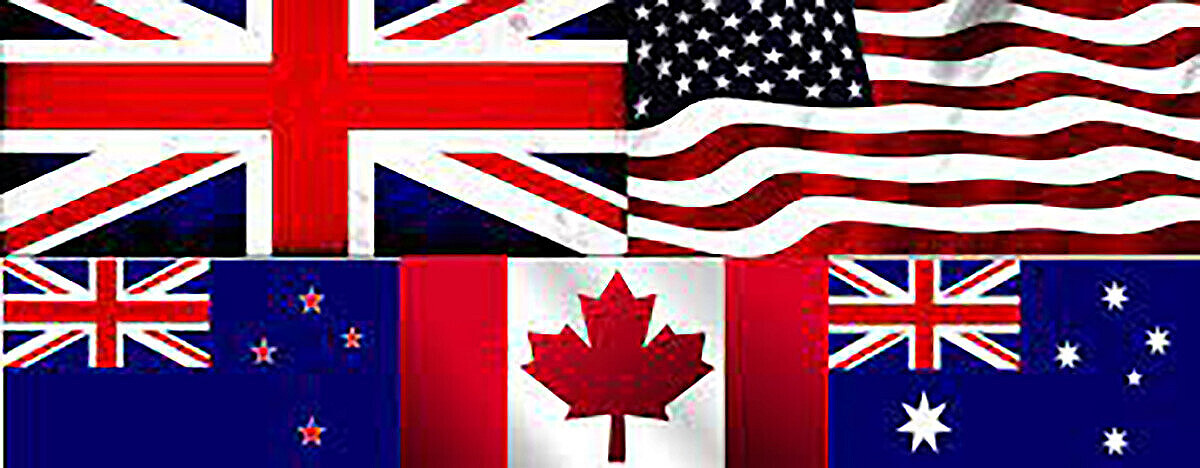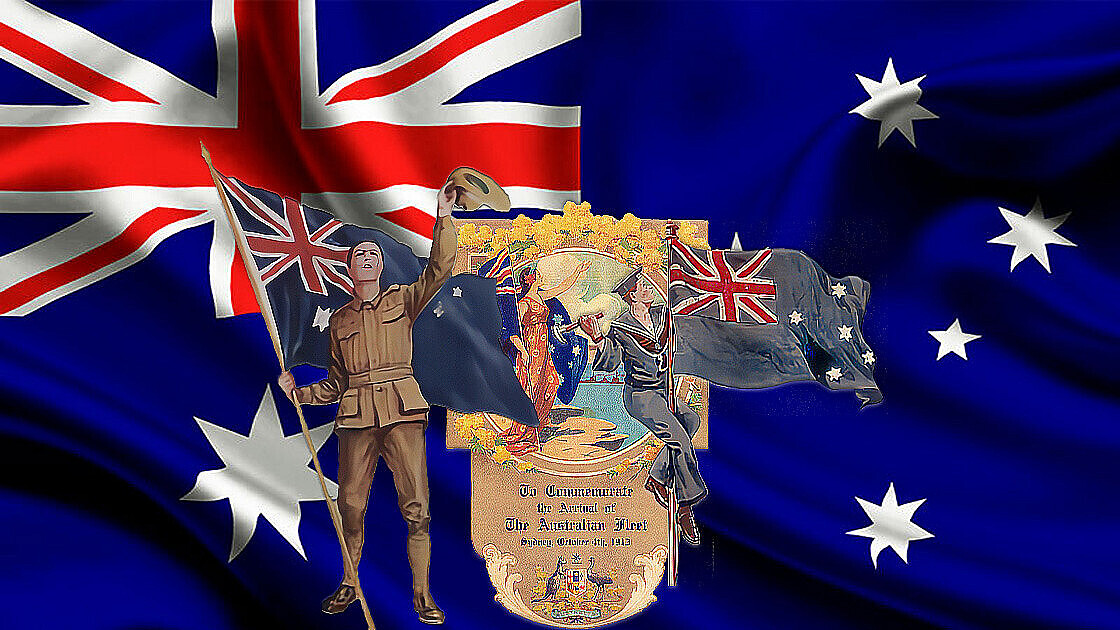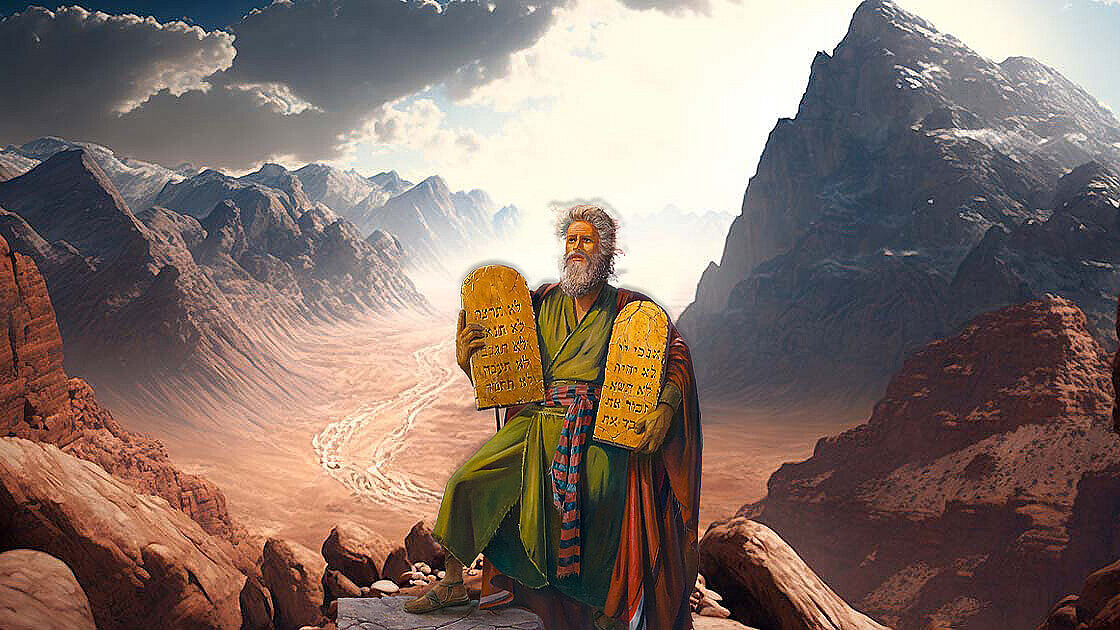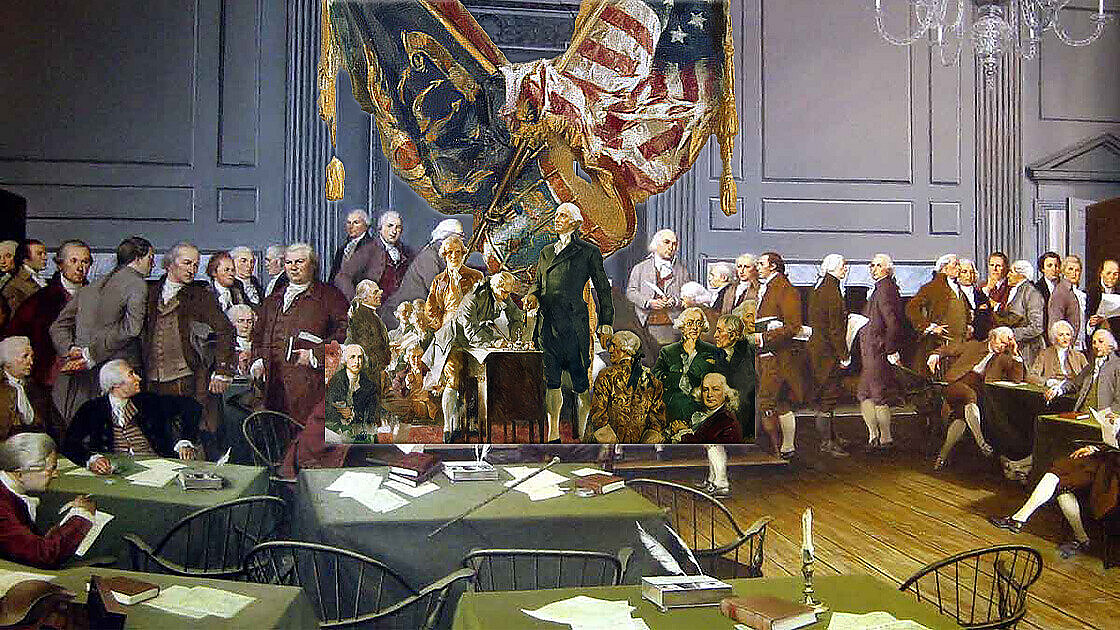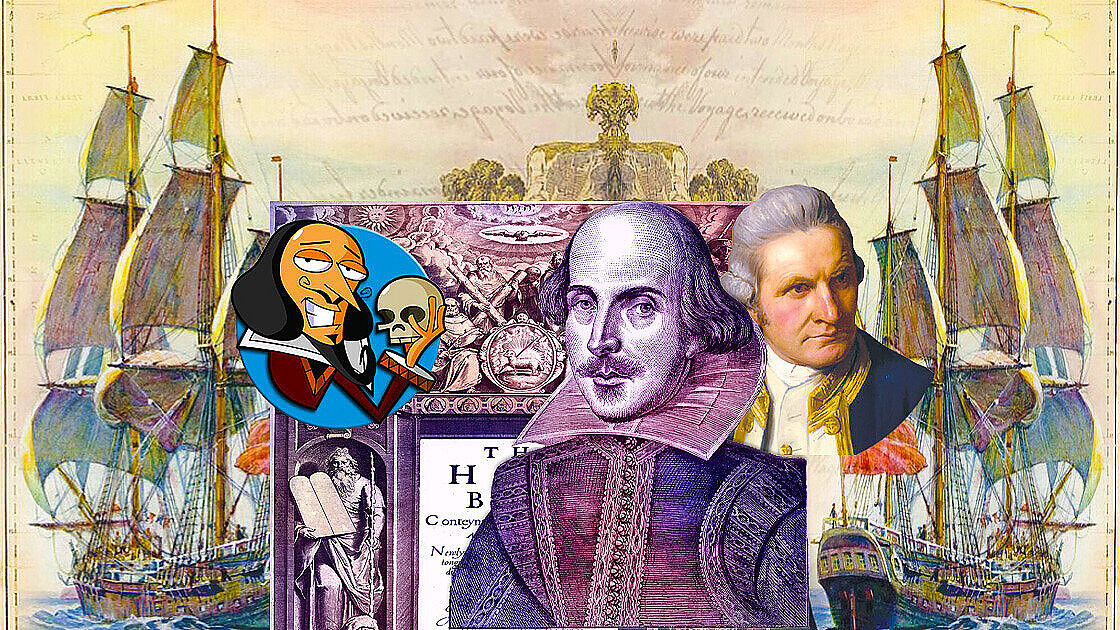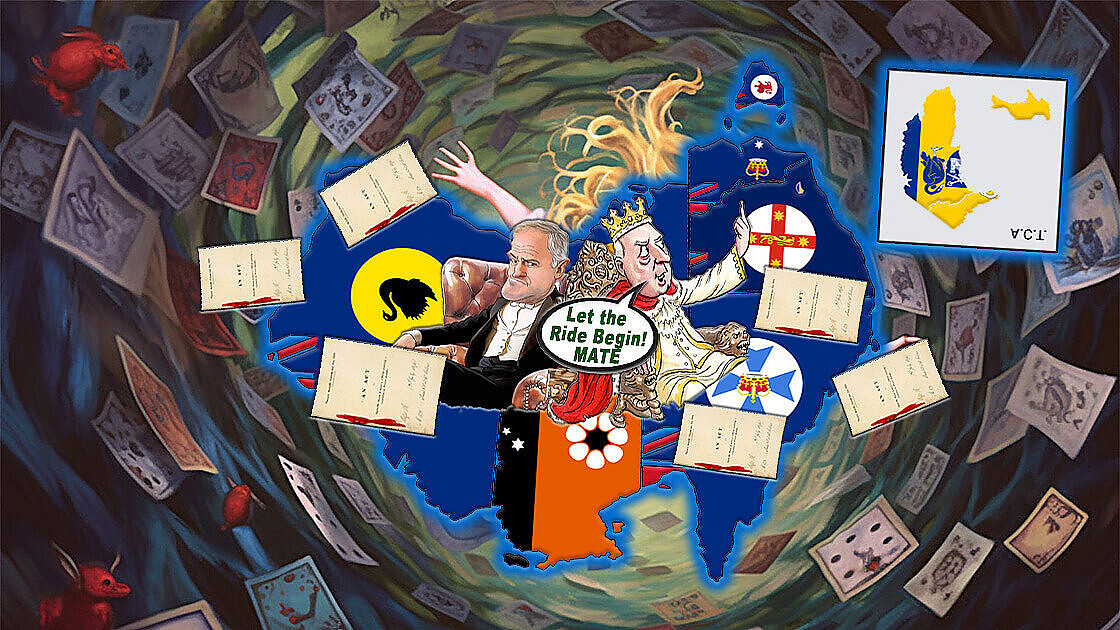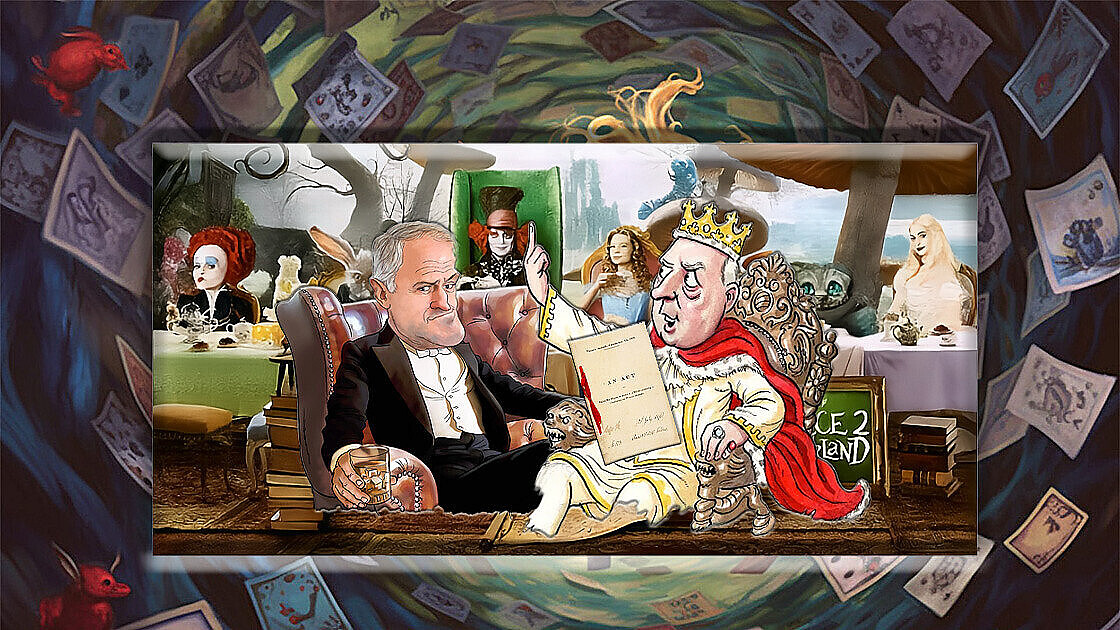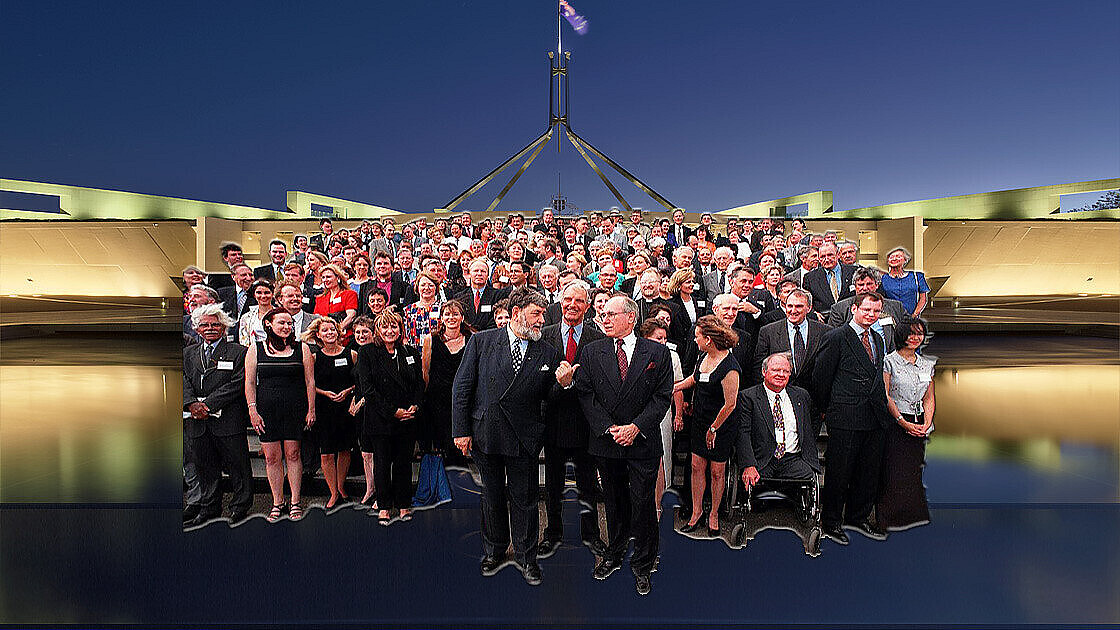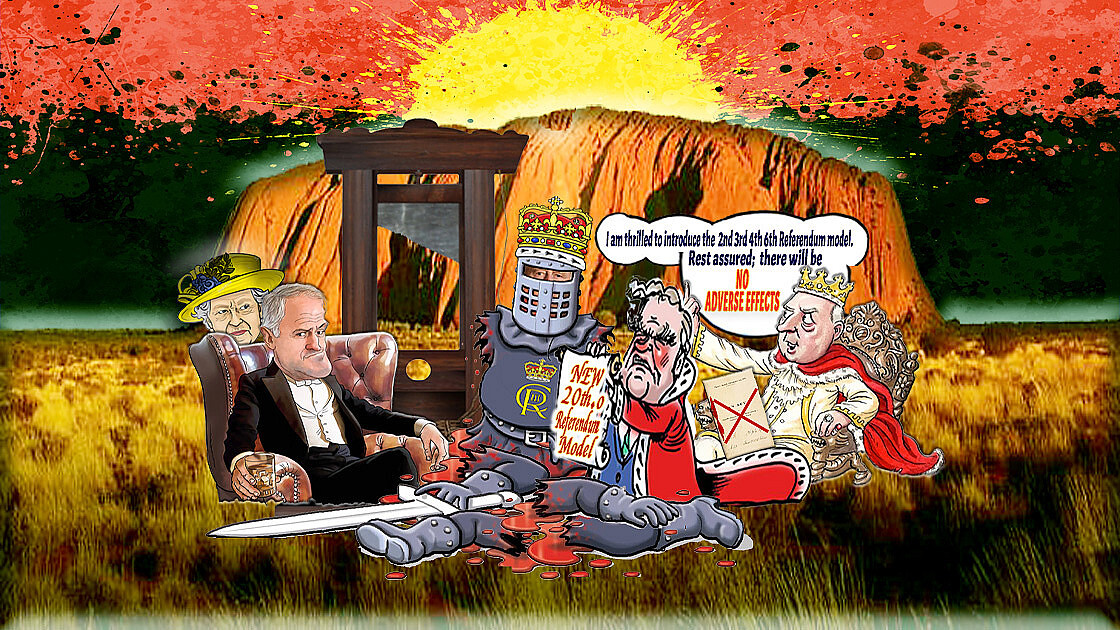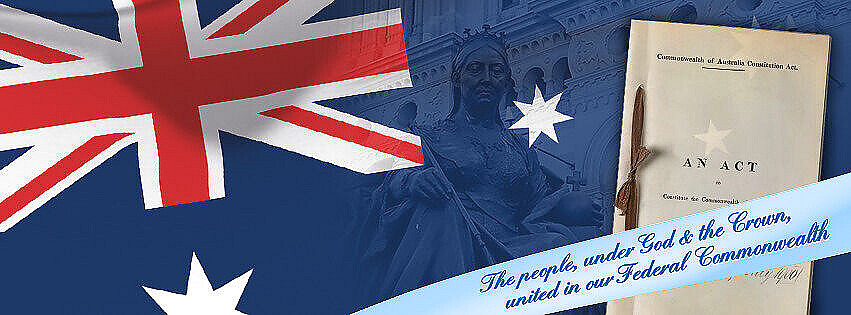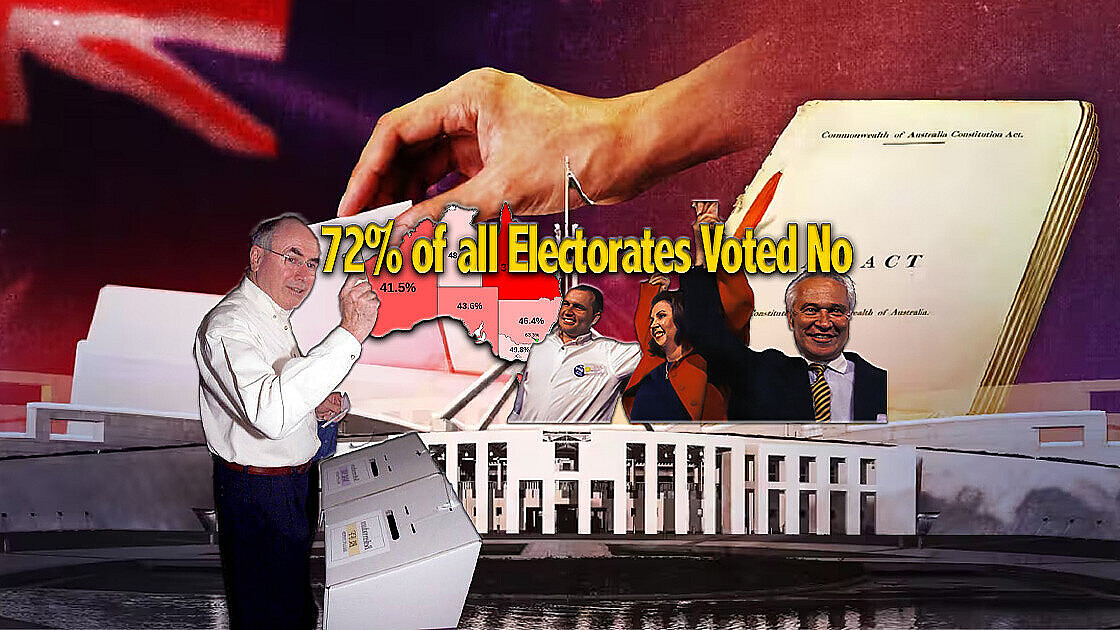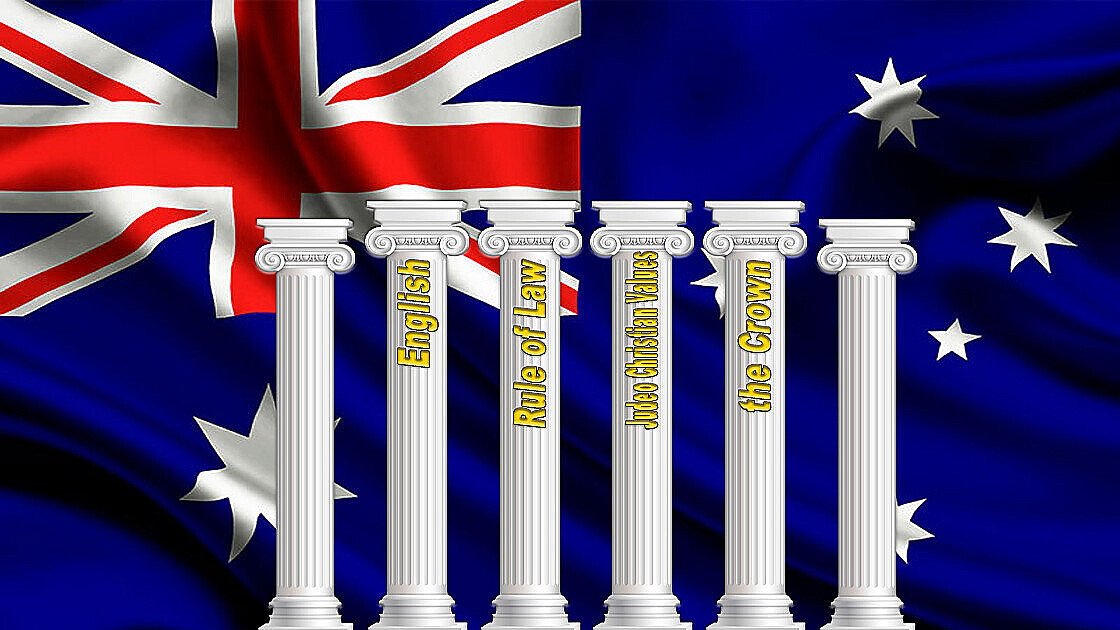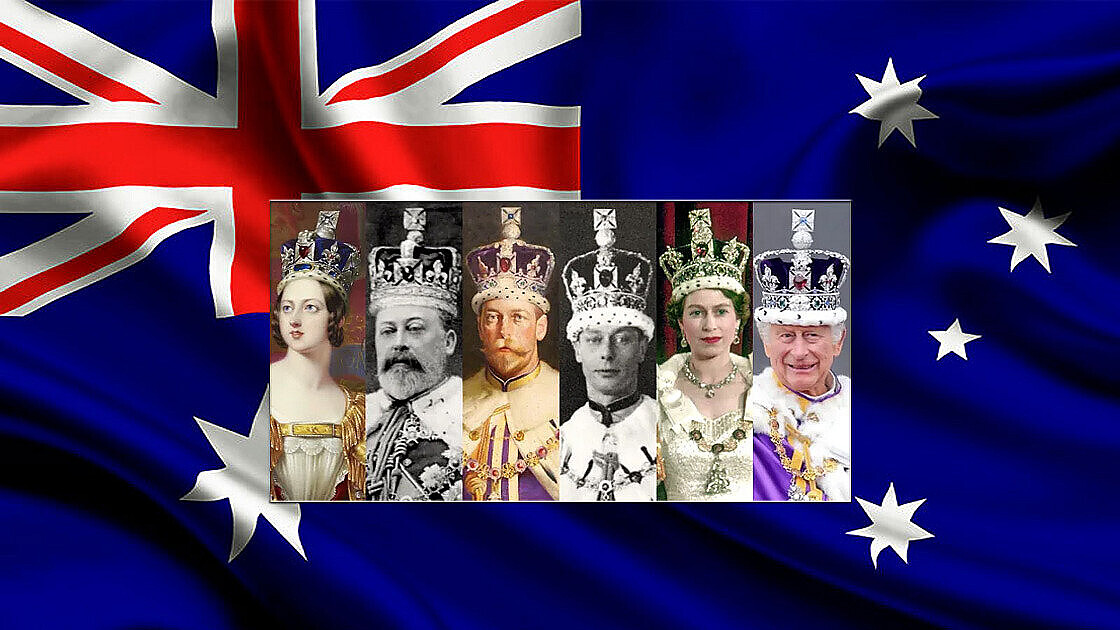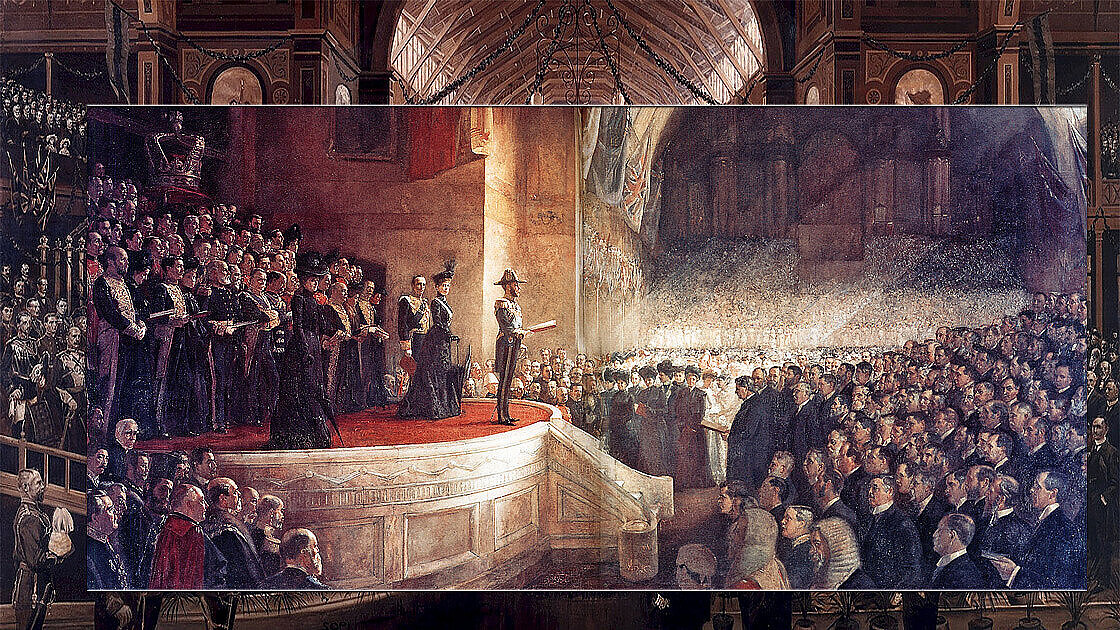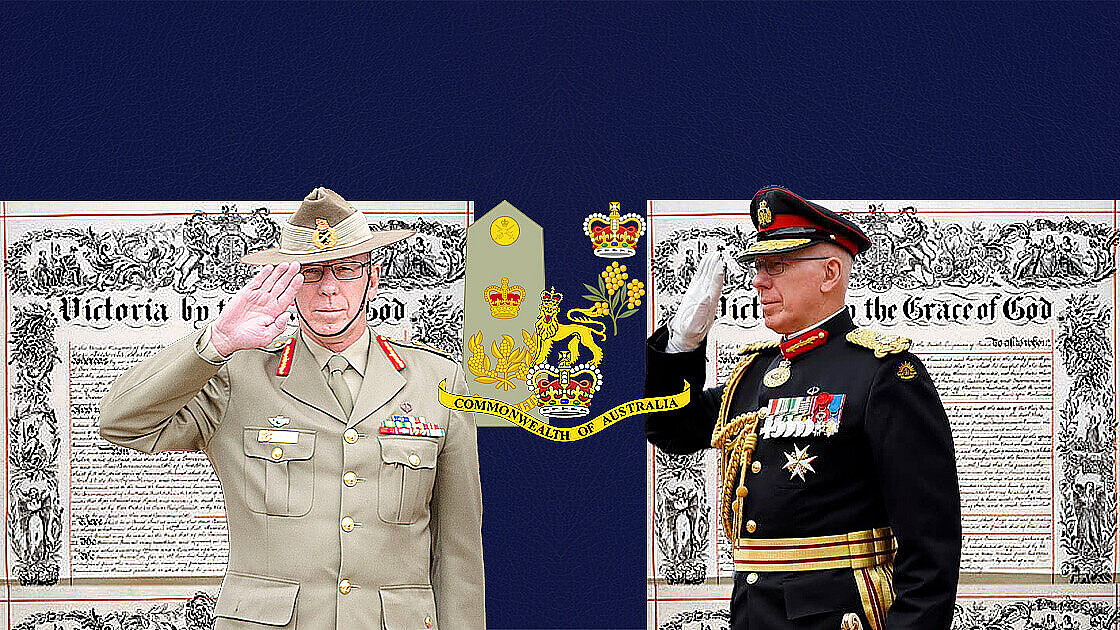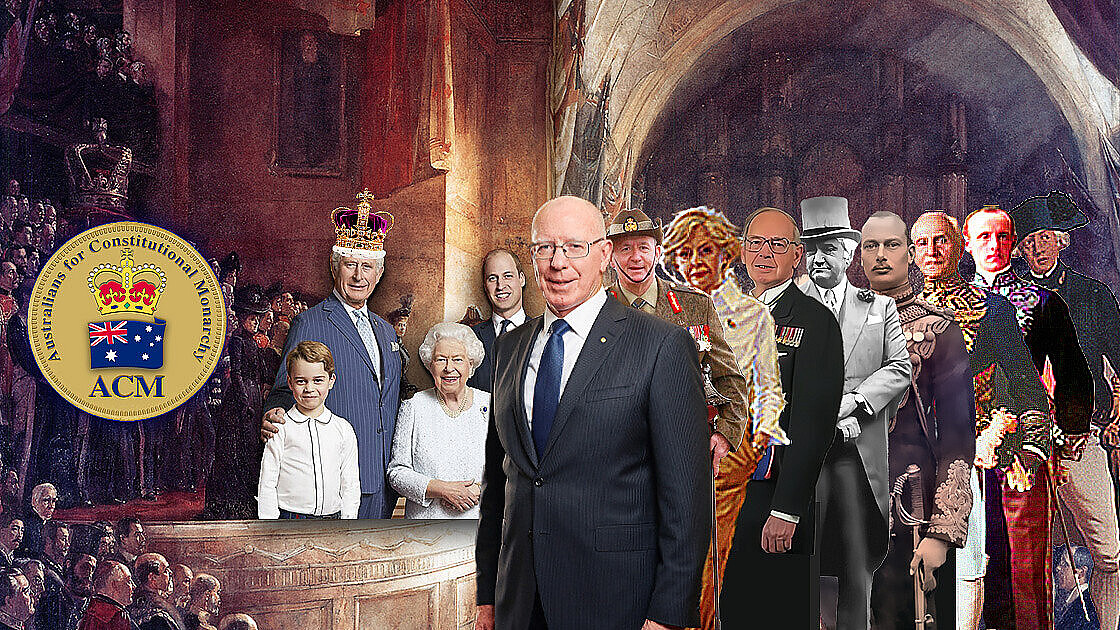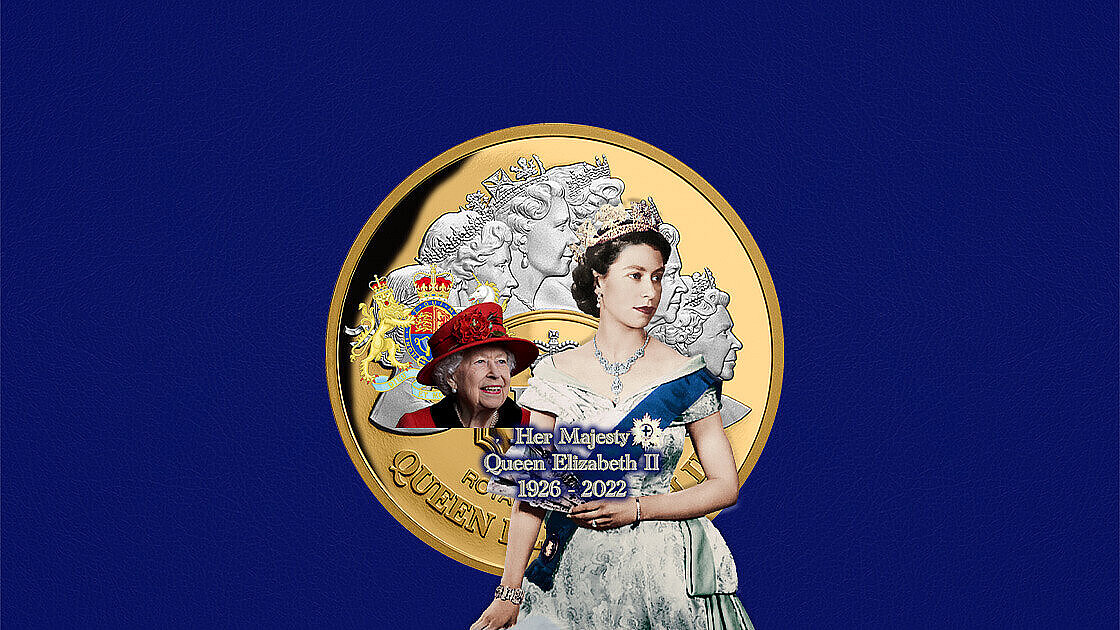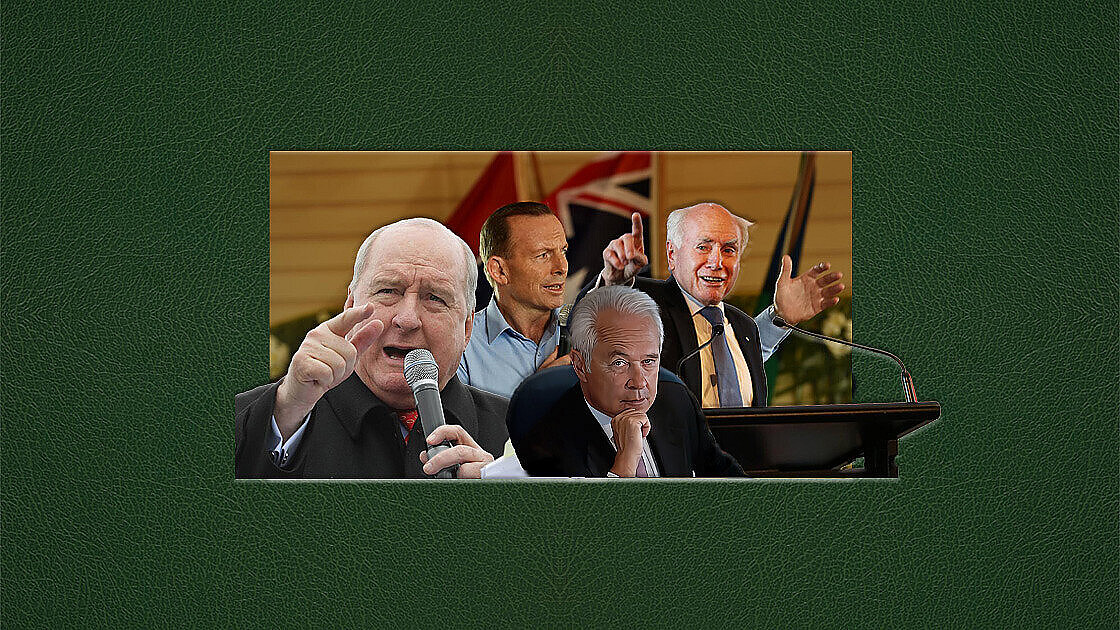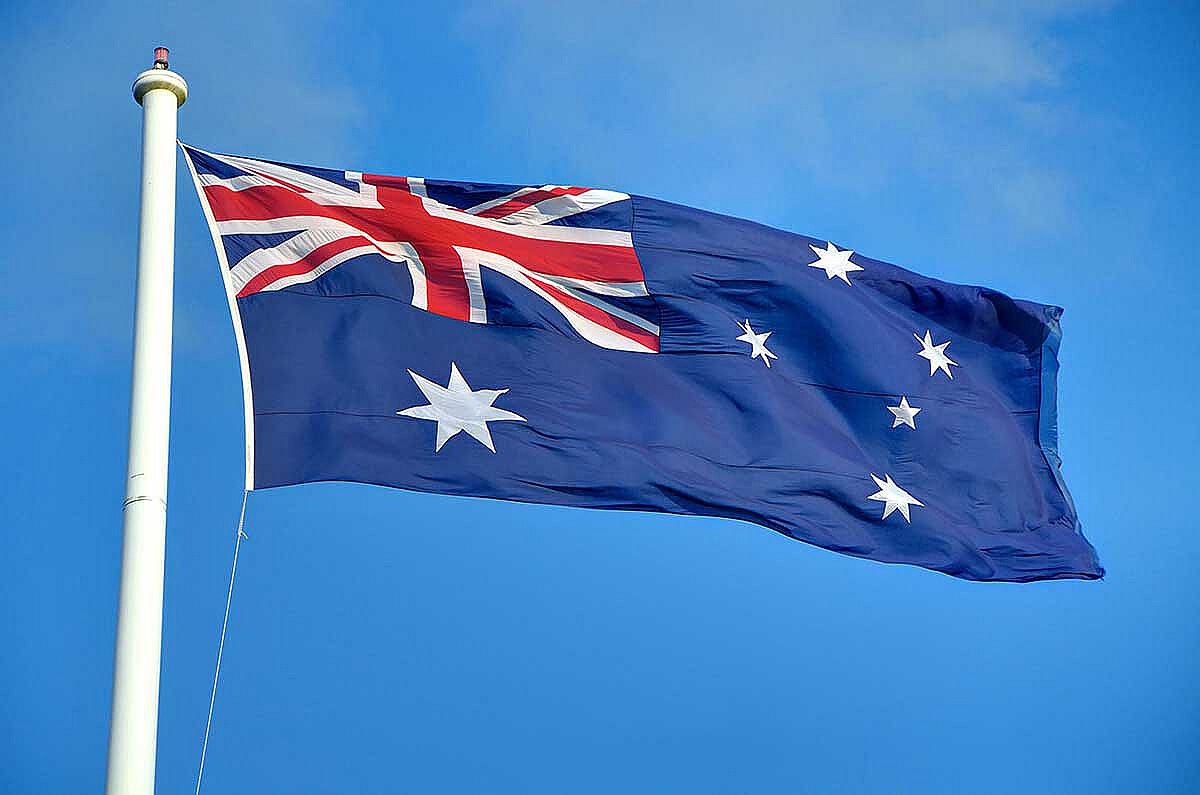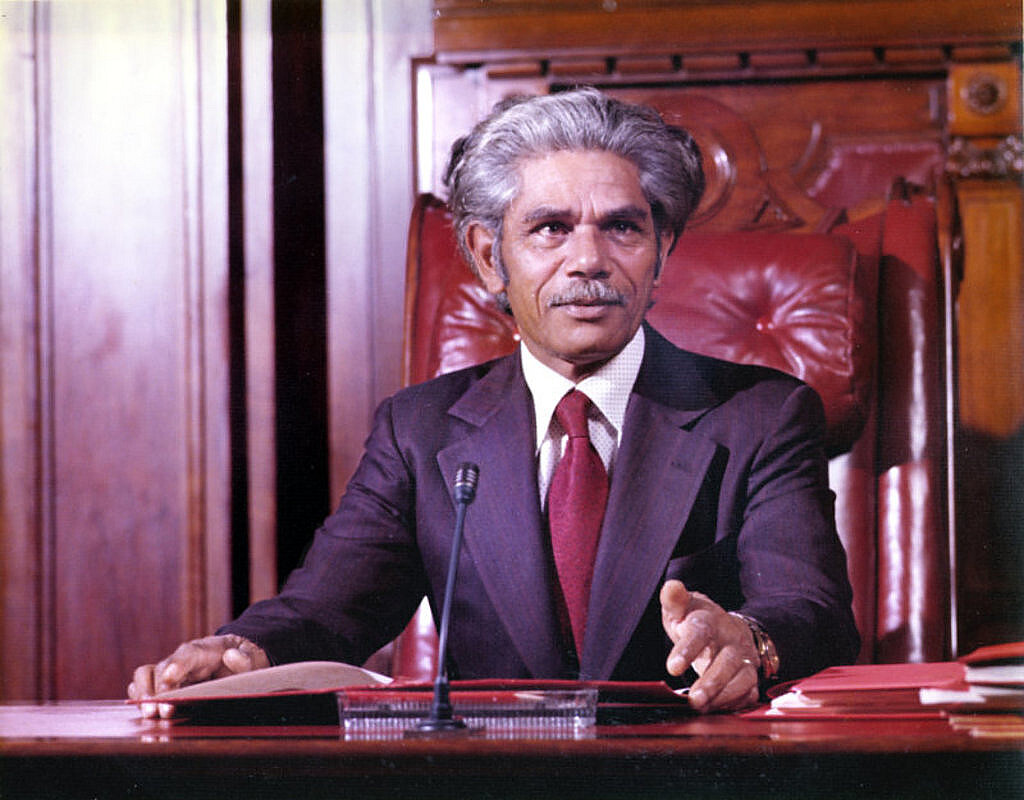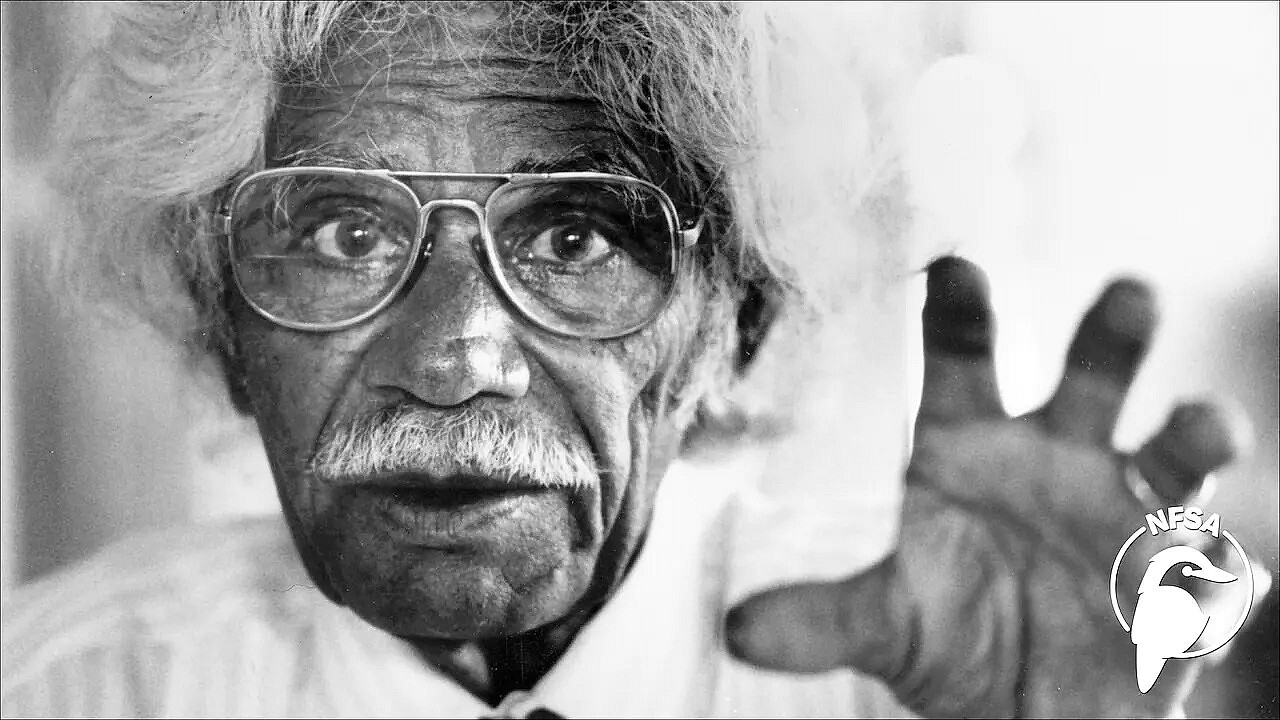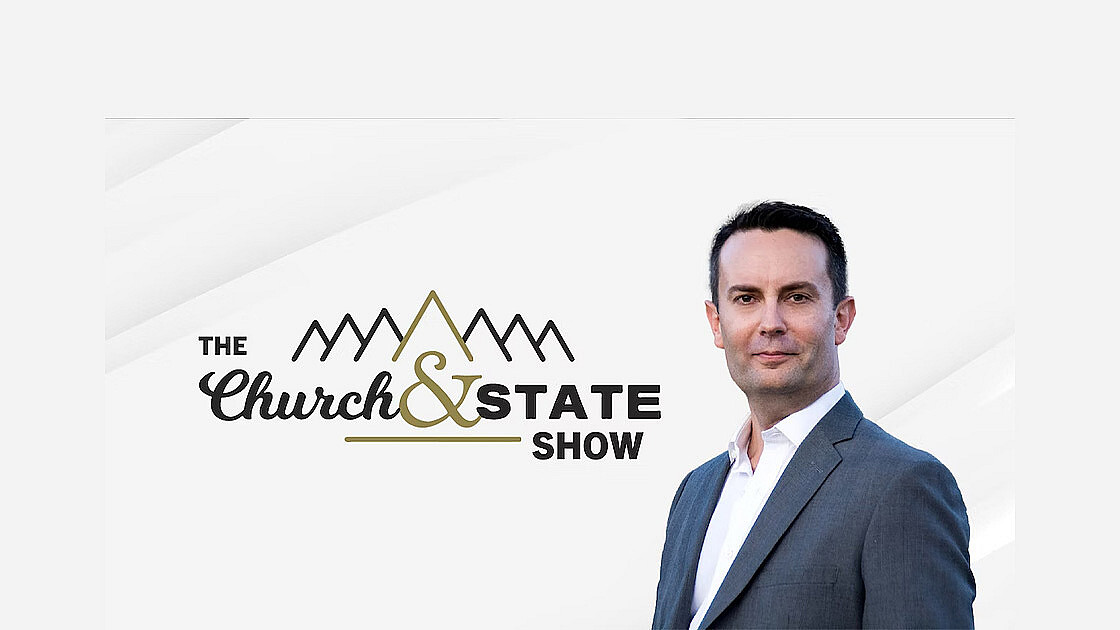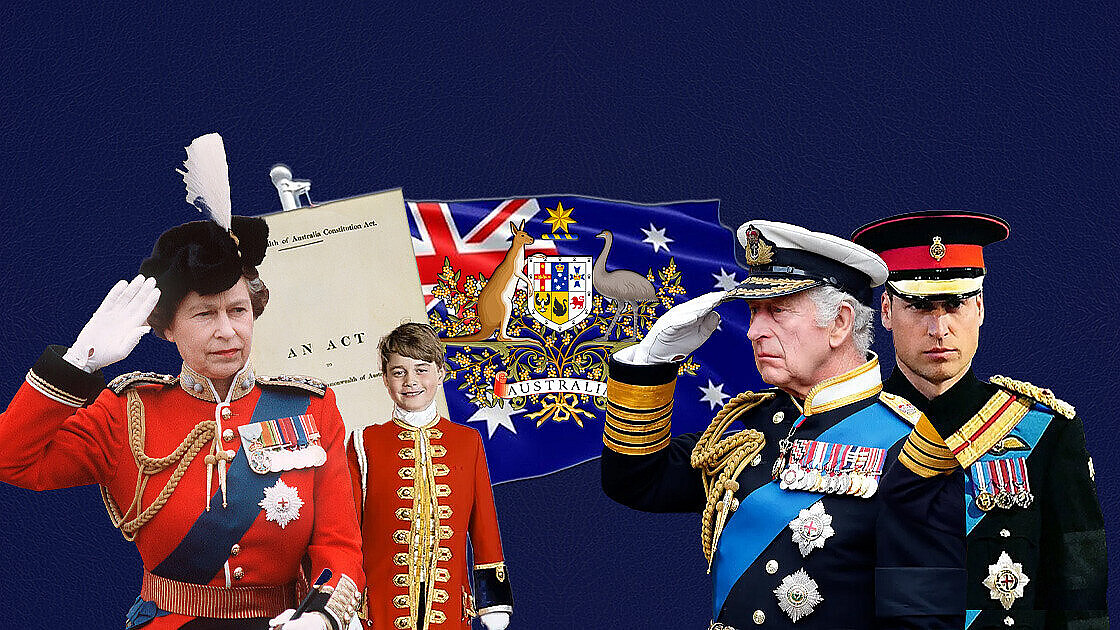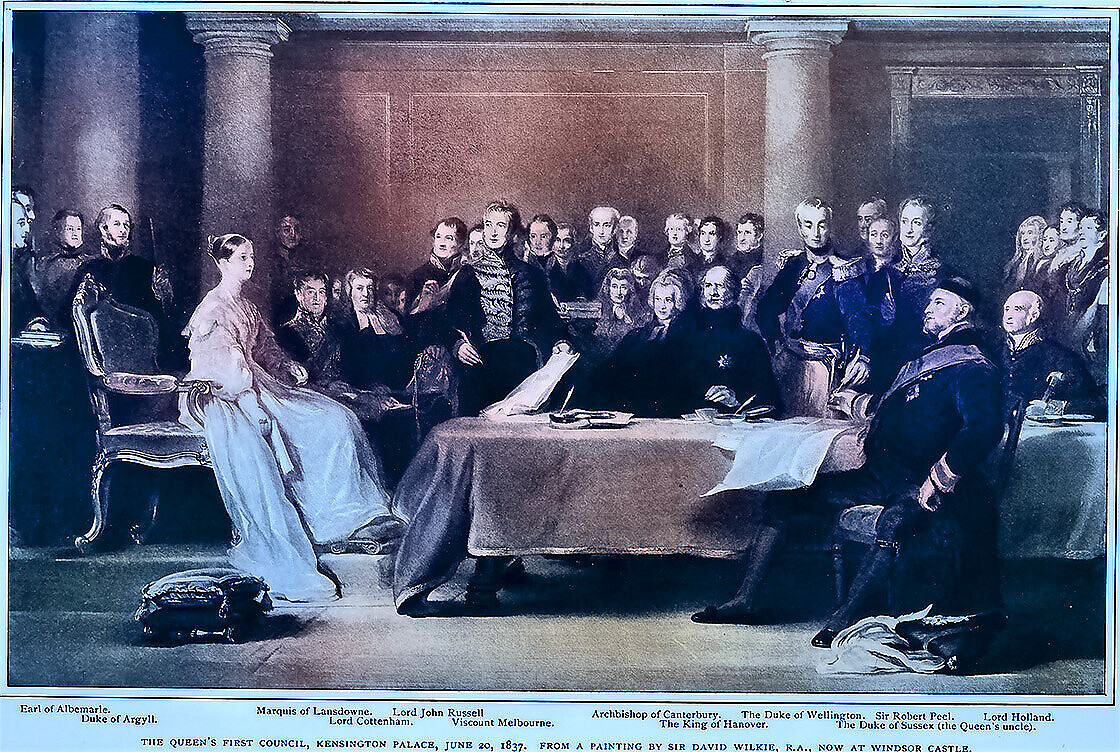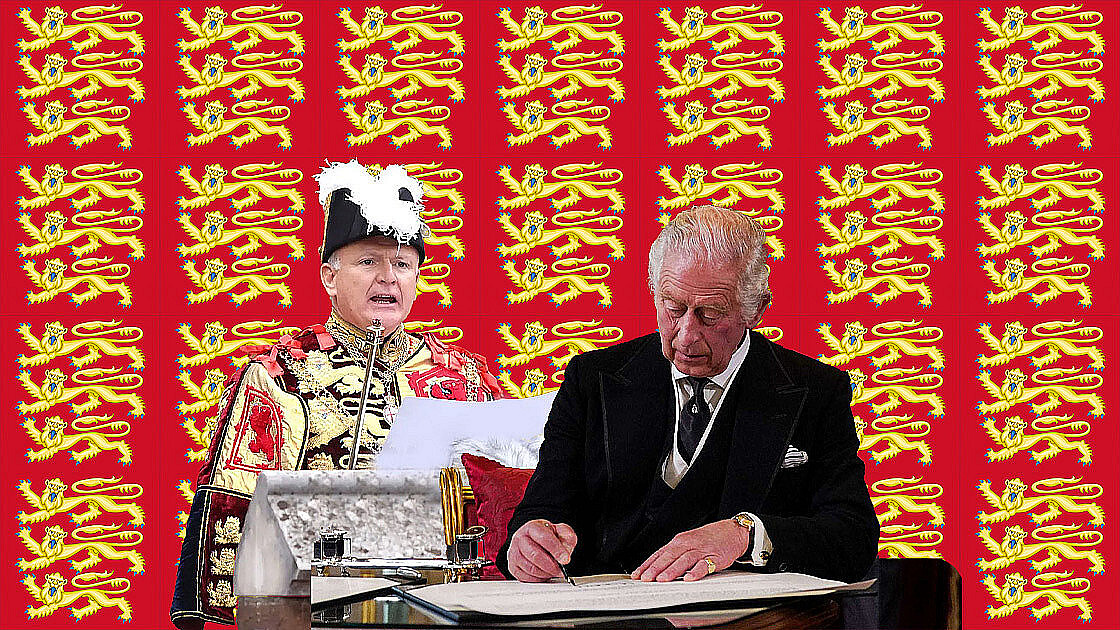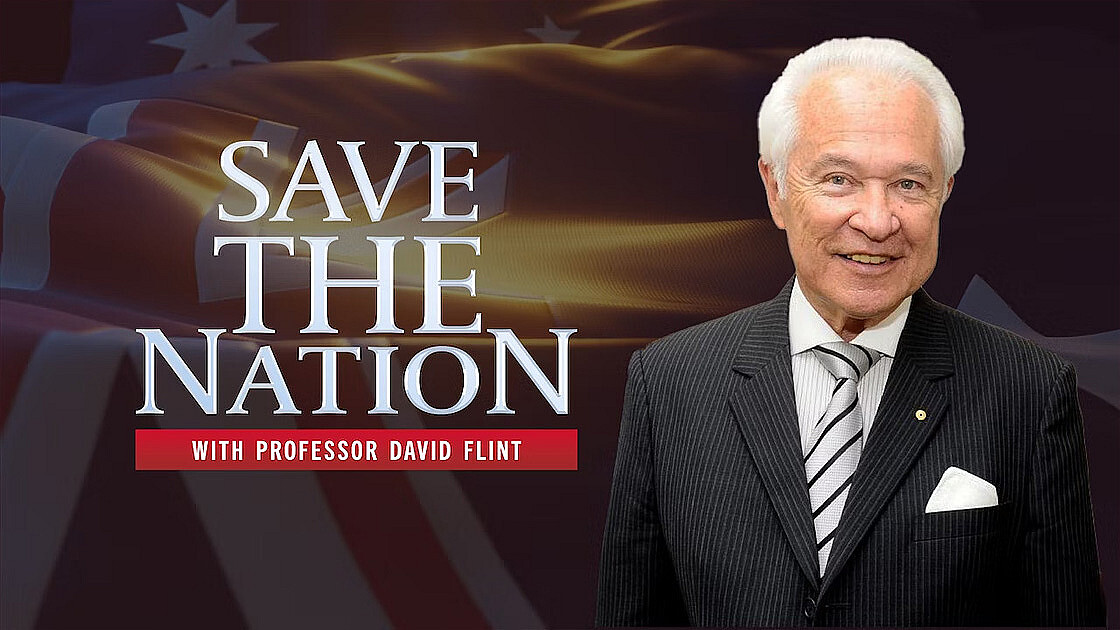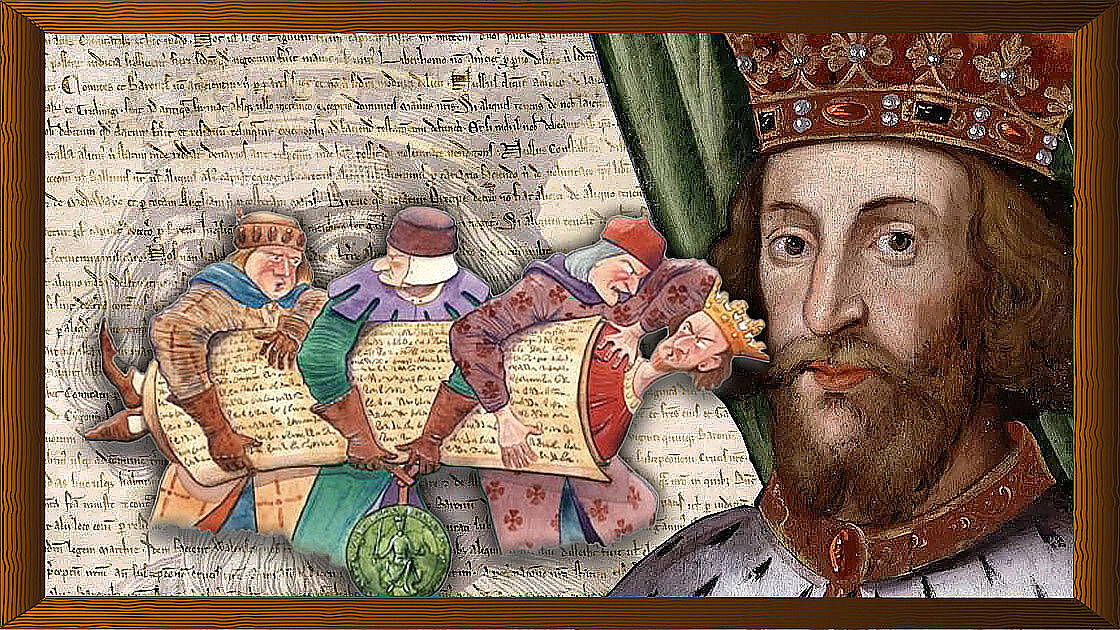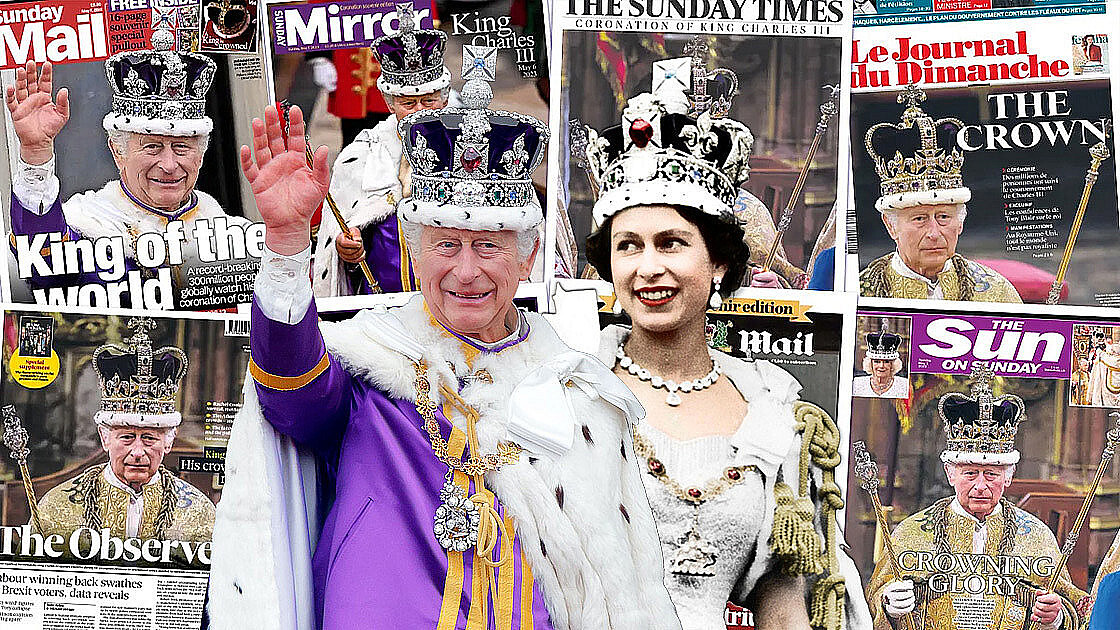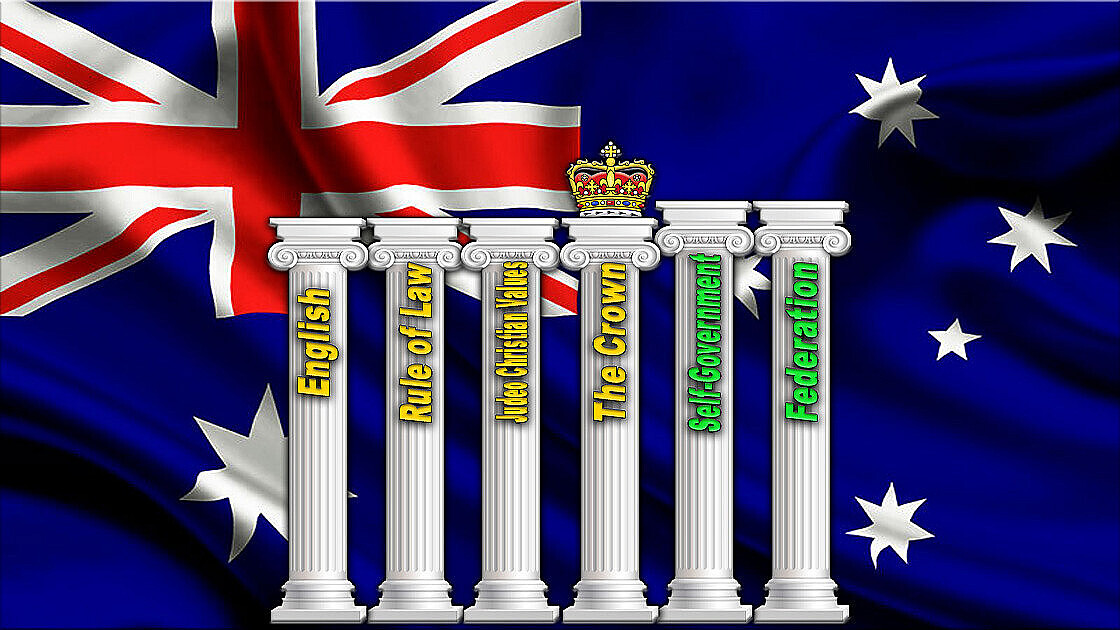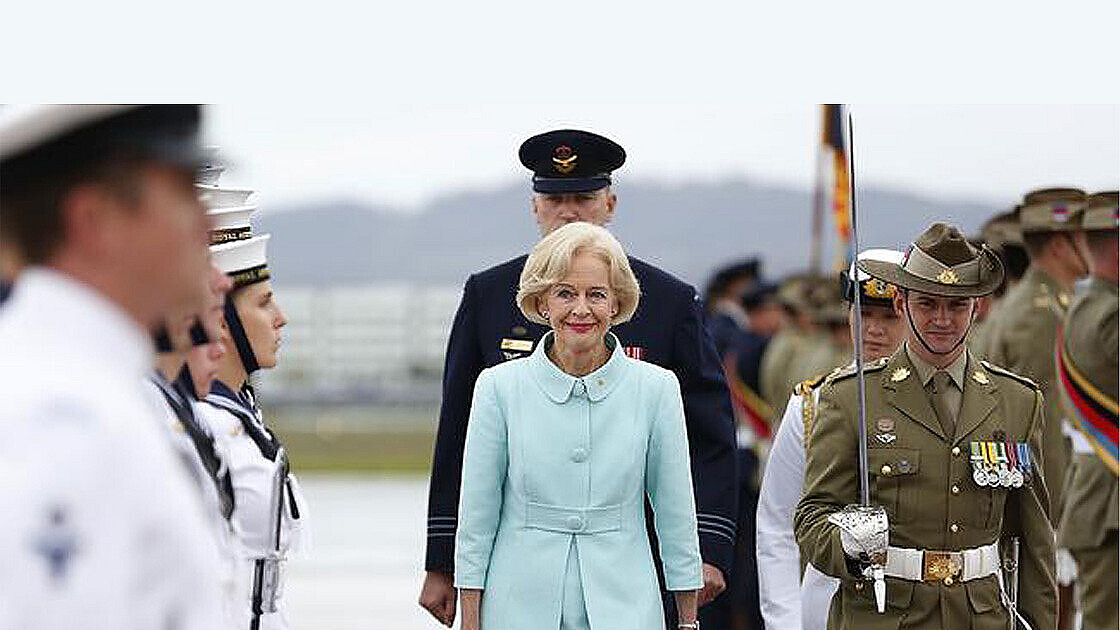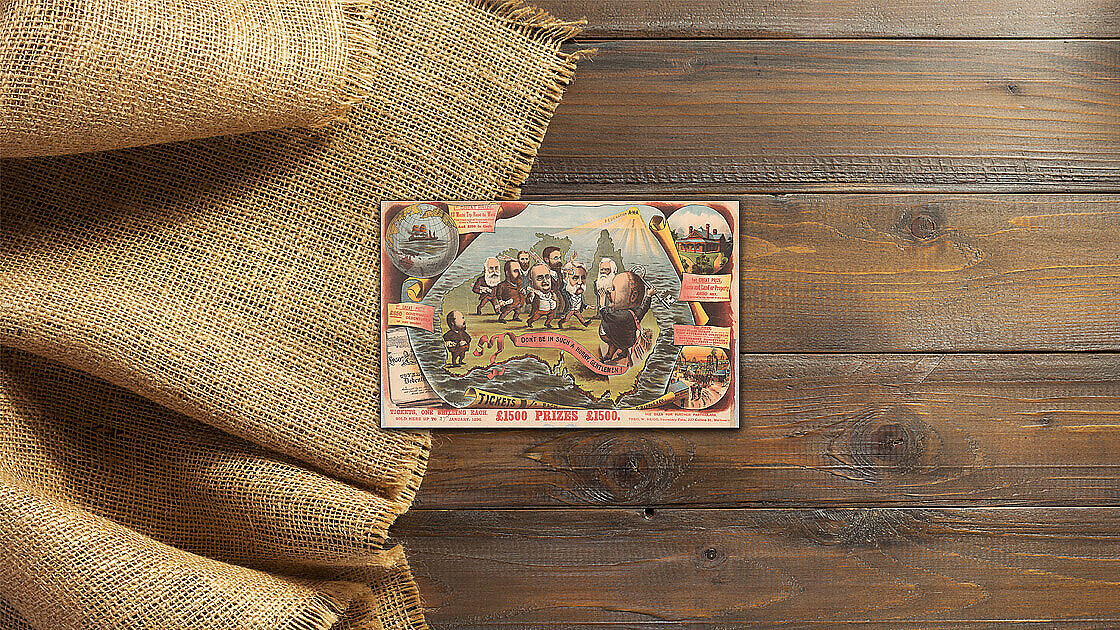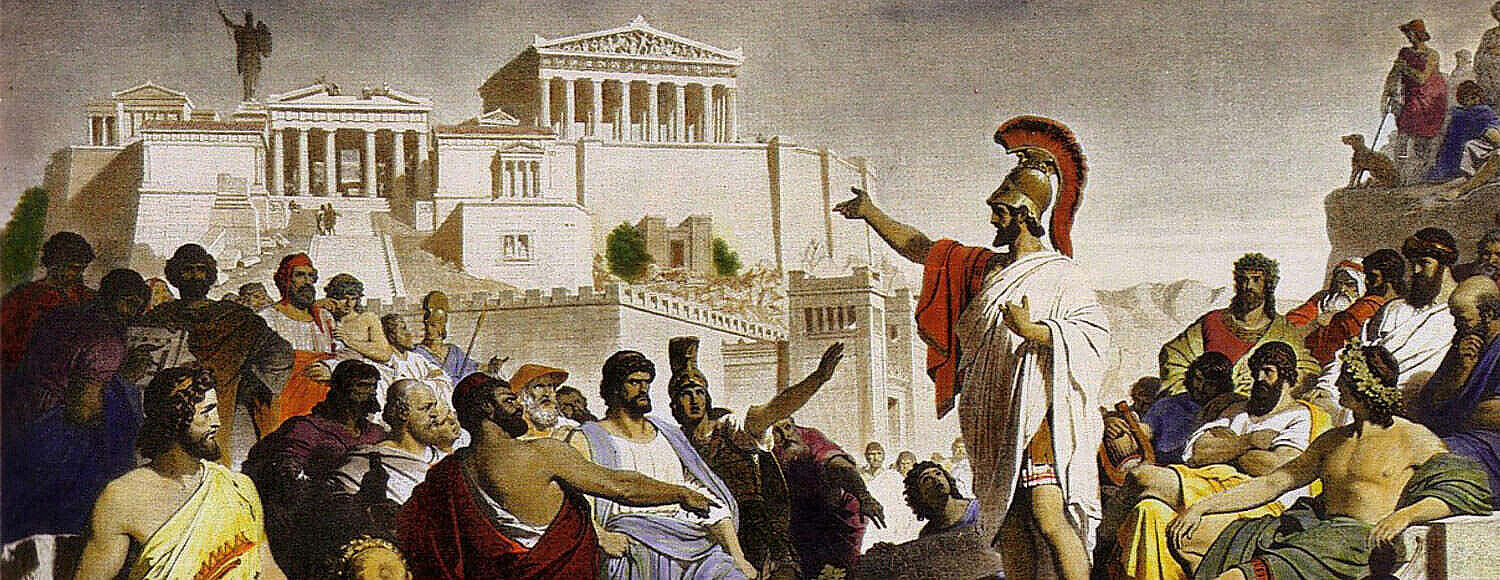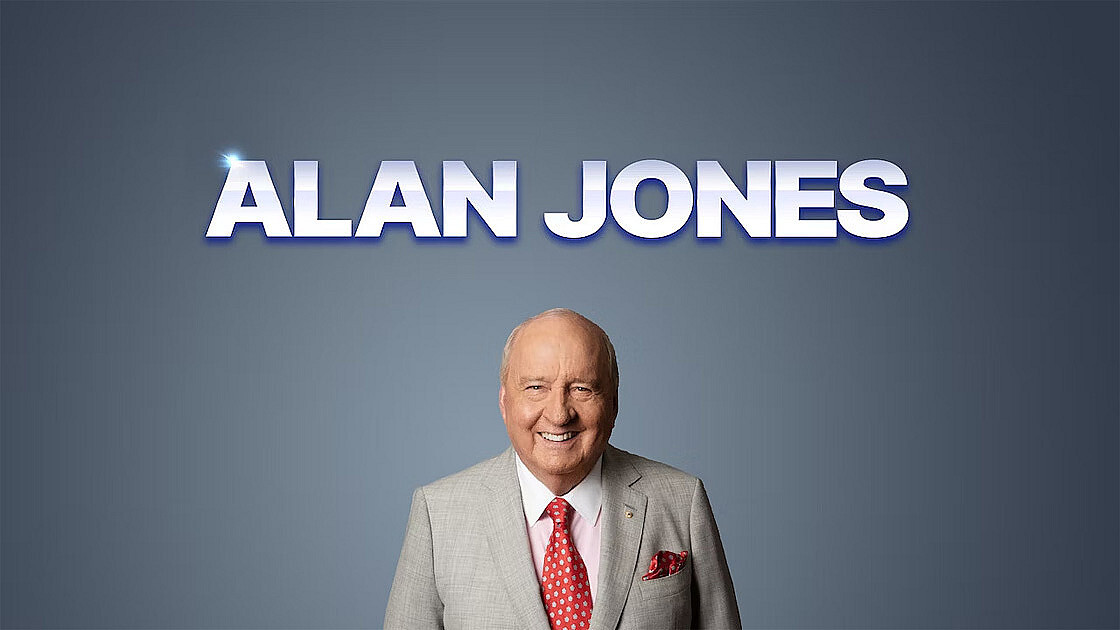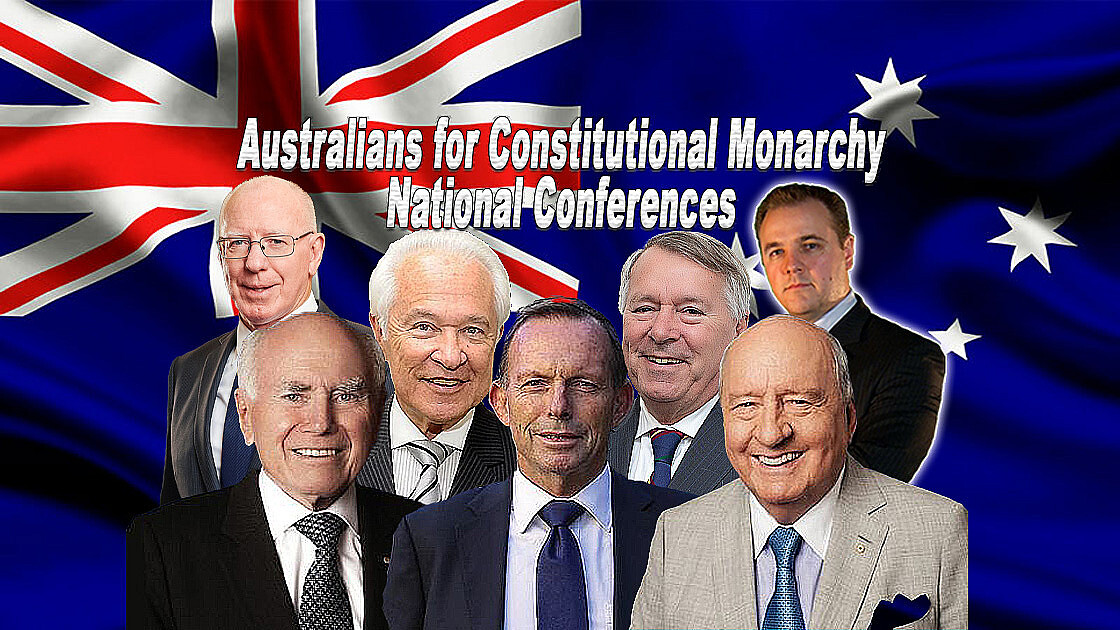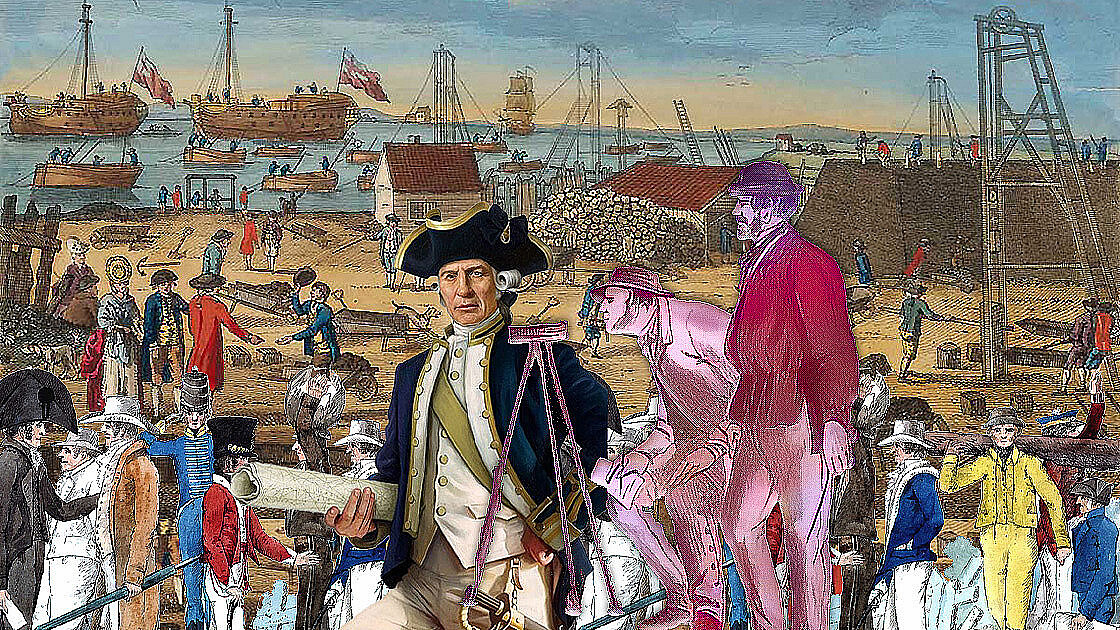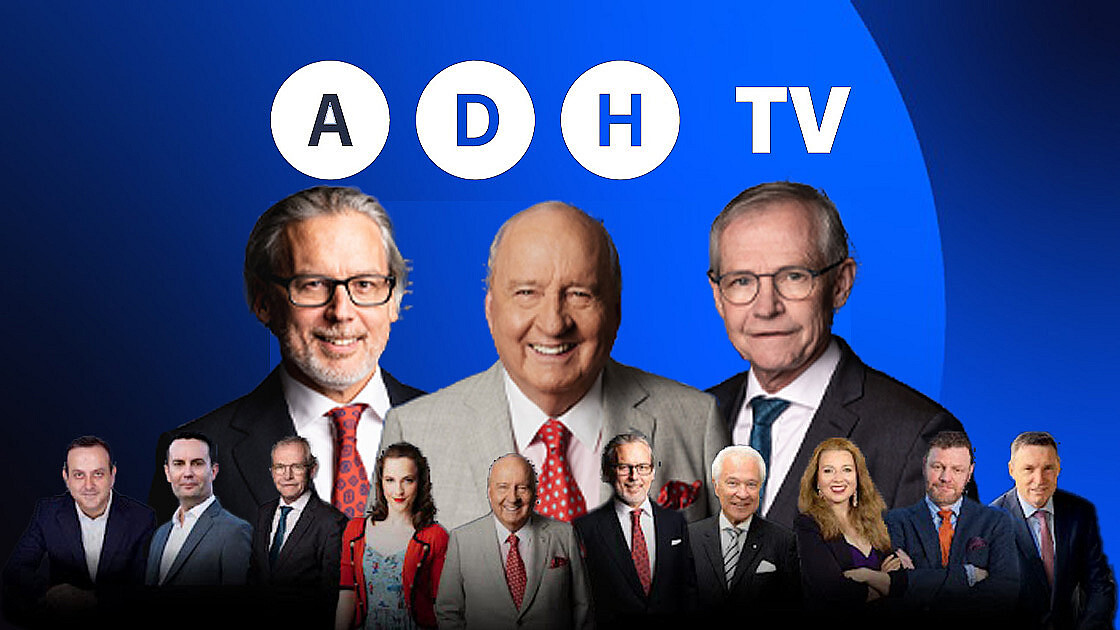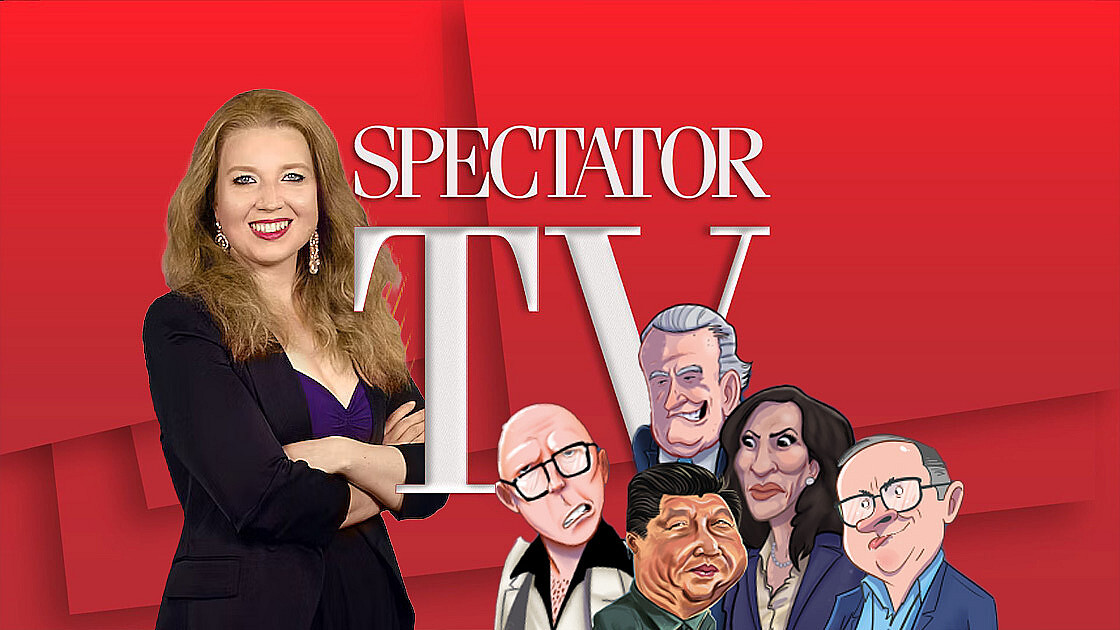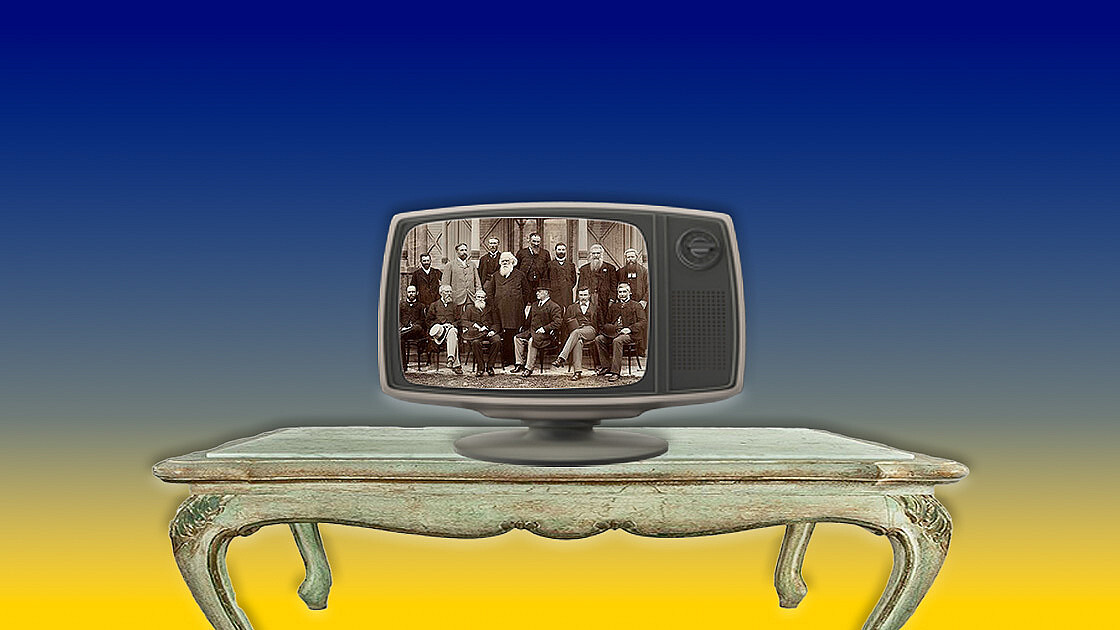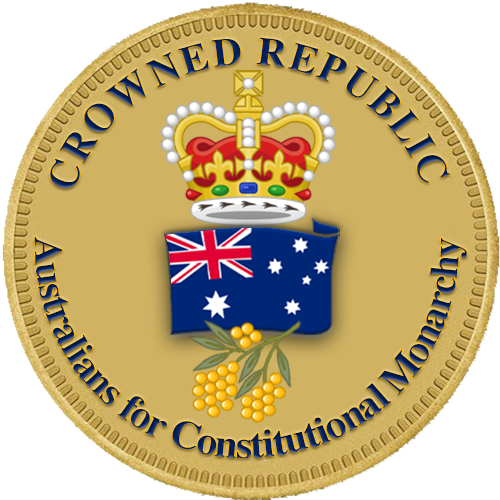[This was originally published in 1997 as THE ACM HANDBOOK, Key Facts and Opinions for the Republic Debate in Australia. Some minor editorial changes have been made. The Handbook opened with the following preface and acknowledgements:
Our Charter is to defend the Australian system of government and the Australian Constitution. This handbook has been produced from materials forwarded to our ACM office by generous supporters, from our own comprehensive library which includes media monitoring since 1992, and from our field and media appearances when debating republicans and their arguments. The tireless efforts of our leader since its formation, Mr Lloyd Waddy, QC, are continually reflected in the philosophy and arguments presented in this handbook. We give our special thanks to Barbara and Lindsay Thomson, Gold Coast 'No Republic' branch, for their invaluable contributions and research. In particular, we thank our ACM supporters who have stood up for our cause through thick and thin. The spirit of thousands of voices pervades this handbook throughout in defence of our Australian Constitution and the role of the non-political Crown in it!
Kerry Jones
Executive Director, ACM
Editorial assistance, design and layout were donated by Clive Longstaff, and the volume was printed by Standard Publishing House, Rozelle NSW]
The history of republicanism in Australia is the history of an imagined destiny. The Australian republic is a two-century-old dream not realised.' (Mark McKenna "The Captive Republic. A history of republicanism in Australia 1788-1996". p1). The 1850s and especially the lead up to Federation in 1901 saw debate and discussion on the best system of government for Australia.
In the 1890s the peoples of the Australian colonies were more involved in the making of their constitution than the people of any of the world's other great democracies. The Australian Constitution came into effect on 1 January 1901 with the federation of the separate colonies into one, united Australian nation. Since pre-Federation, it was only in the 1990s that a serious attempt was made to force republicanism on Australia.
This handbook, which is unequivocally and unashamedly written from the perspective of Australians for Constitutional Monarchy (ACM), is intended to provide our Supporters and spokespersons with arguments useful for debating those advocating a republic.
Whilst republicans have many different preferences for aspects of an Australian republic, they tend to argue on two levels; emotional and constitutional. The emotional lines usually centre on their perceived need for Australia to have 'one of us' as Head of State, getting rid of the 'foreign' Queen, Australia needing to be independent, and the problems associated with the private lives of younger members of the Royal Family (and their ex's). Often, changes to symbols of our system of government and our national identity, such as changes sought to our Australian flag, our national anthem, and our Government Houses, are also linked to the emotional debate.
The constitutional debate, which is central to our ACM platform, focuses on the defects in the various models of republics as alternatives to our current working system of government; the problems with each of the methods advanced for appointing and dismissing a president, exposing the powers a president would have, and the dangers inherent in replacing the Governor-General as our non-political Head of State, which only the Crown can ensure, with a powerful political president.
There are many additional technically-complex constitutional questions which we must insist are addressed before any vote is taken on any Republican model. These include subjects not generally recognised by the Australian people as fundamentally related constitutional issues, such as each of the States being a separate constitutional monarchy. The possible content of a new preamble to a new constitution opens up a minefield of considerations. Should a new republican constitution include a bill of rights, abolish the federal Senate, abolish the States or local government, including provisions on controversial issues such as euthanasia, gun laws and abortion, deal with aboriginal reconciliation, include a commitment to the environment, incorporate the principal of citizen-initiated referendums, or abolish the current requirement for ongoing constitutional change to be preceded by a referendum? Added to these are all the other interests being proposed by various supporters of the republic. Or should these issues remain, as under our current constitution, the role of the parliament through its ongoing legislative programme with legal challenges decided by the High Court?
For citizens who like their country the way it is presently governed, our strongest case is still the adage, 'If it ain't broke, don't fix it'. We have never claimed that our system of government is perfect, just that the Republicans so far haven't offered anything better or justified good enough reasons for change. After all, we are surely right to be proud of living in the world's sixth-oldest continuous democracy.
Only the people of Australia, voting through a referendum, can and will decide whether Australia will abolish the role of the Crown in a new republic. Of course, this would mean a new constitution, a new identity and an unknown constitutional future.
We hope that armed with this handbook, in conjunction with other materials that support our ACM cause, all defenders of the Australian Constitution, and the role of the Crown in it, will be able to challenge and convincingly argue any case a republican might try to justify.
It is anticipated that as republican agitation increases towards the referendum, further handbooks with questions and answers, as well as guides on debating, will be published by ACM.
The words of Justice Michael Kirby, ACM Charter Signatory, summarise it all: 'I support reform of society and laws. But reform means more than change. It means change for the better. My proposition is that the establishment of a 'Federal Republic of Australia' would not be a change for the better ... Under the Constitution that has served Australia for nearly a century, we will all peacefully cast our ballots. No blood in the streets. No gunfire will accompany the result. We can rejoice in our mature Constitution. In the words of the poet laureate of practical people: 'If it ain't broke, don't fix it."
Introduction
[This was originally published in 1997 as THE ACM HANDBOOK, Key Facts and Opinions for the Republic Debate in Australia. Some minor editorial changes have been made. The Handbook opened with the following preface and acknowledgements:
Our Charter is to defend the Australian system of government and the Australian Constitution. This handbook has been produced from materials forwarded to our ACM office by generous supporters, from our own comprehensive library, which includes media monitoring since 1992, and from our field and media appearances when debating republicans and their arguments. The tireless efforts of our leader since its formation, Mr Lloyd Waddy, QC, are continually reflected in the philosophy and arguments presented in this handbook. We give our special thanks to Barbara and Lindsay Thomson, Gold Coast 'No Republic' branch, for their invaluable contributions and research. In particular, we thank our ACM supporters who have stood up for our cause through thick and thin. The spirit of thousands of voices pervades this handbook throughout in defence of our Australian Constitution and the role of the non-political Crown in it!
Kerry Jones
Executive Director, ACM
Editorial assistance, design and layout were donated by Clive Longstaff, and the volume was printed by Standard Publishing House, Rozelle NSW]
The history of republicanism in Australia is the history of an imagined destiny. The Australian republic is a two-century-old dream not realised.' (Mark McKenna "The Captive Republic. A history of republicanism in Australia 1788-1996". p1). The 1850s and especially the lead up to Federation in 1901 saw debate and discussion on the best system of government for Australia.
In the 1890s the peoples of the Australian colonies were more involved in the making of their constitution than the people of any of the world's other great democracies. The Australian Constitution came into effect on 1 January 1901 with the federation of the separate colonies into one, united Australian nation. Since pre-Federation, it was only in the 1990s that a serious attempt was made to force republicanism on Australia.
This handbook, which is unequivocally and unashamedly written from the perspective of Australians for Constitutional Monarchy (ACM), is intended to provide our Supporters and spokespersons with arguments useful for debating those advocating a republic.
Whilst republicans have many different preferences for aspects of an Australian republic, they tend to argue on two levels; emotional and constitutional. The emotional lines usually centre on their perceived need for Australia to have 'one of us' as Head of State, getting rid of the 'foreign' Queen, Australia needing to be independent, and the problems associated with the private lives of younger members of the Royal Family (and their ex's). Often, changes to symbols of our system of government and our national identity, such as changes sought to our Australian flag, our national anthem, and our Government Houses, are also linked to the emotional debate.
The constitutional debate, which is central to our ACM platform, focuses on the defects in the various models of republics as alternatives to our current working system of government; the problems with each of the methods advanced for appointing and dismissing a president, exposing the powers a president would have, and the dangers inherent in replacing the Governor-General as our non-political Head of State, which only the Crown can ensure, with a powerful political president.
There are many additional technically-complex constitutional questions which we must insist are addressed before any vote is taken on any Republican model. These include subjects not generally recognised by the Australian people as fundamentally related constitutional issues, such as each of the States being a separate constitutional monarchy. The possible content of a new preamble to a new constitution opens up a minefield of considerations. Should a new republican constitution include a bill of rights, abolish the federal Senate, abolish the States or local government, including provisions on controversial issues such as euthanasia, gun laws and abortion, deal with aboriginal reconciliation, include a commitment to the environment, incorporate the principal of citizen-initiated referendums, or abolish the current requirement for ongoing constitutional change to be preceded by a referendum? Added to these are all the other interests being proposed by various supporters of the republic. Or should these issues remain, as under our current constitution, the role of the parliament through its ongoing legislative programme with legal challenges decided by the High Court?
For citizens who like their country the way it is presently governed, our strongest case is still the adage 'If it ain't broke, don't fix it'. We have never claimed that our system of government is perfect, just that the republicans so far haven't offered anything better or justified good enough reasons for change. After all, we are surely right to be proud of living in the world's sixth oldest continuous democracy.
Only the people of Australia, voting through a referendum, can and will decide whether Australia will abolish the role of the Crown in a new republic. Of course this would mean a new constitution, a new identity and an unknown constitutional future.
We hope that armed with this handbook, in conjunction with other materials that support our ACM cause, all defenders of the Australian Constitution, and the role of the Crown in it, will be able to challenge and convincingly argue any case a republican might try to justify.
It is anticipated that as republican agitation increases towards the referendum, further handbooks with questions and answers, as well as guides on debating, will be published by ACM.
The words of Justice Michael Kirby, ACM Charter Signatory, summarise it all: 'I support reform of society and laws. But reform means more than change. It means change for the better. My proposition is that the establishment of a 'Federal Republic of Australia' would not be a change for the better ... Under the Constitution that has served Australia for nearly a century, we will all peacefully cast our ballots. No blood in the streets. No gunfire will accompany the result. We can rejoice in our mature Constitution. In the words of the poet laureate of practical people: 'If it ain't broke, don't fix it."
The ARM and ACM
In July 1991 the Australian Republican Movement (ARM) was launched. Its central platform? To establish a republic by the centenary of the Federation on 1 January 2001. Described by McKenna as the 'brainchild of New South Wales Labor MLC Franca Arena', the ARM has since operated from the offices of the merchant bankers Malcolm Turnbull and Neville Wran.
Another founding member, Thomas Keneally, described the reasoning behind the movement's formation:
'In a manner all too typical of generous Sunday lunches in Sydney, a number of bottles of Hunter Valley chardonnay had been drained. Neville Wran leaned over the table and said, 'The other thing I want to see happen before I bloody well die is an Australian republic'.'
Thomas Keneally "Our Republic".
Since 1992, political interventions often described as 'republicanism by stealth' coupled with a recognised bias in favour of the republic through the Australian press gave substantial support to the republican cause. In addition, the blatant promotion through both funding and policy commitments of the Keating Labor Government until its election defeat in March 1996 has led many Australians to assume that a republic in Australia is 'inevitable'.
The public spokespersons associated with the ARM, coupled with an annual series of lavish $150 per head dinners, have frequently resulted in ARM members and the organisation being described as 'elitist' and out of touch with real Australia. This description is perhaps apt and is compounded by an ARM growth rate less than a quarter of that of ACM. Furthermore, in popular opinion polls, even at the height of the Keating Government's Republican push, 'a republic' has never ranked in the top ten issues those polled wanted the Government to address.
The movement to defend the constitution, Australians for Constitutional Monarchy (ACM), was launched at a public meeting on 4 June 1992. Tony Abbott, the first executive Director of ACM in his book "The Minimal Monarchy" described the organisation as 'the brain child of two Sydney lawyers: Lloyd Waddy, senior barrister and Chairman of the Elizabethan Theatre Trust, who acted as spokesperson and organiser; and Michael Kirby, judge and law reformer who drafted a Charter for ACM which embraced everyone from ardent royalists, to strong constitutionalists, to republicans who were in no hurry for change.' Members of the Foundation Charter Council included Sir John Atwill, Aboriginal former senator Neville Bonner, former High Court Chief Justice Sir Harry Gibbs, Gareth Grainger, Stephen Hall, Angelo Hatsatouris, Sydney University Chancellor Dame Leonie Kramer, Vahoi Naufahu, Justice Barry O'Keefe, artist Margaret 011ey, New South Wales MLC Helen Sham-Ho, former Labor Lord Mayor of Sydney Doug Sutherland and Margaret Valadian. ACM now boasts a list of Supporters Australia-wide well in excess of 16,000.
A rally in Sydney Town Hall on 26 November 1993 addressed by the Hon John Howard MP (now Prime Minister of Australia) attracted a standing room only audience of over 2000. A march from the gates of Government House to the front of Parliament House in Sydney, organised by ACM in January 1996 to protest at the New South Wales Premier Bob Carr's attempt to downgrade the Office of Governor and deny the incoming governor residence in Government House attracted some 20,000 people. In addition ACM's established councils and branches across Australia have successfully held grass roots seminars, debates, luncheons, dinners and receptions for the wider community. Since its formation, ACM's overwhelming source of funding has been average donations of $5—$10 from individual Supporters. Fewer than 30 Supporters have given over $500.
In the lead up to the Howard Government's promised People's Constitutional convention ACM has focused on the need for educating Australians on our working constitution and system of government.
We know from the Civic Expert Group appointed by the Keating Government in 1994 that 82% of Australians know nothing about the content of our Constitution. Through the generosity of our Supporters the ACM resources development programme has included books, a video, collections of papers, our national Newsletter and a variety of handbooks.
In summary
'The Australian monarchy is a peculiar beast. Some would say that it doesn't really exist. But monarchies have an infinite variety, and ours is no less real because it's peculiar. During the 1990s we began to understand it better than we have done for many years, and we can thank the republican movement for that. ... ...
Monarchy is deeply embedded within the Australian tradition. It has its faults, but its virtues are fundamental to our way of life. Until that fact is recognised there is no useful way forward, no means of reconciling monarchists and republicans and no way of pursuing the other option to a republic, the remodelling and rebirth of the system we know.'
Allan Atkinson (Author) Quoted from "The Muddle-Headed Republic"
QUOTES FOR THE DAY!
'We live under a Constitution that was formed without the directions of any women at all, and without indigenous people (including women and men) or, generally, women and men of non–English speaking background or ethnic minorities. ... ... Those rights that are contained in the Constitution would have been framed very differently if women and indigenous people of both sexes participated.'
Dr J. Scutt (Feminist lawyer) Paper: "From a colonial past to an inclusionary future woman — the Constitution and women's rights"
Political Equality For Women Seminar, Canberra 19 September 1996
'Feminist historians are often quite proud of the exemplary achievements of Australian women in the context of world history
— gaining the right to vote so early: 1894 in South Australia, the other colonies a little later, 1901 in the Commonwealth.'
Curthoys & Mueke. (Authors) "The Republican Debate" UNSW Press 1993.
'On 7 June (1995) Paul Keating told parliament ... that serving politicians and those who had served within the preceding five years would be ineligible for appointment as president. In these days of equal opportunity and non-discrimination, Keating wants to insert in our Constitution a provision that world discriminate against two categories of Australians regardless of merit.'
Sir David Smith (Official Secretary to Governors-General 1973-1990) "The Australian" 15 October 1996 p13
'Learning about the Constitution apprises ses people that we have got a constitution which was designed by the British Foreign office to look over the Australian Government's shoulder.'
The Hon P.J. Keating (former Prime Minister) Speech when launching the need for a national education programme to inform people about citizenship and the Constitution! Melbourne, 15 June 1994
'Mr Keating uses history to his advantage. He reinvents it to suit his agenda — the republic.'
Randal Marquee (Canberra Bureau Chief) "The West Australian" 18 June 1994
We Made One of the World’s Most Successful Constitutions
Prior to Federation, Australia was made up of separate colonies with their own elected governments. The 1890s saw a series of conventions with delegates both popularly elected and/or nominated by the colonies. The draft Australian Constitution was adapted from the constitutions of the USA, Canada and Switzerland as well as incorporating many ideas from the British system of responsible parliamentary Government. The draft, similar to that finally approved by the people in the referendums held in each of the colonies, was extensively the work of Samuel Griffith (QLD), Edmund Barton (NSW), Charles Kingston (SA) and, Andrew Inglis (TAS).
As no single colony could legislate for any of the others, and to give the new constitution undoubted legal effect in all colonies, at the request of the people in each colony, the British Parliament in 1900 passed the Commonwealth of Australia Constitution Act to which our constitution, as agreed by the people, was and is a Schedule. Our federal Constitution was designed by Australians, for Australians and approved by Australian voters. The Australian constitution came into effect on 1 January 1901. All those who voted for it approved its creation of one nation on one continent under the Crown.
REPUBLICANS ASSERT
That women and aborigines were not allowed to vote in the colonial referendums for the Australian constitution and the federation of the Commonwealth of Australia.
ACM'S RESPONSE
The authority of the Crown comes from the people and in 1900 Australians voted to retain the monarchy. The people of all States by a majority voted to have the system we've got. It is not true that no women voted. Those States where women had the franchise did vote, as in South Australia. Those aborigines that had the franchise in Victoria and New South Wales did vote. But, sure, it was a male dominated world then.
'The debate over Australian history, however, risks being distorted if its focus is confined only to the shortcomings of previous generations. It risks being further distorted if highly selective views of Australian history are used as the basis for endless and agonised navel-gazing about who we are or, as seems to have happened over recent years, as part of a 'perpetual seminar' for elite opinion about our national identity.
The current debate over Australian history would benefit from a more balanced approach, from a wider perspective and from less pre-ordained pessimism.
In the broad balance sheet of our history, there is a story of great Australian achievement to be told . ... ...
We are right to be proud of living in one of the world's oldest continuous democracies, having pioneered advances in women's franchise, individual freedom, the accountability of governments and the rule of law.'
The Hon J.W. Howard (Prime Minister of Australia) Address: "The 1996 Sir Robert Menzies Lecture" Melbourne, 18 November 1996
A Working Constitution
Our Australian Constitution is nearly 100 years old. It is now the sixth oldest in the world. We hope to celebrate its 100th birthday in 2001 united as Australians. Since Federation in 1901 the Australian Constitution has sustained our legal and governmental systems, providing us with a stability and unity which has made us the envy of the world. Thousands of Australians have chosen to migrate here after fleeing from disastrous experiences in republics.
The Australian Constitution unifies our nation's system of government and ensures the people of Australia are sovereign in our democracy. Through parliamentary legislation and the legal system, our nation evolves and adapts to the complexities of the modern world. Thanks to the vision of the Australian voters in 1900, Section 128 of our constitution ensures Australia is one of the very few countries in the world where constitutional change can only be achieved through a referendum of the people. Otherwise it is our elected members of parliament who make the day to day decisions of government although all legislation must receive the assent of the Governor-General before becoming law.
REPUBLICANS ASSERT
The constitution is old and out of date.
ACM'S RESPONSE
Our Constitution is as modern as we the people want it to be. In the exercise of the sovereignty of the people, voters have approved only eight of the 48 suggested amendments put to them at referendums.
Republicans are not able to demonstrate any way in which Australia would be better off as a republic. We could end up with replacing one of the best systems of government in the world with constitutional and political uncertainties.
If the republicans are right and nothing will really change, why bother! If, on the other hand, they are playing down the extent of the flow-on changes, why take the risk? A republic diverts attention from more pressing questions.
QUOTES FOR THE DAY!
'A republic says that this is Australia: a nation not defined by race or religion or cultural background, but a nation defined by its commitment to this land above all others. It is a commitment to our own unique democracy and democratic institutions.'
Australian Republican Movement. Platform document p4
'The present system works well. It allows us to have stable Government in this country. The Head of State is aware of the restraints under which he must function. They are acknowledged all round and have worked since Federation quite effectively. If we move away from that and there is no restraint, then my apprehension would be that we could go through extensive periods of quite unstable Government.'
The Hon W.G. Hayden (former Governor-General) ABC "Four Corners" 1993.
'Republicanism can mean and has meant many things beyond the mere removal of the monarch. A republic denotes sovereignty of the people or a mixed and balanced Constitution, both of which are compatible with monarchy so long as the monarch is a constitutional monarch. From the mid-19th century, the British system of parliamentary government was commonly seen as a disguised republic.'
Dr John Hirst (ARM Victorian convenor) Review of "The Captive Republic.
A History of republicanism in Australia" by Mark McKenna
"The Australian" 13 November 1996
'The constitution is like a marriage licence. It tells us two people are bound together in marriage but not much about what goes on inside the marriage.'
Lloyd Waddy (ACM National convenor) Various speeches.
Australia Is Independent
In 1931 the British Parliament passed the Statute of Westminster, which allowed the self-governing Dominions to make their own decisions about defence and foreign policy, the only areas of policy which had remained under British control. The Parliament of the Commonwealth of Australia passed a law to ratify the Statute of Westminster in 1942. Remaining links with Britain (as distinct from links with the Crown) were broken by Acts of the Commonwealth Parliament in 1968 and 1975, which first restricted, then abolished, appeals from the High Court to the Judicial Committee of the Privy Council. Finally with the passage of Australia Acts 1986 through both the British Parliament (at the specific request of the Commonwealth and all State Governments) and the Australian Parliament, all remaining legal links (mainly involving the States) between Australia and Britain were severed.
REPUBLICANS ASSERT
Australia should have a Head of State who is an Australian citizen, who is appointed by Australians and who represents the independent and sovereign nation of Australia, called the 'President of Australia'. The Queen of England is seen by others as representing the UK, not Australia, and this creates confusion. The British Queen does not represent the people who now make up Australia. Australia must be seen to be an independent nation, no longer tied to the apron strings of Britain.
ACM'S RESPONSE
Australia is completely independent. We no longer have any legal or constitutional ties with Britain. Nothing in the changes that are proposed could make us any more independent. Australia is already a form of republic under the Crown of Australia; a crowned republic. The 1926 Imperial Conference of the British and Dominion Prime Ministers declared that the Governor-General of a Dominion was no longer to be the representative of His Majesty's Government in Britain, and that it was no longer in accordance with the Governor-General's constitutional position for him to remain as the formal channel of communication between the two Governments. The Conference resolved that, henceforth, a Governor-General would stand in the same constitutional relationship with his Dominion Government, and hold the same position in relation to the administration of the public affairs in the dominion, as did the King with the British Government and in relation to public affairs in Great Britain. It was also decided that a Governor-General should be provided by his Dominion Government with copies of all important documents and should be kept as fully informed of Cabinet business and public affairs in the Dominion as was the King in Great Britain.
At that same conference the Prime Ministers recognised that the Sovereign would be unable to pay State visits on behalf of any Commonwealth country other than the United Kingdom, and it was agreed that Governors-General of the various realms would pay and receive State visits in respect of their own countries. 'Buckingham Palace made it clear that it expected that Governors-General would be treated as the Heads of their respective countries and would be received by host countries with all the marks of respect due to visiting Heads of State. Canada exercised this right almost immediately and its Governors-General began visiting other countries the following year, 1927, but Australian Governments waited until 1971, forty four years after Canada, to follow suit. Since then our Governors-General have made 49 State and official visits to 32 foreign countries.
QUOTES FOR THE DAY!
'So we have evolved to the point, in our time, at which the Governor-General, an Australian citizen and resident, performs Head of State functions in and for Australia even though lie is not formally Head of State. It is this development, this evolution, which explains why Geoffrey Wainey says that Australia is in practice a republic'.
Rt. Hon Sir Zelman Cowen (former Governor-General) "The Australian Constitutional Monarchy" Grainger & Jones p 46
'Those who seek to argue that Australia or its States or Territories are not independent must ignore political reality and law, both international and domestic. In every sense of the word, Australia is an independent and self determining nation, and changes to our constitution must be justified by other arguments, not those which assert or infer that we are in sonic way tied to the apron strings of Britain or that we are in some way still of colonial status. ... ... Australia as a nation was never a colony, although each of the States of Australia have colonial origins. Our constitution is the product of the finest Australian legal and political minds, exercised over the last part of the 19th century, hammered out in the founder of the constitutional conventions and presented for adoption as our constitution. It is an Australian Constitution, formulated by Australians, for Australians. ... ... It is a good document, a sound document, one which has, and still does, serve us well. ... ... Changing the Commonwealth constitution will not enhance our independence, our sovereignty, or our capacity for self determination. They are full and plenary'.
The Hon. Barry O'Keefe (ACM Charter Signatory) Speech: "Australia 1995: An Independent and Self Determining Nation" 2 November 1995.
'Our Head of State should be one of us'
The Hon P.J. Keating (former Prime Minister) Parliamentary speech: "An Australian republic; the way forward" 7 June 1995
'The Governor-General's statutory powers, that is, those powers conferred on him by legislation passed by the Commonwealth Parliament, were similarly conferred on the Governor-General in his own right and could be exercised by no one else — not even the Sovereign. So Parliament was asked to pass the Royal Powers Act 1953. This Act allows the Queen, whenever she is personally present in Australia, and is so advised by her Australian Ministers, to exercise any statutory power ender an Act of Parliament that is exercisable by the Governor-General. The Act further provides that the Governor-General may continue to exercise any of his statutory powers even while the Queen is in Australia, and in practice Governors-General have continued to do so.'
Sir David Smith (Official Secretary to Governors-General 1973-1990) From background notes explaining the Australian Parliament's Royal Powers Act 953.
Who is the Head of State?
Our Constitution does not contain the expression 'Head of State'. What it says, in Section 61, is 'the executive power of the Commonwealth is vested in the Queen and is exercisable by the Governor-General as the Queen's representative, and extends to the execution and maintenance of this Constitution and the laws of the Commonwealth'.
REPUBLICANS ASSERT
Australia shall have a Head of State who is an Australian citizen, who is appointed by Australians and who represents the independent and sovereign nation of Australia.
ACM'S RESPONSE
The fact is we already have an Australian as our constitutional Head of State. It is the Governor-General, not the Queen, who exercises the powers of the Head of State. Our Australian Governor-General functions with all the powers of a Head of State and is recognised as such by other countries.
QUOTES FOR THE DAY!
'Under our present constitution, we have two Heads of State, the Queen is our symbolic Head of State and the Governor-General is our constitutional Head of State. ... ... The monarchy and the Crown have given us such an impeccable method of appointing the Australian who is to serve as our constitutional Head of State, that even those who have come directly from politics have served the Office with distinction'.
Sir David Smith (Official Secretary to Governors-General 1973-1990) Speech: "Australia's Head of State" Sydney Legacy 29 August 1996
'Our system gives us two sovereigns. One is monarch and/or her representative, a figure whose authority is deeply embedded in the past, who has no special interest to serve and whose dignity cannot be subverted. The other is the people, a body all-powerful at election time. The first is not just an ornament. The symbolic and spiritual power of the Queen strengthens the hand of the Governor-General in dealing with the politicians. The Crown has thus played a part in making Australian governments accountable. It has nourished a culture in which watching and questioning is taken for granted.'
Allan Atkinson (Author) Quoted from "The Muddle-Headed Republic"
'On the basis that he looks like a Head of State, and sounds like a Head of State, the Governor-General is Australia's Head of State. Bill Hayden called himself Head of State when he was Governor-General. In 1975 when the Speaker of the House of Representatives sought the Queen's intervention after the dismissal of the Prime Minister, the Queen's Private Secretary observed that 'The Queen has no part in the decisions which the Governor-General must take in accordance with the constitution, and it would not be proper for [her] to intervene in matters which are so clearly placed within the jurisdiction of the Governor-General by the Constitution. Even the Republican Advisory Committee concluded that the Queen's sole remaining power under the Australian Constitution was to appoint a Governor-General — and that this could only be exercised on the advice of the Australian Prime Minister. It's time for the real Head of State to be acknowledged, stand up and take a bow'.
The Hon A.J. Abbott (former ACM Executive Director) 'Consoling the Republicans' "The Adelaide Review" July 1996
'This theory of our 95-year old constitutional arrangements [i.e. we have both a symbolic and a constitutional Head of State] is not some bizarre theory dreamed up for the current debate. It is well supported and was voiced at the time of Federation.
It is supported by an 1873 speech by Canadian governor-general, Lord Dufterin; by the writings of two Australian legal scholars, A. Inglis Clark's "Studies in Australian Constitutional Law", 1901, and W. Harrison Moore's "The Constitution of the Commonwealth of Australia", 1902; by the decisions of the British and Dominion prime ministers at the 1926 and 1930 Imperial Conferences; by advice given to prime minister Robert Menzies by the Commonwealth government's legal advisers in 1953; by legal.
Appointing the Head of State now & in a Politicians’ Republic
There is a fundamental difference between an office holder who is appointed (a Governor-General) and one who is elected (a president).
Appointment, coupled with a sense of duty and obligation to the Crown, acts as a powerful restraint. Election, by whatever means, brings with it supporters, obligations and the notion of a mandate and a power base, and removes the impartiality of a non-political referee. Therefore any candidate for election becomes, by definition, political.
In 1993 the Keating Government's $600,000 Turnbull Report canvassed four options for the selection of a president: appointment by the Prime Minister; appointment by the Parliament; popular election; or appointment by an electoral college. There are fundamental weaknesses in all these options that could be abused by an ambitious president in a time of crisis. A president selected and dismissed by the Prime Minister would lack democratic legitimacy and could be seen, and possibly become, a puppet of the Prime Minister as was seen during the prime ministership of Mrs Ghandi in India. A president elected by the people would have more authority than a Prime Minister elected by MPs as would a president chosen by a two-thirds majority of both Houses of Federal Parliament.
A president must have a fixed term of office e.g. 5 years, 7 years (or for life!!). A Governor-General has no fixed tenure. Thus Australia's Prime Ministers have it made! An inbuilt safeguard. If the Governor-General behaves improperly, or shows political bias, a fax to the Queen advising the 'recall' of the Governor-General and he or she is on his or her way. The monarch will be bound, in turn, to accept the advice of her Australian Prime Minister.
Not so with a President, however elected, with a fixed term. If a President behaved improperly or flouted the conventions, it could take weeks, or even months, and it may not even then be possible to send him or her on their way depending on whatever machinery for the removal of a president (e.g. two-thirds majority of parliament) is prescribed.
Opinion given to prime minister Gough Whitlam by the Commonwealth solicitor-general in 1975; by advice given to Speaker Gordon Scholes by Buckingham Palace in 1975; by advice given to the Queen by prime minister Bob Hawke in 1984; and by descriptions of the governor-general as head of State by former prime ministers Hawke and Keating, former governor-general Bill Hayden, countless newspaper editorials through many years, including in "The Australian", and by leading Australian constitutional scholars such as Brian Galligan, professor of political science, University of Melbourne, in "A Federal Republic: Australia's System of Constitutional Government", published last year'
Sir David Smith (Official Secretary to Governors-General 1973-1990) Lecture delivered during the Australian Senate's Occasional Lecture Series
Canberra 17 November 1995
'Governor-General and Commander-in-Chief Last Update 22.12.95
...... He is the head of state in whom power of the Commonwealth is vested.'
Extract from "The Commonwealth Government Directory — The Official Guide"
December 1995–February 1996 Edition issued by Keating Government
REPUBLICANS ASSERT
The President should be elected by a two-thirds majority of a joint sitting of both Houses of the Commonwealth Parliament. (ARM publication "Towards an Australian republic").
ACM'S RESPONSE
A two-thirds parliamentary-appointed president would mean that the people would not be allowed to elect a Head of State directly despite opinion polls continually showing that at least 80% of Australians would want to elect a President if Australia were ever to become a republic. The politicians would determine who would be president, not the people. Such a method of appointment would immediately imply behind-the-scenes factional and party political deals. It would give a blank cheque to the politicians.
The Keating Government had its own proposal. This was that the Prime Minister would choose and nominate only a single candidate who would be presented to the parliament which would then be obliged to vote without debate. Some dubbed this the 'Russian Model'. If the nominee needed and gained two-thirds of the votes of Federal parliamentarians, such a president would have and could claim a mandate that none in the rest of the executive government could have. In addition it is not impossible that a single party could again hold a two-thirds majority of votes in the parliament. A President obligated for both appointment and protection from dismissal to a particular political party may have great difficulty in making impartial judgement at a time of crisis.
QUOTES FOR THE DAY!
'Irreconcilable opposites are likely to yield chaos'.
Sir Maurice Byers (former Commonwealth Solicitor-General) on the dangers of having a popularly-elected president and parliament.
Article: "Australian Lawyer" October 1995 removable on the advice of the Prime Minister is to be replaced by a president elected for a fixed term and with a method of removal designed to guarantee difficulty for a Government faced with a strong Senate and an ambitious President.'
Sir David Smith (Official Secretary to Governors-General 1973-1990) ACM address "Australia's Heads of State". 29 August 1996
'It is by no means improbable that a President would flout the conventions and use the powers as he or she pleased, either because of a political motive, or because of a wish to assert the importance of the office. In some cases it could be impossible to get the two-thirds majority needed in Parliament to remove a President who behaved improperly or showed political bias. But the fact that the Governor-General may be removed at will provided an additional check against abuse of power. So it is not in any Prime Minister's long term interest and certainly not in the people's best interest to get rid of the two-tier system of Head of State.'
Rt. Hon Sir Harry Gibbs (Chief Justice of the High Court 1981-1987) "The Australian" 21 June 1995
'In the unlikely event that the method of election for the House of Representatives were changed from our highly democratic preferential voting system to the British first-past-the-post system, a two-thirds majority would be quite easy to obtain. Even under our present system, the Fraser Government after the landslide against the Whitlam Government in 1975 was only one seat short of a two-thirds majority'.
Padraic McGuinness (Journalist) "The Age" 9 June 1995
(Note: In this instance the final decision on the choice of a president could well rest with a single Independent member of parliament.)
'Warnings against this type of change were echoed long ago by former Prime Minister Bob Hawke and Governor-General Bill Hayden. A president with a two-thirds majority of both Houses of the Parliament has a stronger power base than a Prime Minister with a bare majority in the House of Representatives. Couple this with the [same] method of removing a president by the same means as appointment, and you will provide a much greater temptation for a president to be what Bob Hawke has described as `a wilful beast'. A Governor-General appointed 'at the Queen's pleasure' and removable on the advice of the Prime Minister is to be replaced by a president elected for a fixed term and with a method of removal designed to guarantee difficulty for a Government faced with a strong Senate and an ambitious President.'
Sir David Smith (Official Secretary to Governors-General 1973-1990) ACM address "Australia's Heads of State". 29 August 1996
'It is by no means improbable that a President would flout the conventions and use the powers as he or she pleased, either because of a political motive, or because of a wish to assert the importance of the office. In some cases it could be impossible to get the two-thirds majority needed in Parliament to remove a President who behaved improperly or showed political bias. But the fact that the Governor-General may be removed at will provided an additional check against abuse of power. So it is not in any Prime Minister's long term interest and certainly not in the people's best interest to get rid of the two-tier system of Head of State.'
Rt. Hon Sir Harry Gibbs (Chief Justice of the High Court 1981-1987) "The Australian" 21 June 1995
'In the unlikely event that the method of election for the House of Representatives were changed from our highly democratic preferential voting system to the British first-past-the-post system, a two-thirds majority would be quite easy to obtain. Even under our present system, the Fraser Government after the landslide against the Whitlam Government in 1975 was only one seat short of a two-thirds majority'.
Padraic McGuinness (Journalist) "The Age" 9 June 1995
(Note: In this instance the final decision on the choice of a president could well rest with a single Independent member of parliament.)
Head of State’s Powers
Our constitution describes the Governor-General as the Queen's representative, but in practice when the Governor-General discharges his constitutional duties he does so at his own discretion exercising powers granted to him by the people through the Constitution and not as an agent or proxy of the Sovereign.
The 1993 Republic Advisory Committee Report defines the Office of Governor-General on p 34 thus:
'The Governor-General's position is significantly different from that of the Queen. While her powers and duties under the Constitution are few, the Governor-General is the central figure in the text of the Constitution. ......
The Governor-General may:
- dissolve, prorogue and summon Parliament (section 5);
- issue writs for a general election of the House of Representatives (section 32);
- dissolve both Houses of Parliament simultaneously (section 57);
- grant or withhold royal assent to bills passed by the Parliament, and, if he or she wishes, return a bill to the parliament with proposed amendments (section 58);
- exercise the executive power of the Commonwealth (section 61);
- appoint Ministers of State (section 64);
- act as 'commander-in-chief' of the armed forces (section 48).'
Regarding the reserve powers of the Governor-General the report continues:
'Of the powers conferred on 'the Governor-General' by the Constitution, only four are thought to be exercisable at the Governor-General's own discretion, in other words, without, or contrary to, the advice of Ministers: - the power to appoint the Prime Minister;
- the power to dismiss the Prime Minister and therefore the Government;
- the power to refuse to dissolve the House of Representatives under section 5 or both Houses of Parliament under section 57, of the Constitution;
- the power to force a dissolution of the House of Representatives.'
The Governor-General routinely discharges constitutional duties following 'advice' formally tendered by the Prime Minister or other responsible minister. However there are occasions when the Governor-General must exercise his own judgement to seek new advisers either because there is no Prime Minister to advise him or because he feels he should reject the advice already tendered. It is on these occasions that we see the value of having an independent and non-political Governor-General who is free to act as the constitutional umpire. In a situation where the Prime Minister or the government are no longer able to govern, the Governor-General will seek advice to call a general election to resolve the crisis.
Our constitution does not spell out the 'reserve' powers. Where used, the Governor-General is said to be exercising the reserve powers of the Crown — not the British Crown but the Australian Crown —although here, as in other monarchical countries within the Commonwealth, the vice-regal powers in Australia are those granted by the Constitution or inherited from the traditions, conventions and precedents evolved over hundreds of years by the British constitutional monarchy.
The Governor-General can stand independently apart from the parliament, the government and politicians. In an unresolvable clash between the Senate and the House of Representatives the Governor-General can replace his existing advisers with others who will form a caretaker government until elections can be held (as occurred in November 1975). So, in reality, the reserve powers of the Crown, or reserve powers of the Governor-General are actually the reserve powers of the people. They are exercised in our interests and on our behalf and ensure that we, the Australian people, are sovereign in our democracy where both provisions of the Constitution and the rule of law are upheld for everyone's benefit.
Constitutional powers were used by the Governor of New South Wales, Sir Philip Game, when he dismissed Premier J.T. Lang in 1932 for potentially illegal conduct. They were similarly used in 1975 by the Governor-General Sir John Kerr, to dismiss the Labor Government of E.G. Whitlam. Supply was blocked when the Opposition in the Senate failed to pass the federal budget. In both cases elections were held forthwith and Australians voted for new governments, indicating overwhelming endorsement of the actions of both the Governor-General and the Governor.
Some republicans, e.g. Malcolm Turnbull, claim that any President should have his powers codified (i.e. written down). Other republicans (e.g. Gareth Evans and Professor George Winterton) argue that it would be impossible to codify all the unpredictable circumstances that might arise. Minimalists would entrust a president with the current powers of the Governor-General but without the historical precedents and conventions that currently guide the Governor-General. They would become the personal powers of a politician to use as he or she saw fit, without the restraint of the conventions of the Office of Governor-General.
Whichever way you look at it, there is no doubt that under any republican model the sovereignty that we currently entrust to a non-political Governor-General could end up in the hands of an all-powerful, political president to be exercised for personal or party-political gain.
REPUBLICANS ASSERT
'Under our constitution the power of the Crown as Head of State of Australia is exercised by her representative the Governor-General. The office of President should retain the powers which the Governor-General currently uses under the conventions, or traditions, that have developed over this century. At the moment the so-called 'reserve powers' are not spelled out in the Constitution. We believe a president's powers should be clearly defined, stating that the President acts on the advice of the elected government except where the government has lost the confidence of the House of Representatives or is breaking the law'. (From platform of the Australian Republican Movement; p2)
ACM'S RESPONSE
Just as the Senate acts as a check and balance to the House of Representatives, so the Governor-General is an independent check and balance on the government, acting on behalf of all Australians and, in a political stalemate, referring the issues back to the vote of the Australian people through a general election.
The strength and independence of a Governor-General arises from the community's respect for a figure bound to be above politics, impartial and unchanging. The Governor-General is bound by the constitution and hundreds of years of Royal and Vice-Regal precedent. The incumbent has no personal mandate and is bound by a sense of duty and obligation to follow these conventions. At a time of crisis would a political president, not facing the threat of his own dismissal as part of the crisis, feel the same compulsion? World history suggests not!
QUOTES FOR THE DAY!
'The present system works well. It allows us to have stable Government in this country. The Head of State is aware of the restraints under which he must function. They are acknowledged all round and have worked since Federation quite effectively. If we move away from that and there is no restraint, then my apprehension would be that we could go through extensive periods of quite unstable Government.'
The Hon W.G. Hayden (former Governor-General) ABC "Four Corners" 1993.
'On the other hand, there are real dangers that we would be worse off if Australia became a republic. That is because the Governor-General and the Commonwealth, and the Governor in each State, has a key role to play in the working of the Constitution and provide safeguards which a President would be unlikely to provide.'
Rt. Hon Sir Harry Gibbs (Chief Justice of the High Court 1981-1987) 'The Australian Monarchy' "Tricare Newsletter" August 1994.
'Those who imagine that a politician would make a better figurehead than a hereditary monarch might perhaps make the acquaintance of more politicians'.
The Rt. Hon Baroness Thatcher (former UK Prime Minister) Sydney speech. Reported in "The Australian" 20 November 1995
'The notion of a president is quite foreign to our thinking about government. It is imported from outside. It is a stranger in our midst. It means not just an alteration of words in our Constitution but the creation of a new constitution. It is like putting a square peg in a round hole — it just does not fit.'
The Hon J.A. Lee (Chairman, ACM Legal Committee) Speech: "The uncertainties of a president – appointed or elected" Sydney 27 August 1996
'The rules should be written down'
Mr M.B. Turnbull (Chairman, Australian Republican Movement) Speech at Constitutional Centenary Foundation Conference, Canberra. Reported in the "Australian Financial Review" 9 May 1995
'Without a clear statement of the President's powers even I will vote NO in a referendum.'
Donald Horne (ARM founding member) Statement on the eve of the Keating Government's republican model announcement. Reported in "The Sydney Morning Herald" 3 June 1995
'The government does not believe this is the time to re-open a divisive debate about the Senate's power to block supply. ... ... The reserve powers would remain as they are — unwritten'.
The Hon P.J. Keating (former Prime Minister) Parliamentary speech: "An Australian republic; the way forward' 7 June 1995
'Definition [of the controversial unwritten conventions would be] 'a labour of Hercules.' Reformers would have to devote 30 years to the task to have an impact. The ghost of '75 is still with us and the strength of feeling is going to be with us for another generation or so. ... ... You're not going to get ready consensus or even hard-won consensus on those issues – frankly I think the task is impossible'.
Former Senator Gareth Evans. Speech at Constitutional Centenary Foundation Conference, Canberra. Reported in the "Australian Financial
Review" 9 May 1995
'A serious blunder for republicans would be to try to avoid codifying the application of the reserve powers ...this would put an obstacle in front of republicans which would deny our goal forever. ... ... The republic cannot resolve our constitutional conflicts.'
Paul Kelly (Former Editor, "The Australian") 'Towards a republic' "Quadrant" May 1995 p38
'First, just as good fences make good neighbours, so do clear ground rules make for stable and predictable Government. It is important in this most important area of our democratic life that all the players – the President, the Prime Minister, the two Houses of Parliament and the High Court – know precisely what their responsibilities and obligations are. The second reason is that it is quite wrong in a democracy such as ours to have fundamental elements in our democratic system left to so-called unwritten rules or conventions. As we have seen, our Constitution is a quite misleading document, giving the impression that the Governor-General is an all-powerful ruler....... Australians should be able to pick up their Constitution and find in it an accurate description of how their democracy works. Therefore, I support a full codification of the powers of the President.'
Mr M.B. Turnbull (Chairman, Australian Republican Movement) "The Reluctant Republic" 1993 p166
'If these powers are not defined, there is little hope for the republican push. In our view, that is really wimping out of the most fundamental issue in this debate. We think it is tantamount to surrendering the republic, because people are not going to vote for a position which has unlimited powers.'
Mr M. Ward (Former Executive Director, Australian Republican Movement) "The Bulletin" May 1995
'If a Prime Minister can reverse a vote of no confidence in four days but not three, too bad. If a Leader of the Opposition announces that lie or she will move a vote of no confidence when the House meets on Monday, a Prime Minister must still be granted an election on
Sunday because no confidence motion was yet formally before the House. Instead of the reserve powers giving a head of state the capacity to manage the system through crisis and difficulty, they are turned into a set of inflexible instructions. The more detailed the instructions, the less confidence they inspire.'
Dr J. Hirst (Convenor, ARM Victoria) "A Republican Manifesto"
'The real argument ... ... is not over the retention of the reserve powers. It is between those who, like Malcolm Turnbull, wish to draft a codified system of reserve powers and make their use justifiable before the High Court, and those, like George Winterton, who wish to leave the present conventions concerning the reserve powers – including even their ambiguities – essentially untouched and uncodified. For complex reasons, I believe conservative republicans should strongly support Winterton.'
Robert Manne (Editor) "Quadrant" April 1995
The States in a Politicians’ Republic
It is not generally understood that each of the States is an independent sovereign constitutional monarchy in its own right. Prior to Federation they were distinct and separate colonies.
REPUBLICANS ASSERT
It will not be all that difficult for the States to fit in with a republic
ACM'S RESPONSE
Owing to the nature of Australia's constitutional framework, it is theoretically possible for one or more States to become republics even if a national referendum were passed to retain our current Constitution and system of government.
The Commonwealth government cannot compel the States to give up their own constitutions and the role of the Crown in them. The fact is that Australia consists of seven constitutional monarchies not just one. That some States, even most, will probably not want to become republics means that the Australia we know as a Federation could be divided before the Olympic Games. Gone would be our celebration in the year 2001 of 100 years as a united Federation.
QUOTES FOR THE DAY!
'There is a strong argument that a referendum supported in a majority of States, but not in all States, would not be enough to affect the position of State governors as representatives of Her Majesty. The position of State Governors is entrenched by the Australia Act, and that Act can be amended only by an Act passed at the request or with the concurrence of the Parliaments of all the States, or by an Act passed pursuant to powers conferred on the Commonwealth parliament by an alteration of the Constitution made in future through a referendum. However, it is doubtful whether an alteration to the Constitution which affected the Governors of all of the States could be made unless a majority of electors in all States voted in favour of the alteration. There is a further argument that the monarchical character of the Constitution is established by the Constitution Act (not merely by the Constitution itself), and that no amendments to the Constitution could validly give the Commonwealth parliament power to amend that Act.'
Rt. Hon Sir Harry Gibbs (Chief Justice of the High Court 1981-1987) 'The framework of the Australian Monarchy' "The Australian Constitutional
Monarchy" Ed. Grainger & Jones p23
'The Clerk of the Senate, Mr Harry Evans, warned that the change foreshadowed by Mr Keating would have to be far more dramatic, with State constitutions having to be rewritten from `scratch'. And he predicted public debate on the change would see interest groups pushing their own agendas, making it difficult to reach a consensus. ... ... Mr Evans said that even if the public voted to replace the governor-general with a president retaining the same powers, the States would still be forced to start with a 'clean slate' and [each] draw up a [new] constitution.'
Maria Ceresa (Journalist) Article: 'PM republican plan opponent warns on State constitutions' "The Australian' 25 July 1995 p2
'Republicans have from time to time argued that the Canadian scenario couldn't take place in Australia for, here, there is no single group like the French in Canada to act as a focus of division. But I am not sure. For one thing, were, say, Queensland and Western Australia – or both – to vote NO in a referendum, it seems to me that the damage to the Australian federation could be nearly as great as that which resulted from the exclusion of Quebec from the constitutional agreement in 1982. Moreover, in post-`Mabo' Australia, one could imagine that a failure to secure formal aboriginal support for whatever constitutional change is attempted could in symbolic terms actually surpass the damage caused by the perceived slight to Quebec.'
Ian Holloway (Lecturer in Law, ANU) Address to ACM 1996 National Conference, Sydney 7 September 1996
Definitions of the word 'inevitable' include 'unavoidable' and in Roget's Thesaurus 'inescapable, foredoomed, that must be suffered, applies to things we would rather avoid'.
“It’s inevitable”
REPUBLICANS ASSERT
An Australian republic is inevitable.
ACM'S RESPONSE
To become a republic a new Australian Constitution which details an agreed republican model will have to be approved by a referendum with at least a majority of States as well as a majority of voters. Since 1901 only eight out of forty two federal referendums have been successful. No referendum has been successful where the NO case has been supported by a major political party or where there has been a strong NO case run by a key organisation.
As yet the republicans have still no agreed republican model despite trying since the 1850s. Published comment on the former Keating Government's proposals demonstrates the breadth of division amongst key republicans.
QUOTES FOR THE DAY!
'In this world nothing can be said to be certain, except death and taxes'
Benjamin Franklin (1706-1790)
'And to the assertion that the republic is inevitable and that we should therefore lie back and accept it, I would answer in the words Passage of the communism referendum, in the frenzy of the Cold War, was inevitable, but it was lost. The only referenda that have succeeded in recent years have enjoyed bipartisan support and carried not the slightest risk of affording significant new powers to politicians. So when I hear the assertion of 'inevitability' spare a thought for history. There is certain impatience in sonic Australians who resent the constitutional conservatism of their fellow citizens. It is unfashionable just now in Australia to support the Constitution. As its centenary approaches, I hope that, as a people, we still come to reflect upon and appreciate the blessings we have enjoyed living under it.'
The Hon Justice Michael Kirby (ACM Charter Signatory) Lecture 'Keeping calm about the Crown: an Australian perspective of the republican 'debate
Fifth William Merrylees Memorial Lecture, Charles Sturt University. 9 November 1993
'That the republic is inevitable has been a continuing theme in the debate and McKenna considers that the belief in its inevitability has been one reason for its postponement. Again, it is important to identify the speakers. In the past it was often republicans who declared the republic was inevitable as they gave up their open advocacy or when they didn't dare to commence it. Inevitability was a sign of weakness, not its cause.'
Dr J. Hirst (ARM Victorian convenor) Review of "The Captive Republic: A History of Republicanism in Australia" by Mark McKenna"The Australian" 13 November 1996
'To rub salt into the wounds, the culmination of a decade of assiduous and detailed consideration of the Constitution within the Labor movement was soundly defeated in the referendum of 1988.'
Mark McKenna (Author) "The Captive Republic" p246
'My government has formed the view that it is probably impossible to write down or codify these [reserve] powers in a way that would both find general community acceptance and cover every possible contingency. ... ... It would not be desirable to attempt to codify the reserve powers.'
The Hon. P.J. Keating (former Prime Minister) Parliamentary speech: "An Australian republic; the way forward" Syjune 1995
The Republican Advisory Committee (chaired by Malcolm Turnbull) had concluded that 'Tippex' republicanism – which substituted 'President' for 'Govern or in our existing Constitution and which assumed that the conventions applying to the Crown would carry over to a republic – gave the President potentially autocratic powers. (Report p119).
The Keating proposal, to state in the Constitution that the President's powers are subject to the conventions now governing on the Crown – but stipulating that the exercise of these powers can't be reviewed by any court and that [lie President can only be sacked by a two-thirds majority, means that, in times of crisis, the President makes his own rules.'
The Hon A.J. Abbott (former ACM Executive Director) "The Minimal Monarchy" p21
'Considering the divergence of republican opinions, it is not only not inevitable, it is inconceivable.'
Mr Lyndsay Thomson (President, 'No Republic' Gold Coast Branch) Various speeches
The Queen is Not Foreign
Not so! Queen Elizabeth is Head of the Commonwealth to 51 countries and she is also Head of State to 16 of those countries. In Australia, New Zealand, Canada and Papua-New Guinea, the Governor-General is the Constitutional Head of State, the Queen is the symbolic Head of State (the two-tier system). The Queen is specified to be part of each Federal and State legislature, and (titular) head of the executive government of the Commonwealth and each State. The Queen is an integral part of our constitutional governance.
The Queen has borne the official title 'Queen of Australia' since 1953 when the Australian Parliament passed the Royal Style and Titles Act, 1953. She is ours too. The Governor-General is Australia's constitutional Head of State and all Governors-General have been Australians since the appointment of Lord Casey in 1965. There is no discrimination in the appointment of the Governor-General who can be from any background or religion and of either sex.
Clearly the Queen never represents Australia abroad, a function performed by our Australian Governor-General, our Prime Minister and other Ministers. Foreignness implies citizenship of some other place. The Queen is not a citizen of any nation.
Thousands of ordinary Australians (including Arthur Boyd, the 1995 Australian of the Year) don't permanently live here either. Three million of today's Australians (including some of our recent leaders) were not born here.
REPUBLICANS ASSERT
The Queen should not be invited to open the Olympic Games. The opening must be performed by an Australian Head of State.
ACM'S RESPONSE
The Queen of Australia will surely be invited to play a key role in the Centenary of Federation celebrations which will commence in January 2001. As it is unlikely the Queen would also be able to attend the Olympic Games in continuous stream of constitutional instruments from which it takes character and strength and a new start for the government of a new nation. Its forebears include the Magna Carta, the English Bill of Rights of 1689, the Act of Settlement of 1701, the American Declaration of Independence of 1776 and the United States Constitution which, in turn, was very largely the attempt of the American settlers to enshrine in one document their conceptions of the essential features of good government which had been won by the English people at home but which were being partly denied in the settlements and plantations in North America.
It has become fashionable in some quarters to deny the past links with the United Kingdom and even to rewrite history. But we cannot expunge something so indelible as the lineage of our constitutional form of government'
The Hon Justice Michael Kirby (ACM Charter Signatory) Address: 'The blessings of the Constitution' to the Australian Constitutional Foundation.
13 August 1996
National Identity
REPUBLICANS ASSERT
A republic would enhance our national identity
ACM'S RESPONSE
Some republicans have chosen to try and help their cause by distorting history and encouraging the re-writing of the symbols of our national identity. There is a real nationalistic danger in many of these arguments, but there is no doubt that becoming a republic would be seen as a definitive break with Australia's history and past and a re-negotiation of the symbols of our national identity. We can't re-write history, as much as some people try. ACM is fighting to protect our working Australian democracy that grows and strengthens itself through evolution rather than revolution!
QUOTES FOR THE DAY!
'Republicans claim that we should 're-negotiate our nation' and 'the symbols of our identity' through 'giant committees of young people'. Amongst the country's young there is a yearning for new symbols appropriate to a reinvented, or re negotiated nation in a reinvented world. If young people are not to pluck symbols from the air, or find themselves in anti-democratic or destructive movements, they must be given knowledge and the tools to help them create new symbols'.
Prof. D Horne (ARM founding member) "Teaching Young Australians to be Australian Citizens - A 2001 Centennial National Priority". 1994
'As a people perhaps our most significant attributes have been our tolerance, our sense of equality, our sense of fair play. All these have been fostered under our existing constitution. [Donald Horne's paper is] alarming in its emotionalism and nationalistic sentiments'.
National identity used to be a subject on which there was a broad measure of agreement between major parties. But the Keating Government is attempting to redefine national identity in a crudely self-serving way. ... ...
Our identify is so distinct and our shared values so robust that we cheerfully take them for granted unless something threatens them or someone challenges them. Our past is a legitimate source of pride as well as confidence and self-understanding.
The suggestion that we have yet to develop a proper identity, or that government can deliver us a new and improved one, treats us like children. It smacks of Big Brother. It also suggests that we need someone else to dream our dreams for us.'
The Hon J.W. Howard (Then Leader of the Opposition) Speech. 'A Reflection on the National Identity Debate' 13 December 1995.
'Australia's history can be denied but not undone. For better and for worse, it has made modern Australia. ... ... If becoming a republic is really necessary for Australia to be unique and distinctive, all the achievements of pre-republican Australia are devalued. Tom Keneally says that becoming a republic is like leaving home, the final step to adulthood. If so, most republicans seem intent on slamming the door on the way out.'
The Hon A.J. Abbott (former ACM Executive Director) "The Minimal Monarchy" pp63-70
'I could hardly credit it when the Prime Minister [Keating] began the most recent (of many in the past 150 years) republican pushes by head-butting the British. He accused them of betraying Australia's interests in both world wars and described opponents of republicans as 'bootlickers' and 'lickspittles' of the British.
Not to lay it on with a trowel, it is hard to forget republican Malcolm Turnbull's May 1992 assertion that non-republicans are less than Australian, ... ... [and that] those who support the monarchy despise themselves, they despise Australia and they despise Australians, [or] our republican Tom Keneally's St Patrick's Day 1993 description of the monarchy as 'a colostomy bag on Australia "
Frank Devine (Journalist) 'Republic mixes mystery and menace'. "The Australian" 29 September 1994
Will Trade Improve Under a Politicians’ Republic?
There is no valid reasoning for arguing that Australians would think better of ourselves and become more loyal and united and more respected by our Asian neighbours if Australia became a republic.
REPUBLICANS ASSERT
A republic would improve our trade relations with Asia.
ACM'S RESPONSE
This is a republican red herring! In reality, Asian leaders would be gravely concerned at any threat to stable government which might occur under a new constitution and a new system of government. Indeed, such changes could adversely affect all our trade relations, not simply Asian ones.
A bigger threat to our sovereignty are the more that 2000 foreign treaties signed by Australia under the previous Federal Labor Government.
QUOTES FOR THE DAY!
'Constant debate abort identity implies either that we don't already have one, or worse, that it is somewhat inadequate ... ... if Australia starts disavowing its history, or disowning its values, or changing its institutions simply because we think countries in our region will respect us more for doing so, we will be badly mistaken'.
The Hon J.W. Howard. (Then Leader of the Opposition) Speech. 'A Reflection on the National Identity Debate' 13 December 1995.
'The British High Commissioner, Sir Roger Carrick, yesterday warned that Australia's relationship with Britain could be damaged if his country was dragged into the republican debate. Sir Roger said it was 'none of our business' whether Australia became a republic and neither government could allow the 'tabloid level of comment' to affect the substance of the bilateral relationship. The UK could be dragged into the debate by others, beyond our two governments, in a way that could damage the bilateral relationship gratuitously,' Sir Roger said.'
Gabrielle Chan (Journalist) Article: 'UK envoy warns on republic debate' "The Australian" 12 December 1995 p5
There is no valid reasoning for arguing that Australians would think better of ourselves and become more loyal and united and more respected by our Asian neighbours if Australia became a republic.
'There is no good reason for changing the Constitution to a republican one, but there are good reasons ' for not making the change. Many important and controversial questions would have to be decided before a republican constitution could be adopted. However those questions were decided, the consequences of the change would be unpredictable, and could well prove detrimental to the working of our democratic institutions.'
Rt. Hon Sir Harry Gibbs (Chief Justice of the High Court 1981-1987) ACM Melbourne address 1 June 1994
'I don't think Asia understands what the argument is about. Australia would not generate greater esteem in Asia as a republic than it does with its present constitutional arrangements.'
Lee Kuan Yew(Si!-i Ere Senior Minister) "The Australian Financial Review" 19 April 1994
'It is a matter for the Australian people'
HE Mr Chris Patten (Governor of Hong Kong) Speech. 17 February 1994
'When asked at a media conference if there were any advantages for Australia in cutting ties with Britain, Mr Ramos was careful to avoid the issue of an Australian republic. 'I understand the question of Australia's future status is being hotly debated,' Mr Ramos said. 'It is your call really—I wish you the best"
David Nason (Journalist) Report on Philippines President's visit "The Australian' 24 August 1995 p6
'One need only point to another country, with a similar constitution which has been more successful than we have in attracting immigrants, in trade, in advancing higher education and yet she has done this as a constitutional monarchy, indeed as one under Elizabeth II. I refer of course to Canada. And what Canadian would doubt that she is independent? The Canadian constitution is perhaps more difficult to change than the Australian.'
Professor David Flint (Dean of Law, UTS, Sydney) In response to P.J. Keating's argument that a republic would be good for trade and for our relations with Asia. "Weekend Australian" 27-28 July 1996
'An Australian head of state would enhance Australia's economic links with East Asia because the head of state would, unlike the Queen, promote Australia's interests. ... ... It is incomprehensible to the countries of East Asia that Australia's head of state is not an Australian.'
Richard Woolcott (former Secretary of the Department of Foreign Affairs and Trade) Address to sixth ARM annual dinner 19 October 1996
'Richard Woolcott, addressing the annual dinner of the Australian Republican Movement, made only two sensible observations: 'The republic is not a burning issue that directly impacts (sic) on the daily lives of Australians'; and '[in] the four South-East Asian posts in which I served, whether Australia remained a constitutional monarchy or became a republic was not really an issue in our day-to-day bilateral relations'. ("The Weekend Australian" 19-20/10]. ... ...
Woolcott should not have tied himself in knots, as on his own admission he did, because President Suharto could not understand the role of [lie Queen or her representative in the Whitlam Government's dismissal. It was no business of Suharto's in any case. And Woolcott should have given him no more than the simple assurance that that colourful event's immediate consequence would be an election the result of which neither the Queen nor the Governor-General could determine. That distinction might well have been appreciated by Suharto.'
J.B. Paul (ACM Supporter) Letter to the Editor, "The Australian" 25 October 1996
'Since 1971, Governors-General have made forty nine official visits to thirty two foreign countries and were treated abroad as Australia's Head of State . ... ... When travelling abroad, protocol requires that the Governor-General be recognised as Australian Head of State . ... ... No doubt they'll (other countries) soon learn, but until they do, it's their problem not ours and no reason to change a system which works well for us.'
The Hon A.J. Abbott (former ACM Executive Director) "The Minimal Monarchy" pp 17 & 56
'President Menem told bankers and executives yesterday that lie is the father of the economic policies and that Economy Minister Domingo Cavallo follows orders, official sources said yesterday.
`The economy is subordinate to politics and only strong political leadership like the one I carry out can guarantee that this economic plan will continue,' Menem was quoted as saying by the sources.'
From 'Political beat' column "Buenos Aires Herald" 23 October 1995
'The Federal Government should not sign any more international agreements until they have been at least been examined by the Australian Parliament.
Australia is now signatory to more than 2000 treaties, conventions and agreements (not including those ratified under the International Labor Organisation).
By contrast, the United States has signed fewer than 400.
Many of these agreements are of doubtful merit and impose inappropriate requirements on Australia . ... ...
Do we really want countries like Cuba influencing our industrial-relations practices, the Europeans our farm-management practices or the African nations how we manage our and land.'
The Hon J.D. Anderson (then shadow minister for primary industry) Letter to the Editor "Canberra Times" 28 May 1994
'Like others I have lived for some years in Asia. I have done business in most Asian countries, the Middle East, North America and New Zealand.
Never have I been asked if Australia is a constitutional monarchy or if I see Australia as part of Asia. I have been asked if I was British, but given that up to recent times, Britain controlled a large part of the civilised world, this is understandable. The only consistent question I have been asked is 'How do I get a visa to live in Australia?'
Until I can see tangible benefits of a republic I am afraid that I will continue to be a fence sitter'
Letter to the Editor from R.D. Thomson in the "Daily Telegraph Mirror" - July 1995
What are the Benefits of a Politicians’ Republic?
Republicans have yet to prove that Australia would be better off under a republic. When the constitutional risks are coupled with the potential for unstable government and the practical and emotional costs, we are clearly better off to remain as we are.
Some hundreds of thousands of people have migrated to Australia, attracted by the security and stability of our government. Our Australian Constitutional Monarchy provides an excellent balance between politicians representing the wishes of the majority and the non-political role of the Head of State protecting the interests of all Australians by upholding the Constitution. We support a Head of State who can act without fear of intimidation and without having to win the transient favour of voters or politicians. A republic will not improve our trade, economy, unemployment, poverty levels or national deficit. In 2001 we should be celebrating as one united nation the achievement of a century of our democratic Commonwealth, not tearing up a working constitution.
Republicans need to proclaim and justify the practical cost/benefits of moving to a republic. The government's Republic Advisory Committee estimated the cost of the referendum as $3 million if it co-incided with a general election, and $50 million if held separately. Of course, this would just be the start; if we became a republic there would be changes to currency, crests, uniforms, title of Defence Forces and organisations, oaths of office, etc., etc., not forgetting, as republican exponents conveniently do, the cost of separate presidential elections (say, every five years) at an estimated cost of $50 million each at today's values. Political party spending on such elections would also be huge.
REPUBLICANS ASSERT
Fiji was a constitutional monarchy that disintegrated into civil war and became a republic.
ACM'S RESPONSE
Unfortunately, in time of extreme civil unrest, not even a constitutional monarchy will be able to resolve the crisis. The 'Despite all the rhetoric of our developing and essentially regional focus in external economic strategies, the reality is that Britain remains the 2nd largest overseas investor in Australia, with an almost 100% increase in scale of investment (to $25 billion) over the period 1986-93 which places Australia as 3rd on the range of British investment destinations. Fascinatingly, if not even more dramatically, in reverse it is to Britain that we, as an increasingly international exporting country, send the largest share in such overseas investments. We trade significantly in our region — some of that to the Commonwealth as well as non-Commonwealth states such as Japan — but there appears to remain an important set of economic and cultural familiarities which drive our international outreach, a view strongly supported by a perceptive 1994 analysis by the Allen Consulting Group.'
Professor D.M. Schreuder (Vice-Chancellor, University of Western Sydney)
Commonwealth Day Council (Sydney) address 'Why y we care about theCommonwealth of Nations in the late 20th century - new paradigm for an old organisation' 16 October 1996
'A modern governor could help define a State's identity, further its economic interests and be actively involved in promoting business investment, South Australia's new representative of the Queen, Sir Eric Neal, said yesterday. ... ...
Sir Eric said the role of governor had changed significantly over 160 years.
Because the change has been gradual, almost imperceptible and certainly peaceful, many people are unaware it has happened,' he said.
`Like other public institutions which have evolved over time, the Office of governor is now, in every respect, a South Australian one.
J suggested, on taking up my post, that a modern governor can help to define our State's identity and further its interests, contribute to the processes of good government and provide a non-political focus for our sense of community. "
HE Sir Eric Neal (Governor of South Australia) Reported in "The Australian" 7 August 1996 p6
Fijian situation was unique in that the country was divided by power struggles between indigenous Fijian people and Indian citizens. However, in such crises, history has shown that non-political heads of state are more likely to be able to resolve situations on behalf of all the people of a nation than a powerful dictator or political president.
Constitutional monarchies provide some of the most secure and free societies in the world, including Sweden, the Netherlands, Denmark, Spain, Canada and half of the OECD's advanced democratic economies. Our Australian Constitution is now the sixth oldest working democracy in the world behind Britain, USA, Canada, Switzerland and Sweden. Out of these six, four are of British origin and four are constitutional monarchies. Out of 116 republics, only USA and Switzerland have provided the record of stability and unity we are so proud of in the Australian constitutional monarchy.
Many republics are notoriously insecure and have usually been established through civil wars. Yugoslavia has disintegrated into a disastrous civil war. In Brazil between 1928-1993 only one president completed his term of office. The others either died in office, committed suicide, or simply disappeared. France has seen five different republican constitutions in two centuries. The President is now more powerful than the parliament and the prime minister. Italy has seen fifty different governments in 50 years, with continual arguments between the president and prime minister over who has more power. In India in 1975 the Prime Minister, Mrs Indira Ghandi, assisted by a feeble president threw hundreds of political prisoners into gaol.
Some recently-created former USSR republics like Belarus are already in crisis. In the USA, the scandal known as Watergate convulsed the nation as President Nixon was forced from office. As both head of government and head of state, far too much power is concentrated in the hands of one person. Ireland owes its existence to a hideous civil war in the 1920s, and Pakistani politics is one long struggle between a powerful president and a series of corrupt governments where prime ministerial power has often rested with the Bhutto family.
Re-writing the Australian Constitution to create a republic is a highly complex matter. There is no such thing as minimalism. Any proposal would involve at least 100 changes to our present Australian Constitution and major changes to the constitutions of each of the States. As well it would be very costly in terms of both the constitutional risks and the financial outlay involved.
QUOTES FOR THE DAY!
'But on the evidence so far, becoming a republic won't take one person off the unemployment queue, won't take $1 off the national debt, won't add one iota to the security of the country and is unlikely to enhance reconciliation between black and white Australians.'
The Hon A.J. Abbott (former ACM Executive Director)
Article: 'The greatest solution to a non-problem'
"The Daily Telegraph" (Sydney) 6 December 1996 p1l
'The USA, along with Switzerland, is the only republic out of 116 in the world which has a record of stability of government that can be said to approach that of Australia. The Americans, unfortunately however, have a political assassination quite frequently — we have never had them, nor has Great Britain whose system we substantially copied. Nor have Canada or New Zealand who have our system of constitutional monarchy. Why does the Australian Republican Movement want to take the Queen out of our constitution ... when we have all the merits a republic can claim, but none of the drawbacks?'
The Hon J.A. Lee. (Chairman, ACM Legal Committee) 'The uncertainties of a president — appointed or elected' ACM seminar, Sydney 27 August 1996
'Under the constitutional monarchy, Australia has become one of the most diverse countries on earth. Our country attracts people from all over the world because of its democracy... many migrants have come to Australia to escape a form of republican government'.
The Hon Helen Sham-Ho (First Chinese-born Australian to be elected to an Australian [NSW] Parliament)
"The Australian Constitutional Monarchy" Ed. Grainger & Jones. p125
'As an Aborigine, I ask: why should my race, who through immense suffering adapted to constitutional monarchy, be yet expected to adapt to change once more? No, no. That is not on. Especially since not one iota of change will occur to benefit the indigenous race, under a republican government in 'whatever form. ... ... have yet to find a style of government superior to ours'.
Neville T. Bonner (Former Queensland Senator) "The Australian Constitutional Monarchy" p18
'We do well to recall Sir Winston Churchill's statement: 'it is not so much the powers endowed [to the Head of State, Sovereign, Governor-General] but the powers it denies to others [politicians and governments]'.
It is well to remember that in the twentieth century it has always been republics which have produced brutal and violent changes in government – not constitutional monarchies. For example: Chile, Argentina, Indonesia and Romania.'
Mr D. Sutherland Former Labor Lord Mayor of Sydney) ACM/ARM forum, Killara, NSW 14 November 1996
'Republicans often tell you that in a republic anyone can become president and, by Jove, when you look around it is not hard to believe it. Saddam Hussein runs a republic. So do the Chinese but you've got to toe the line if you want to get in the parliament there. The Indonesians have a republic with a rotten human rights record, a fetish for locking zip newspaper journalists and a habit of murdering Timorese every time they remind Indonesians they have no right at all to be in East Timor.
Mrs Ghandi in the Indian Republic which followed it being a Dominion under Great Britain, got into cahoots with the President and locked up the Opposition because life had become too ]lard for the government. Adolf Hitler rose to power on a republican constitution and became the world's most powerful dictator and he did it without breaking a single clause in the constitution. Bangladesh's republic has had two presidents murdered, two successful military take-overs and 19 attempted military take-overs. The French are in their fifth republic and don't let its talk of the Italian republic which has all election every second week. Pakistan is one long struggle between a powerful president and a series of corrupt governments where power has often rested with a single family.
Most republics are not free. I could go on. There are 116 republics in the world and only two are a level of stability of government approaching that of Australia's 100 years.'
The Hon J.A. Lee (Chairman, ACM Legal Committee) ACM/ARM forum, Killara, NSW 14 November 1996
'Dr Hirst and his friends are terribly hard put to agree about either the forms or the substance of their brave new polity. Promising a born-again Australia, they seek to destroy the monarchy. But they are frustrated by not knowing what should replace it, how to organise that replacement, how and whether to amend the Constitution, how to make it work. They are at a loss to know how to make whatever it may be acceptable to the public – especially as to producing a president.'
Bruce Knox (Senior Lecturer in History, Monash University and Member ACM Victorian Council) Reported in "The Age" 5 August 1994 p14
'As an expatriate living in Canada, I am deeply concerned about the Promotion of republicanism as a substitute for the present Constitution which has served Australia so well over the past 100 years.
Loving next door to a republic, I can see the glorification of the presidency and its entourage, its size and the expense of maintaining it.
The Queen, to both Australia and Canada, is nothing more than a figurehead, but represents ri group of nations attempting to work together.
In this system the Governor-General has the power to correct a Political problem. In contrast, to watch the impeachment of a President is a sad and prolonged experience.
To blindly change without counting both the monetary and Psychological costs, could be very damaging in the short and long term
Letter to the Editor from Patricia House, Victoria, BC, Canada in the "The Herald Sun" 6 August 1994
In the debate about Australia's constitutional failure, any air-minded person night ask themselves, what is 'broke' in our constitutional arrangements that requires republicanism to fix it? The predominant objective OJ-the republican movement is to eliminate reference to the Gown in the Constitution and with that to change the title of the head of State from Governor-General to President. In this, it seems to me as if we are being asked to hand over our old car so that it can be taken away and given a fresh coat Of Duco and a new brand n4me – all preliminary to having it sold back to us as if somehow improved. For my part I call see no point in embarking on a spirited, time-consuming, resource-hungry hard-sell campaign to enable a bit of taming up of a vehicle which not only do we already own but performs quite effectively. This country is not in the thrall for some foreign potentate because of provision for the Crown in the Constitution ... ... Australia has as much independence as any other country in the world; indeed, it is a rear, more open, tolerant, liberal democracy than just about any other country in the world.'
The Hon. W.G. Hayden (former Governor-General) From autobiography "Hayden" (Angus & Robertson, Australia) 1996
Our National Symbols
Our National Anthem, flag, coats of arms and Government and Parliament Houses are the symbols of our identity. They embody our national aspirations and unify us towards a higher common purpose.
Ask most Australians to nominate what they would define as the essence of the Australian identity and usually the answer will be 'tolerance and a fair go'.
SOME REPUBLICANS ASSERT
The symbols of our national identity, such as our flag and the National Anthem, should be changed. (Many republicans, particularly politicians such as Premier Carr and former Prime Minister Keating, openly attempt(ed) to change the symbols of our nationhood to further republicanism by stealth).
ACM'S RESPONSE
We would have preferred issues surrounding the appropriateness of the symbols of our nation to have been kept separate from the debate about the Constitution and a republic.
However, republicans have made it clear that they offer a package deal of change with new symbols being part of their republican agenda. The exhibition 'Flagging the Republic', with alternative flag designs, was funded and sponsored by Malcolm Turnbull and sponsored by the Australian Republican Movement. Our Australian flag is proudly unique; it is the only national flag which represents a nation's history, constitution and geography. Our Constitution through the Federation of the States is symbolised by the 7-pointed star. The Southern Cross represents our geographical identity and the timelessness of our land. The Union Jack, to which many republicans object, is a combination of three crosses; St Patrick of Ireland, St Andrew of Scotland and St George of England. To take out this historical reference is tantamount to denying our heritage and attempting to rewrite history.
Well-known republicans, such as Premier Carr of New South Wales, continually advocate a new national anthem for Australia. No change to the symbols of our nationhood should be made without full consultation, debate and voting by the Australian people.
Some examples of republicanism by stealth include:
Mr P.J. Keating was the first Australian Prime Minister who chose not to fly the existing Australian flag on his official car;
The Governor-General was instructed by the Keating Government not to submit to the Queen any further requests from national organisations for permission to add the prefix 'Royal' to their names;
Federal parliamentary statutes have, since 1990, omitted any reference to the Sovereign;
In some Australian States, new appointments as Queen's Counsel have ceased;
The migrants' Oath of Allegiance no longer includes reference to the Queen;
New South Wales Government statutes traditionally displayed the Royal Coat of Arms and a reference to the year of the Sovereign's reign. No longer;
The title of Crown Solicitor for the Commonwealth has ceased to exist. Instead, we now have the Australian Government Solicitor;
Former Prime Minister Keating ordered the removal of all pictures of the Queen from public areas;
The symbol of the Crown has been deleted from the Australian Customs logo as any visitor to our international airports can discover;
Under the Keating government Commonwealth book shops were instructed not to sell photographs of the Queen to the public (since reversed by the Howard Government: now issued free of charge);
In mid-January 1996, the Premier of New South Wales announced plans to downgrade the Office of Governor of New South Wales. Also Government House was no longer to be the official office and residence of the Governor. Following the ACM-organised protest in Macquarie Street on 30 January 1996, certain of the proposals (principally making the governorship a part-time occupation) were abandoned. But the governor remains evicted from her home.
In October 1996, NSW Premier Carr was at it again attempting to delete the Crown from the New South Wales parliamentary crest, extending the deletion also to new uniforms for parliamentary staff (all without any consultation with the Presiding Officers or other members of the Parliament). Crowns were also deleted from the uniforms of Supreme Court staff.
Attempts at republicanism by stealth by Labor governments and local councils seem destined to continue despite there being no mandate from the Australian people for any politician to interfere with the symbols and workings of our constitutional monarchy before a successful people's referendum approving such changes. It is important to alert the general public to these developments whenever they are detected.
In summary, many republicans want a new constitution, a new flag, a new national anthem, a new Oath of Allegiance, abolition of the States, and a plethora of other changes. Wouldn't they be happier in a new country and leave Australia to those who love it the way it is!
QUOTES FOR THE DAY!
'It is clear to all now that the republicans intend to: dismantle the Constitution; shred the Australian flag; and shed our national anthem.'
Mr D. Sutherland Former Labor Lord Mayor of Sydney) ACM/ARM forum, Killara, NSW 14 November 1996
'[Premier Carr's] suggestion to change the national anthem from Advance Australia Fair to the tale of a sheep thief, Waltzing Matilda, is bizarre. To suggest this folk song replace the anthem so proudly sling by our victorious Olympic athletes in Atlanta nonplussed most —including Prime Minister John Howard, who scoffed at the idea. ......
The Labor Government has made a practice of riding roughshod over public feeling, not thinking twice about abolishing long-held traditions such as the office of the Governor. ... ...
Mr Carr's republican leanings are well known and lie has already moved to remove references to the monarchy from State oaths of allegiance.
When the national anthem was changed from God Save the Queen almost 20 years ago, a national vote zuas taken. But this democratic process does not appear to appeal to Mr Carr, who has chosen instead to tell the people that if he wants their opinion, he will give it to them.'
Editorial "The Sunday Telegraph", Sydney 18 August 1996
'The monarchy has come under a new attack front the State government, which has deleted the coat of arms from the NSW Parliament crest.
Angry MPs are demanding the crown be returned to the top of the crest, which has been deleted from the uniforms for parliamentary staff. ... ...
MPs claim the government, having failed in previous attempts to downgrade the monarchy's presence in NSW, is secretly imposing a republican agenda.'
John Larkin (journalist) Article: "Sunday Telegraph", Sydney 6 October 1996 pN
'Comments made by Mr Malcolm Turnbull, Chairman of the Australian Republican Movement, as published in 'The Age' (11/5) that 'the Governor-General, Mr Bill Hayden, wanted Australia to remain a constitutional monarchy because lie was propped upon cushions with slaves at his beck and call' are as scandalous as they are outrageous.
Our current Governor-General, as well as our State Governors, are assuredly among the lowest funded Heads of State in the world. Contrast this with the recent republican claims that the National Planning Authority has already commenced the design for a billion dollar 'presidential palace'! Recent publications have referred to the billions of dollars spent on the American President and his associated comforts.'
The Hon J. Ramsay (Convenor, ACM Victorian Council) During debate with Malcolm Turnbull; Law Students Society, Melbourne University
12 May 1995
'The NSW Governor, Mr Gordon Samuels, has been told to reject a State government plan to lease out parts of Government Horse or face a public outcry which would diminish his standing in the community.
The warning, delivered yesterday by the Leader of the NSW Opposition, Mr Collins [a renowned republican], came as Mr Samuels sought further talks with the Premier, Mr Carr, over the use of the 150-year-old official residence.
Mr Collins also said lie had advised Mr Samuels that a Coalition election victory in 1999 would see the Governor return to a traditional role, both living and working at Government Horse.'
David Nason (Journalist) Article: 'Governor warned on official residence' "The Australian" 23 October 1996 p47
'Australians need to understand their present system of government before deciding on whether they want a constitutional monarchy, Rear Admiral Peter Sinclair said yesterday. ... ...
`We, as present day Australians, should do what is right for our future generations.' he said. 'We are only the second generation to make judgment on how our future generations should be governed and we should be sparing no effort in getting it right. ......
`We need to make sure there is an understanding of what it is we want to change and then be in a position to judge the merits, or otherwise, of what we want to change against what we already have.
`We are not within a Mill's roar of reaching that point within the near future.'
Report on address to NO REPUBLIC Hunter-Newcastle Branch by
Rear Admiral P.R. Sinclair, (former Governor of New South Wales)
"Newcastle Herald" 8 November 1996 p6
'The timing of a change to Australia's flag has been linked for the first time to Labor's push for a republic by 2000.
Finance Minister Kim Beazley said yesterday the Government was working towards changing the flag around 2001, the centenary of Federation. ... ...
`The Prime Minister has been working towards both symbolic and real changes in the context of the centenary of Federation, so I guess all that is moving to that sort of timetable.
'I think that Prime Minister has identified that as something that requires change as you move to a republic. "
Report in the "Telegraph Mirror" (Sydney) 6 June 1994
The Royal Family
THE REPUBLICAN DEBATE
The marital problems of certain members of the Royal Family in the eighties and nineties has caused some people to be concerned about the role and future of the Constitutional Monarchy. Personalities should have no place in the Australian republican debate. It is our freedom which is at stake, not a popularity contest.
REPUBLICANS ASSERT
Alleged scandals, marital problems in the eighties and exaggerated and untrue stories in the media about the Royal Family mean that Australia should become a republic
ACM'S RESPONSE
In is important to distinguish between people's jobs and their personal lives. The only member of the Royal Family with any formal role in the Australian system of government is The Queen. Unfortunate as it is there are not many families today that are not facing divorce and other problems. Divorce is an inescapable factor of modern life.
If there were to be any doubts in the future as to the suitability of the succession, Australia would again be consulted as we were during the events leading up to the abdication of King Edward VIII in 1936.
At the same time the service which members of the Royal Family should not be ignored. Constitutionally, The Queen does not cost Australians a single cent beyond the postage of the letters of appointment of our Governors-General and Governors. Australian taxpayers do not pay for the upkeep of the monarchy, and no member of the Royal Family receives any allowance or is eligible for superannuation from Australia.
The British government in fact makes a profit from the royal Family through The Queen transferring to the government all of the income from the Crown Estate from which the costs of maintaining buildings and offices are sourced.
Although in their eighties, both The Queen and the Duke of Edinburgh continue to fulfil their various duties. Her Majesty has reigned as Queen of Australia for over half the life of our country. She played a significant role in finding a solution to the constitutional problem concerning the States which remained unresolved for forty years from 1926. Our State politicians trusted the British more than our federal politicians. Accordingly the States formally remained under the British Crown rather than the Australian Crown until 1986. Advice to The Queen on State matters went through British ministers. Now, uniquely in the Commonwealth, the State Premiers each enjoy direct access to The Queen.
Canada also retained an anomalous relationship with Britain in that amendment to her constitution had to be effected through the British Parliament until the constitution was patriated in 1982.
Meanwhile, at a time when many are considering retiring Prince Charles raises over a quarter of a billion dollars a year for charities for a wide range of purposes including the disadvantaged. His sons Prince Charles and Prince Harry are doing similar work as they serve in the armed forces.
QUOTES FOR THE DAY!
'Australians involved in the ongoing constitutional debate concerning a proposed republic for Australia will do well to remember that personalities have a great deal less to do with our system of government in Australia than in Britain.
Bibliography
BOOKS
Abbott, A., The Minimal Monarchy, Wakefield Press, 1995
Atkinson, A., The Muddle-Headed Republic, Oxford University Press, 1993 Curthoys, A. & Mueke, S., The Republican Debate, UNSW Press, 1993
Grainger, G. & Jones, K. (ed's) The Australian Constitutional Monarchy, ACM Publishing, 1994
Hayden, W. G., Hayden. An autobiography , Angus & Robertson, 1996 Hirst, Dr J., A Republican Manifesto, Oxford University Press, 1994 Keneally, T., Our Republic, Heinemann, 1993
McKenna, M., The Captive Republic. A History of republicanism in Australia, Cambridge University Press, 1996
Turnbull, M., The Reluctant Republic, Heinemann, 1993
SPEECHES & ADDRESSES
Gibbs, The Rt Hon Sir Harry, ACM Melbourne Address, June 1994
Holloway, I., Address: The ACM National Conference 1996, Sydney, September 1996 Howard, The Hon J.W., "The 1996 Sir Robert Menzies Lecture", November 1996
Howard, The Hon J.W., Speech: "A Reflection on the National Identity Debate", December 1995
Keating, The Hon P.J., Speech to launch a national education programme to inform people about citizenship and the Constitution, June 1994
Keating, The Hon P.J., Parliamentary speech, "An Australian republic; the way forward", June 1995
Kirby, The Hon Justice M., "Keeping calm about the Crown: an Australian perspective of the republican 'debate', November 1993
Kirby, The Hon Justice M., Address: "The Blessings of the Constitution", August 1996 Kramer, Dame Leome, Speech: "Australian Culture and Identity", June 1994
Lee, The Hon J.A., ACM speech, "The Uncertainties of a President—appointed or elected", August 1996
Lee, The Hon J.A., Speech to an ACM/ARM Open Forum Killara, NSW, November 1996
O'Keefe, The Hon B., Speech: "Australia 1995: An Independent and Self Determining Nation", November 1995
Patten, HE Mr C., Speech, 1994
Schreuder, Prof. D. M., Address: "Why we care about the Commonwealth of Nations in the late 20th century — new paradigm for an old organisation", October 1996
Smith, Sir David, Speech: "Australia's Head of State", August 1996
Sutherland, D., Speech to an ACM/ARM Open Forum Killara, NSW, November 1996 Waddy, L.D.S., Speech to Sydney Legacy, September 1996
Waddy, L.D.S., Various speeches
Woolcott, R., Address: Sixth ARM annual dinner, October 1996
Australia's only link with the Crown is the reigning monarch, Queen Elizabeth. ... ...
We cherish it system of government in Australia which places all the Crown's day to day executive powers in the hands of Australians, either ministers chosen from our elected representatives or Governors-General and Governors answerable to their Prime Ministers or Premiers. In-stich a system, issues of personalities, their strengths and their weaknesses, including those of the Royal Family, have no significant or legal place. ... ...
If issues of personality lead to gross unsuitability in a monarch, Australia will be consulted, just as it was in Edward VIII's abdication crisis, if any change is contemplated. ... ...
Until the problem actually arises in that ' form, there is no constitutional machinery for penalising an heir, even an Heir Apparent, ' for family breakdown nor deemed or judged inadequacies. Any judgement now is probably twenty or thirty years premature.'
Lloyd Waddy (ACM National convenor) ACM media release 21 November 1995
'Morals test for high office would disqualify nearly every incumbent. Politicians, celebrities, even the clergy, can be found in compromising situations without a hiccup in their careers. Yet the moment members of the Royal Family do likewise, the Monarchy is said to be in crisis, and Britain, let alone Australia, is headed for a republic.'
The Hon A.J. Abbott MP (former ACM Executive Director). "Telegraph Mirror" (Sydney) 22 April 1994.
'The strength a Constitutional Monarchy gives to the country is immense and should not be threatened by the events of recent years, however sad they may be.'
A. Blair (Leader of UK 0position) When applauding the achievements of the Queen and asserting his own faith in the Monarchy.
UK's "Weekly Telegraph" 22 April 1996
'According to a constitutional expert at the University of New South Wales, Professor George Winterton, the Australian Government might be asked its view [on Charles remarrying or the appropriateness of succession]. Professor Winterton said the Statute of Westminster of 1931 says that where it is `meet and proper', member governments of the Commonwealth should be consulted on issues affecting the succession.'
"The Australian" 28 August 1996 p. 1
PAPERS
Scutt Dr J., "From a colonial past to an inclusionary future woman — the Constitution and women's rights", September 1996
Smith, Sir David., Background notes explaining the Australian Parliament's 'Royal Powers Act 1953' enabling the Queen to be involved in some of the formal processes of government during the 1954 Royal Tour, November 1996.
NEWSPAPERS & MAGAZINES
The Age
The Australian
The Australian Financial Review The Bulletin
The Buenos Aires Herald The Canberra Times
The Daily Telegraph Mirror (Syd.) The Herald Sun
The Newcastle Herald
The Sunday Telegraph (Syd.) The Sydney Morning Herald The Weekly Telegraph (U.K.) The Weekend Australian
The West Australian
JOURNAL ARTICLES, DOCUMENTS & BOOK REVIEWS
Abbott, A., The Adelaide Review "Consoling the Republicans", July 1996
Australian Republican Movement, Platform Document, (year?)
Byers, Sir Maurice, Australian Lawyer, October 1995
Gibbs, The Rt Hon Sir Harry, " The Australian Monarchy", Tricare Newsletter, 1994
Hirst, Dr J., Review of The Captive Republic. A History of Republicanism in Australia (McKenna, M.), 1996
Horne, D., [from the Keating Government's], "Teaching Australian Citizens Young Australians to be Australia - A 2001 Centennial National Priority', 1994
Australian Government Publishing Service, "The Commonwealth Government Directory - The Official Guide', 1995-1996
Kelly, P., "Towards a Republic", Quadrant, May 1995
Marine, R., (ed.) Quadrant April 1995
REPORTS
Republic Advisory Committee Report, 1993
TELEVISION
BC "Four Corners"

